



How





















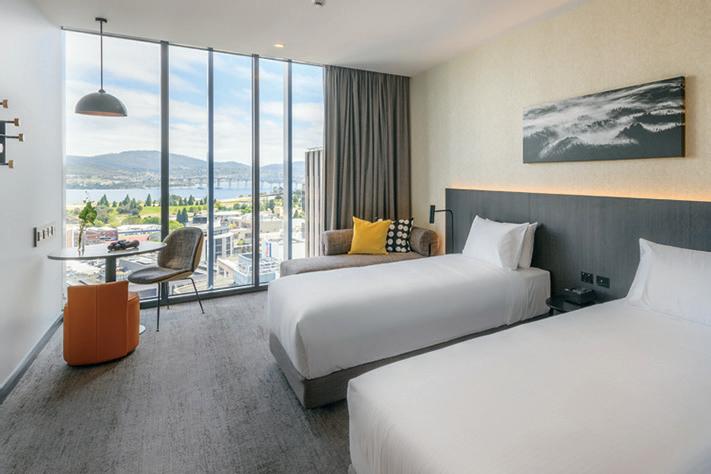
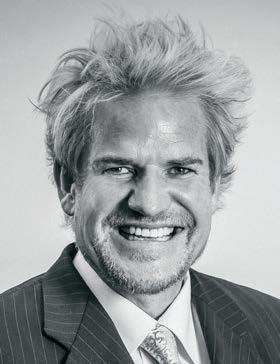
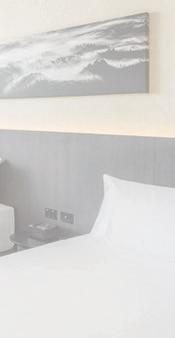


























The essential industry guide Registered by Aust. Post Print Post No. 100024635 Issue 87 | Autumn 2024 | AUD $16.50 incl GST | accomnews.com.au
sleep SPECIALISTS IN ACCOMMODATION FURNITURE FF&E AND JOINERY Custom made furniture including packages & finance solutions. CALL NOW TO LEARN MORE Dennis Clark MDIA | 0421 384 212 www.hotelinteriors.com.au | info@hotelinteriors.com.au | 1300 876 055
Koala’s mattress technology innovations are unlocking better

































































































































































































AccomNews is distributed quarterly to hotel, motel, resort and apartment properties throughout Australia by Multimedia Pty Limited.
The views and images expressed in AccomNews do not necessarily reflect the views of the publisher. The information contained in AccomNews is intended to act as a guide only, the publisher, authors and editors expressly disclaim all liability for the results of action taken or not taken on the basis of information contained herein. We recommend professional advice is sought before making important business decisions.
Advertising Conditions
The publisher reserves the right to refuse to publish or to republish without any explanation for such action. The publisher, it’s employees and agents will endeavour to place and reproduce advertisements as requested but takes no responsibility for omission, delay, error in transmission, production deficiency, alteration of misplacement. The advertiser must notify the publisher of any errors as soon as they appear, otherwise the publisher accepts no responsibility for republishing such advertisements. If advertising copy does not arrive by the copy deadline the publisher reserves the right to repeat existing material. Disclaimer Any mention of a product, service or supplier in editorial is not indicative of any endorsement by the author, editor or publisher. Although the publisher, editor and authors do all they can to ensure accuracy in all editorial content, readers are advised to fact check for themselves, any opinion or statement made by a reporter, editor, columnist, contributor, interviewee, supplier or any other entity involved before making judgements or decisions based on the materials contained herein. AccomNews its publisher, editor and staff, is not responsible for and does not accept liability for any damages, defamation or other consequences (including but not limited to revenue and/or profit loss) claimed to have occurred as the result of anything contained within this publication, to the extent permitted by law. Advertisers and Advertising Agents warrant to the publisher that any advertising material placed is in no way an infringement of any copyright or other right and does not breach confidence, is not defamatory, libellous or unlawful, does not slander title, does not contain anything obscene or indecent and does not infringe the Consumer Guarantees Act or other laws, regulations or statutes. Moreover, advertisers or advertising agents agree to indemnify the publisher and its’ agents against any claims, demands, proceedings, damages, costs including legal costs or other costs or expenses properly incurred, penalties, judgements, occasioned to the publisher in consequence of any breach of the above warranties.
© 2024-2025 Multimedia Pty Limited. It is an infringement of copyright to reproduce in any way all or part of this publication without the written consent of the publisher. Pty Limited PO Box 1080, Noosaville BC, QLD, Australia 4566 Phone: +61 (07) 5440 5322 mail@accomnews.com.au www.accomnews.com.au
EDITOR
Mandy Clarke, editor@accomnews.com.au
INDUSTRY REPORTERS
Sarah Davison and Grantlee Kieza
PRODUCTION
Richard McGill, production@accomnews.com.au
ADVERTISING
Stewart Shimmin, s.shimmin@accomnews.com.au
Joe Clarke, j.clarke@accomnews.com.au
Dee Dawson, d.dawson@accomnews.com.au
SERVICE/SUBSCRIPTIONS
Gavin Bill, service@accomnews.com.au
CONTRIBUTORS
Henry Valentine Clarke, Judy


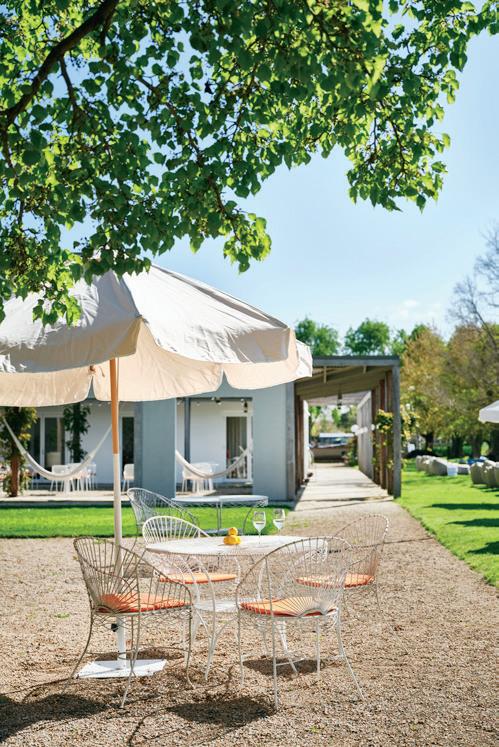

04 AccomNews - Autumn 2024 FRONT DESK 16 Inside our Autumn issue
Senn, Kerry Williams, Liz Lycette, Michael Johnson, Peter Shelley, Stephen Ferguson, Stuart Lamont & Tina Markowitz KEY Commercially funded supplier profile or supplier case study Supplier information or content Suppliers share their views in one-off, topical pieces General editorial. Case studies and features may cite or quote suppliers, please be aware that we have a strict ‘no commercial content’ guideline for all magazine editorial, so this is not part of any commercially funded advertorial but may be included as relevant opinion. Happy reading! Front Desk .......................................................................... Editor's Note: Conversations, collaborations & embracing change 05 Industry .............................................................................. AA Voice: The STRA boomerang comes to NSW 06 AHA Voice: Excise and migration on hospitality’s budget wish list 07 CIAA Voice: Drive tourism: Embracing new energy for sustainable growth 10 ATEC Voice: Balancing the tourism balance sheet 12 Accessibility: Marketing tips for operators to engage travellers with disabilities 14 Profiles ............................................................................... Interview: How Koala's mattress technology innovations are unlocking better sleep 16 Interview: Chip Rogers opens up on Airbnb, AHLA, and the future of hospitality 20 Management ...................................................................... Mandala Hospitality Group: John Zeckendorf hits the heights with regional focus 22 Elena oversees Mandala Hotels and Resorts’ third-party expansion 24 Strategic pathways for property owners 26 More strategic pathways for property owners 28 Technology ......................................................................... Beyond the brochure: Innovating in-room guest services with Digital Compendiums 32 Is your guest wifi hindering a chance for a 5-star review? 34 Housekeeping .................................................................... Navigating the seas of housekeeping excellence: Insights from Royal Caribbean’s fleet 35 Sustainable sophistication with eco-friendly dispensers 36 Clean clothes with minimum space 42 Paper products 101: A practical overview for your business 44 Essentials for cosy winter bedding 46 Refurbishment ................................................................... Outdoor furniture trends for hotels, resorts & holiday parks in 2024 48 Case Study – Lancemore Milawa: Seasonal splendour in the heart of the High Country 50 Safety & Security ............................................................... Cracking the code: Accommodating after-hours arrivals 54 Guest Facilities .................................................................. Robotic pool cleaners transform accommodation maintenance ................. 56 Human Resources .............................................................. Future-proofing hospitality: The imperative of continuous learning 58 Marketing ........................................................................... Op-Ed: How to embrace influencers looking for freebies 60 Why hotels shouldn't rely on ROAS to measure the success of a campaign 62 What’s Hot ...................................................................... 64 Preferred Supplier Directory ......................................... 66 20 50 60
Conversations, collaborations & embracing change
Welcome to the Autumn edition of AccomNews.
Once again, I am thrilled to present an edition filled with industry updates and insights that could shape your world in the year ahead. Since our last edition, I've spent some time working from New Zealand. Alongside my usual editorial duties, I've been involved in some interesting happenings.
I'm excited to share that I've been participating in the ANZ 2024 Program Planning Committee for HICAP, it’s shaping up to be an incredible event and not one to miss. In March, I flew back to Sydney to attend Ted's Technology Summit 2024, which proved enlightening. The standout takeaway? An urgent need for all of us to become AI savvy … fast!
Next month, I've been invited to attend TRENZ, New Zealand’s
















largest international tourism business event, in Wellington. I'll be sharing updates on the AccomNews website and social media, so be sure to follow.
One of the highlights of my job is meeting intriguing individuals, and at Ted's Technology Summit, I had the privilege of an exclusive conversation with William “Chip” Rogers, former President and CEO of the American Hotel &
Lodging Association (AHLA). He offered his thoughts on the future of hospitality and the challenges posed by Airbnb. Enjoy our interview on page 20, where among many important issues, he discusses the complexities of regulating short-term rental platforms like Airbnb, emphasising the need for industry-wide cooperation and protection of residential communities.
On page six, Michael Johnson, CEO of Accommodation Australia, addresses the same debate around short-term rental accommodation (STRA) and the nation’s housing shortage. He outlines the Association’s recommendations.
In this edition, we also feature an interview with James Whitta, one of the longest-serving members of Koala’s executive team, working as the Vice President of Product & Design. He shares the
company’s story and discusses the latest advancements in mattress technology, and the brand's expansion to accommodate the needs of hotels and accommodations.
On page 22, we present another exclusive interview, this time with John Zeckendorf, a Principal of Mandala Hotels and Resorts, “Australia’s leading regional hotel operator servicing individuals and groups.” His inspiring story, shared with Grantlee Kieza, is sure to captivate you.
Throughout the magazine, we explore strategic pathways for property owners with 1834 Hotels and Quest Franchising. We also take a look at ecofriendly dispensers, cosy blankets, laundry solutions, paper products, and more...
Enjoy this edition of AccomNews Warmest regards, Mandy.


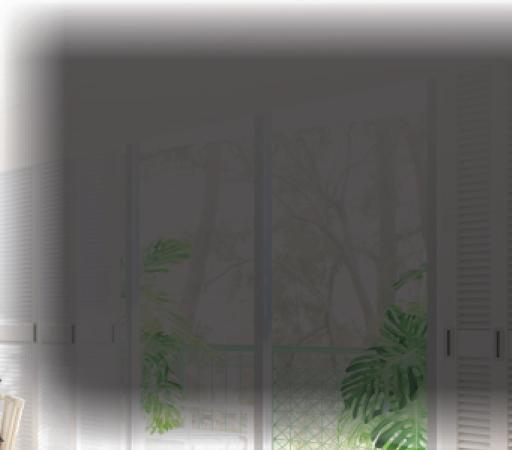
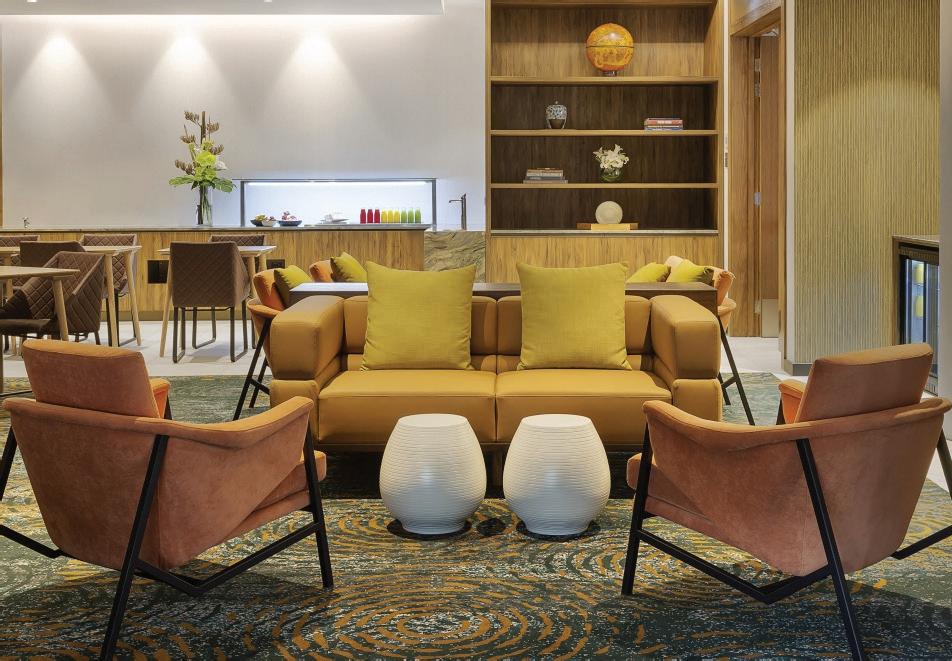
05 AccomNews - Autumn 2024 FRONT DESK EDITOR’S NOTE
Editor editor@accomnews.com.au www.hotelinteriors.com.au OUR SERVICES Dennis Clark MDIA info@Hotelinteriors.com.au1300 876 055 NUMBER IN HOTEL FIT OUTS Furniture FF&E design concepts 3D Rendering & Furniture Overlays Custom furniture and joinery manufacture Turnkey packages Project Management Inhouse quality control Freight and logistics management Full installation Commercial warranties Servicing Australia and Internationally SPECIALISING IN FURNITURE FOR HOTELS, MOTELS, SERVICED APARTMENTS, RESORTS AND REFURBISHMENTS.
Mandy Clarke,
The STRA boomerang comes to NSW
The debate around short-term rental accommodation (STRA) and the nation’s housing shortage has become a boomerang issue for our Association.
Every time a new body, be that a state, federal or local government, tries to grapple with the issue we end up having the same conversations, and we regularly steer those conversations away from knee-jerk reactions towards genuine solutions.
The recent inquiry into the rental crisis in NSW is no exception. Submissions made to the inquiry by accommodation platforms Airbnb and Stayz called for a new levy to be applied to all accommodation providers, including hotels.
To start with, this is simply unfair. Accommodation hotels do not contribute to the removal of housing stock from the longterm rental market and should not be levied with a tax to address rising rental costs.
We argued this most recently in Victoria and were subsequently exempt from the 7.5 percent levy on STRA platforms due to commence on January 1, 2025.
Many argue STRA companies are competition for our members, and we are simply looking for advantage over them, but that misses the greater point.
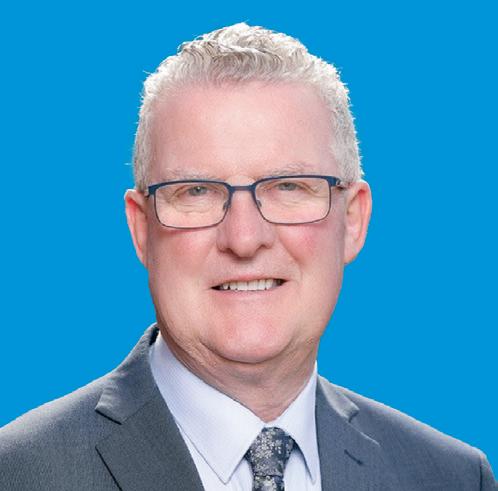
This is worse in prime tourist areas, like Byron Bay, which already has many accommodation options and where STRA has exploded in recent years.
On top of that, uncertainty about the regulation of STRA discourages investment in the commercial accommodation sector in general, which employs hundreds of thousands of people nationally and is worth billions to the economy.
In our submission to the NSW Government, we made it clear that we do not support a levy on any accommodation.
We do not support it because it will simply be passed on to consumers, damaging tourism further, and because in the end it will not reduce STRA listings or return properties to the long-term rental market.
Unfettered, underregulated STRA has gone too far
We believe a more stringent multifaceted regulatory approach which includes caps and better enforcement of STRA registration, as well as data sharing by the platforms, will deliver the outcome the government and our industry needs.
We came to these conclusions by reviewing what governments here and overseas have tried and how it worked.
For example, Western Australia now has a state-wide registration process, a 90-day cap beyond which a DA is needed as well as a financial incentive of $10,000 for Perth owners to revert to long-term rental.
Brisbane City Council requires a development application for STRA and a rate surcharge increase on short-term properties of 65 percent, and Byron Shire Council will have a limit of 60 days per annum from 2024.
authorised to implement a lower cap depending on their situation.
We should continue the obligatory registration for all STRA and increase fees for un-hosted properties to cover stronger compliance monitoring.
We think registration data, using a registration number unique to a particular property, should be shared across platforms to ensure the property’s full rental activity is tracked with an obligation on platforms and STRA systems to share data.
The listing number should be displayed on all advertisements of that unit, and it should be available for viewing by persons other than government.
In particular, in strata buildings the strata management company should be able to access the register of properties being used for STRA and the register should record the dates on which the property was used for this purpose.

continue to face staff and skills
The short-term rental crisis significantly impacts our industry. Accommodation properties continue to face staff and skills shortages — particularly in regional destinations — and when hotels, motels and serviced apartments can find suitable staff there is nowhere to house them.




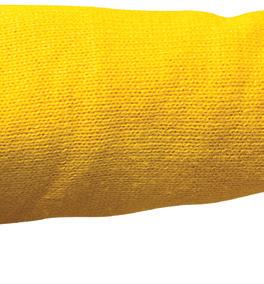

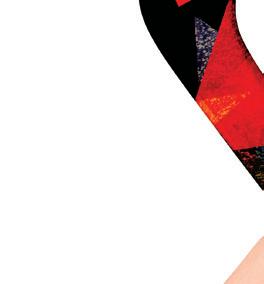
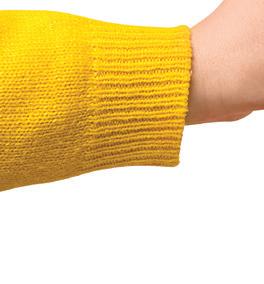
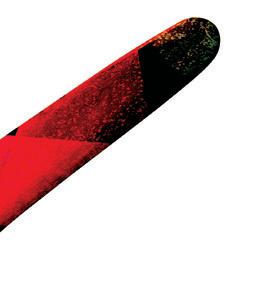


New York has now limited Airbnb to only “hosted” accommodation, where the owner is on site, and the State of Penang, in Malaysia, has banned Airbnb in all but serviced apartments where 75 percent of residents have agreed to allow it.
Here in NSW, we have 35,000 dwellings used as nonhosted short-term rental accommodation, 15,000 hosted dwellings, and 45,000 dwellings used as holiday homes only, and not as short-term rentals.
We recommend focusing on the first group because they can more readily shift from short-term to long-term rental.
Among the many recommendations in our submission, we would like to see a NSW-wide cap of 90 days for unhosted STRA with local councils
Property owners seeking to exceed the cap must apply for DA approval and be subject to commercial regulation like hotels must, and local councils should be able to charge higher than residential rates for properties registered as STRA.
Our policy is focused on influencing property owners to reconsider long-term rental.
It allows for regional differences in long-term rental demand and seasonal tourism and balances the needs of property owners with the needs of the community.
It is also designed to send a clear signal to property owners and the STRA industry that unfettered, under-regulated STRA has gone too far.
06 AccomNews - Autumn 2024 INDUSTRY AA VOICE
Michael Johnson CEO of Accommodation Australia
© Adobe Stock, stock.adobe.com
Excise and migration on hospitality’s budget wish list
In the lead up to the Albanese government’s third federal budget, due to be handed down on May 14, the AHA National office has been working on a comprehensive pre-budget submission.
We are realistic about the economic realities of balancing a budget and acutely aware that the rising cost of living is putting pressure on households.
The thousands of hotels we represent across the nation are at the frontline of this cost of living squeeze, as the cost of power, insurance, goods and services rise, and the amount of income patrons have left for a drink or a meal evaporates.
But we think our submission includes sensible, commonsense measures that can easily be implemented and will make a difference to our industry and the millions of patrons we serve each and every year.
What follows is a snapshot of the submission officially lodged on January 25, 2024.
Excise and FBT
As always, the AHA has recommended a freeze on the liquor excise.
Excise is a hidden tax that governments of all stripes increase by stealth every six months, and have done so for the past 35 years. Hotels and bottle shops have no choice but to pass this tax on, which effectively means that the consumer ends up paying more than $8 billion extra in tax. Over 11 million Australians visit a pub once each three months, and it is these people who bear the tax burden.
We also recommend removing Fringe Benefits Tax (FBT) from hospitality.
The big business firms have all circumvented the FBT rules by taking their hospitality in-house to their plush boardrooms.

Small to mid-sized businesses don’t have the luxury of fancy boardrooms to avoid FBT, so as a result must incur FBT if they want to entertain clients at a hotel or restaurant.
All we are asking is for a level playing field.
Migration
A big focus for the AHA at present is on migration.
We hear constant comment in the public sphere calling for a reduction in migration and the most common argument used is the housing crisis.
We recognise that housing is a massive issue — it affects our industry as well. It is extremely difficult to get chefs and other skilled workers to work in
All we are asking is for a level playing field
regional areas because there is simply nowhere for them to rent.
But let’s not forget that housing is within the control of all levels of government and it is within their capacity to fix the issues. This is especially true at the local government level. Clearing the backlogs and speeding up the approval processes for development applications, building approvals and occupancy certificates would go a long way to solving the housing problem.
We also can’t forget that it was the Federal Government in April 2020 that told visitor visa holders and international students that “the time has come to return to their home countries”. This was against the strong advice of the AHA, who advised that the hospitality and accommodation industry would need those workers when the world began to open up again.

We advised that when the world began to open up again, there would be a global contest for skills – and that is exactly what happened.
A key reason for the recent high migration intake has been to bring back our skilled workers, backpackers and international students — all of whom are essential for our industry.
Gas and workforce participation
The cost and availability of gas is another big issue.
Gas is critical to hotel kitchens, but some state governments want to get rid of gas completely.
Australian hotels and the broader food service sector want to retain gas as their preferred cooking method – at the moment there is no viable equivalent. Gas provides a more reliable and cheaper source of energy than electricity and produces better meals.
We also want to maintain focus on increasing workforce participation.
The Federal Government can help, for example, by increasing the level of mature-aged employment income for the age pension. There is a pool of retired people out there and many older workers who lost jobs during the pandemic, and these people have the ‘soft skills’ needed to work in hospitality. They are reliable, hard-working, and mature and we should make it economically beneficial for them to work.
We would also like to see more incentives to encourage businesses to employ apprentices.
07 AccomNews - Autumn 2024 INDUSTRY AHA VOICE
Stephen Ferguson CEO, Australian Hotels Association
© Adobe Stock, stock.adobe.com
Introducing the new-look Business iQ: The world’s leading guest engagement & upsell platform is set for its most exciting upgrade yet. We’re thrilled to unveil the new user interface and hotel operation enhancements, set to revolutionise the guest engagement experience at your hotel.
Featuring a new dynamic layout and enhanced user-friendly experience, Business iQ allows you to easily customize the interface to reflect your hotel’s unique personality and offerings.


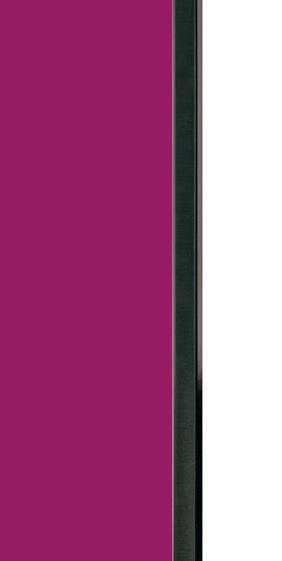
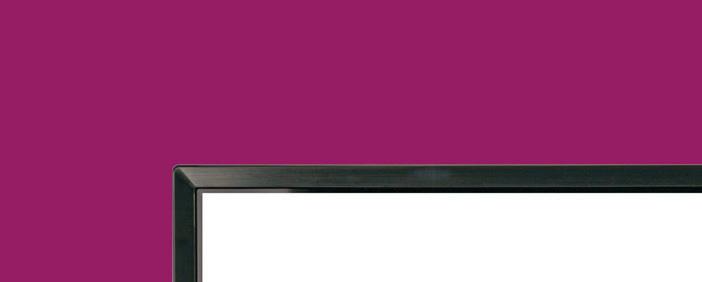
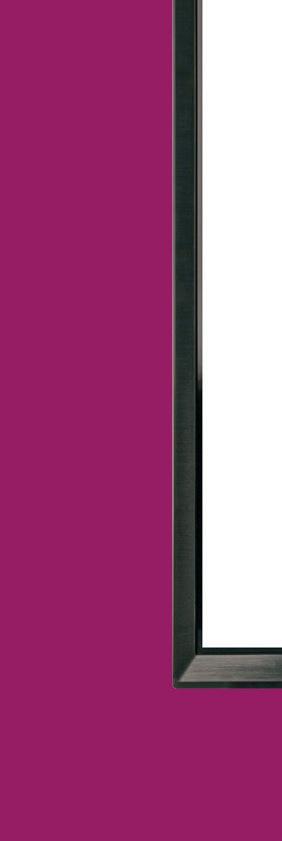
Book an in-person or online demo today. Or feel free to send any questions to business.iq@foxtel.com.au Call 1300 138 898 With an all-new digital compendium And


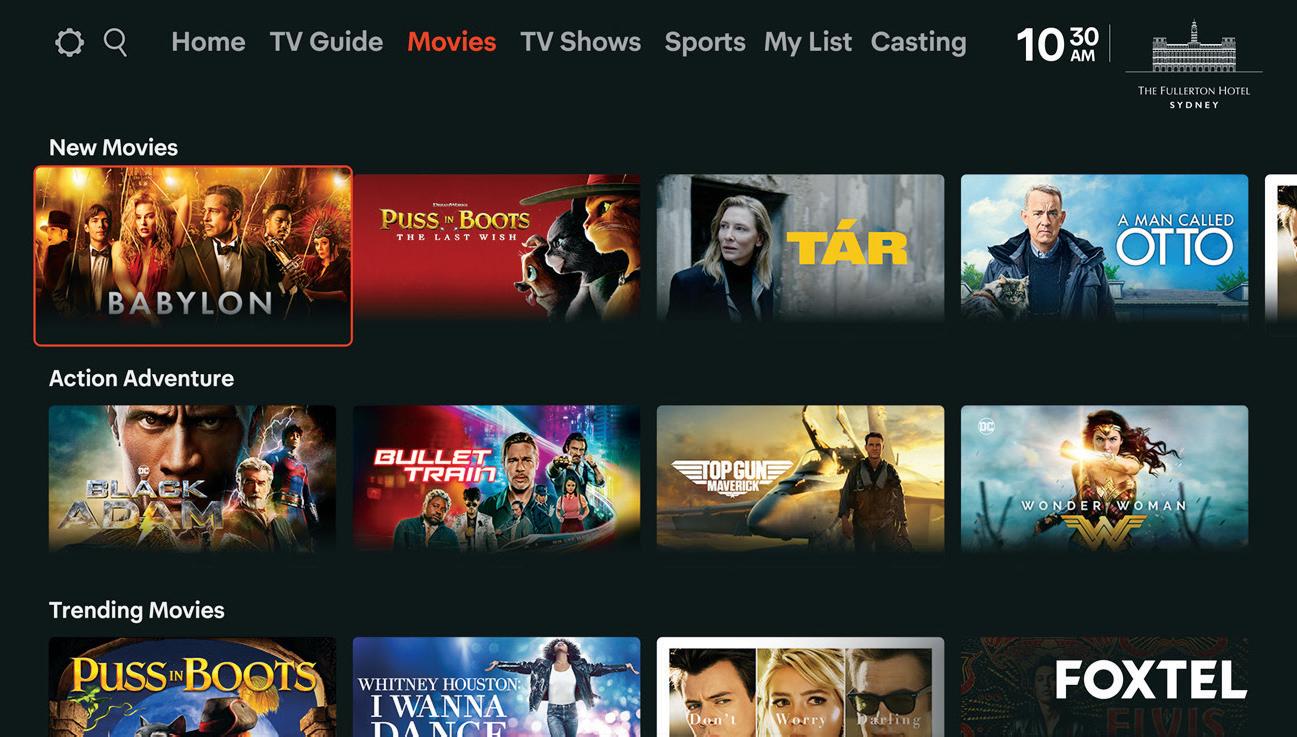

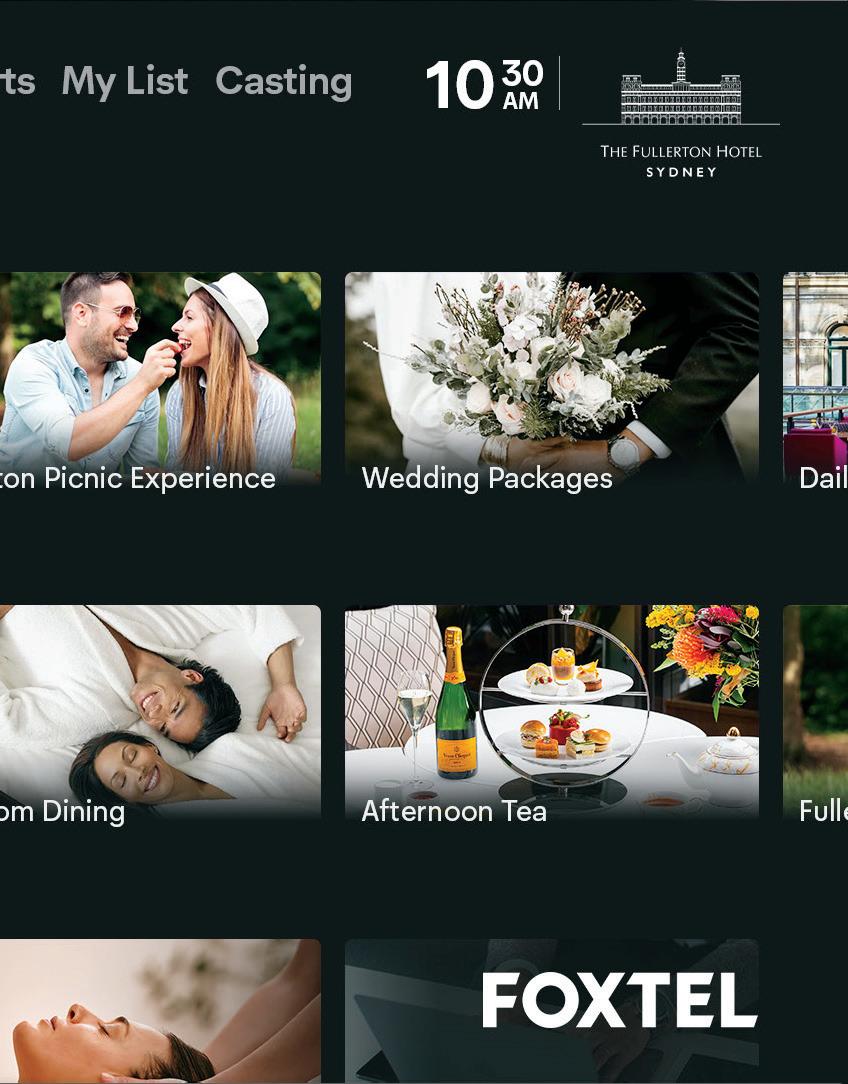


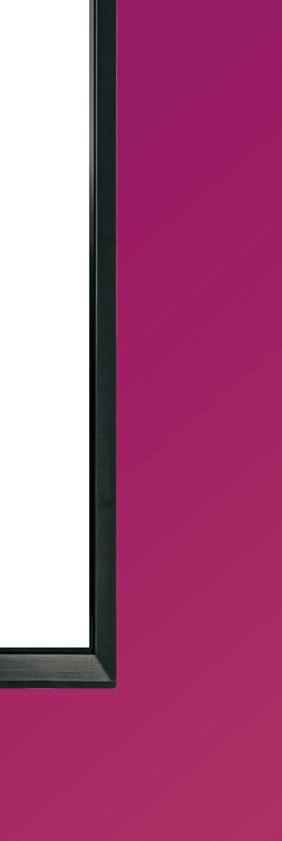
A game-changing technology upgrade is coming to 500+ hotels
a
dynamic, user-friendly layout
Over 4 million hours of guest engagement per month, set to increase post-upgrade

1 2 3 4
Send personalised messages
Customised background screens
Promote hotel services
Drive in-house transactions
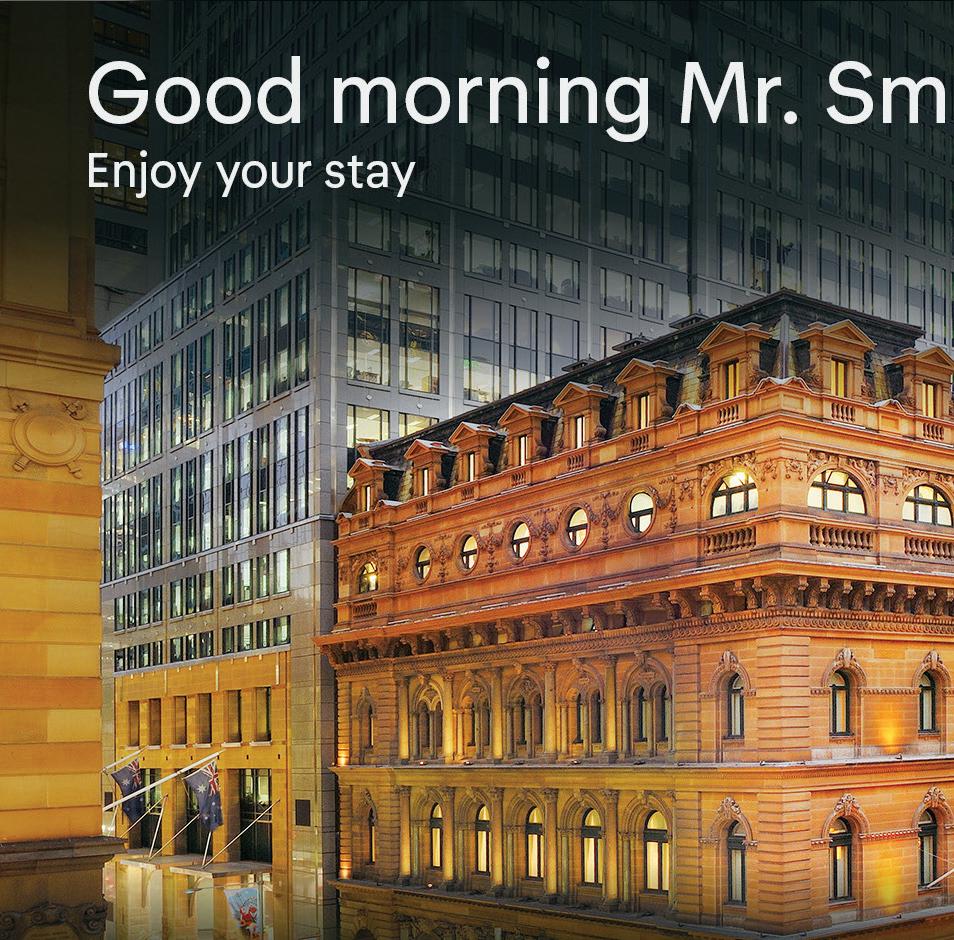
$

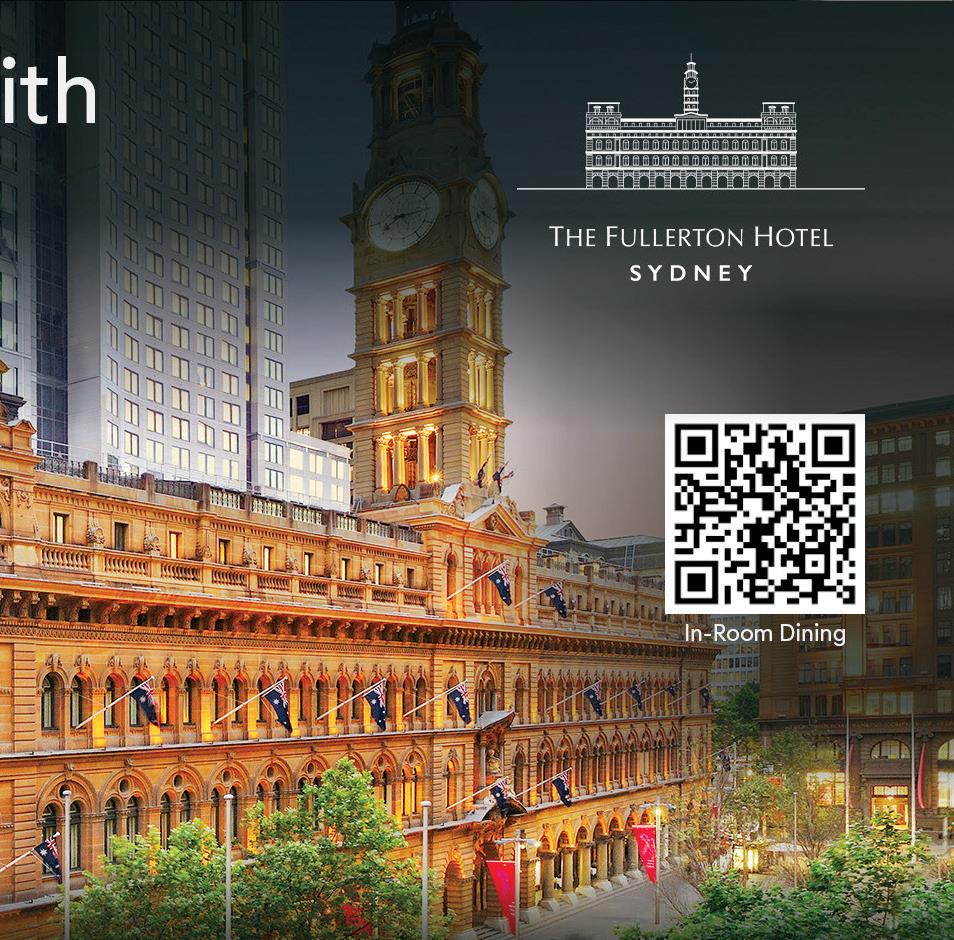







Guest upsell platform Cloud technology
Lifetime value Infinite entertainment Modern UX
Drive tourism: Embracing new energy for sustainable growth
As Australia stands on the cusp of a transformative energy shift towards a low-emissions future, the caravan and tourism sectors find themselves at a pivotal crossroads. The movement towards lowemissions vehicles and electric vehicles (EVs) presents a distinct set of opportunities and challenges, particularly for drive tourism and the caravan park industry.
With caravanning contributing an astounding $10.9 billion per annum to regional and rural economies, the integration of new energy solutions within this sector is not just an environmental imperative but a significant economic opportunity.
Today, there are approximately 1500 caravan parks in Australia, which employ about 50,000 Australians (many of which are in regional Australia) as well as generating many more indirect jobs. As drive tourism accounts for 75 percent of all tourism in regional Australia, this segment of the market has always been a lifeline for Australia's regional and rural areas. It not only supports local businesses but also promotes the dispersal of tourists away from congested urban centres, thus ensuring a more sustainable and equitable distribution of tourism's economic benefits.
Quantifying the drive tourism footprint, key statistics demonstrate the sustained appetite:
• Total visitor expenditure as of Y/E December 2023 is $10.7 billion, with 89 percent of nights being spent in regional Australia.
• As of Y/E December 2023, a total of 56.2 million nights were as a result of self-drive travel, in comparison to 2.9 million nights resulting from fly-drive travel.



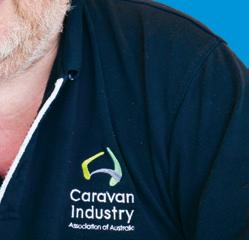
• In December 2023, the average total distance travelled return to caravan parks was 1407.81km.
• As of Y/E December 2023, rolling annual visitor trip growth is sitting at 1 percent.
As we embrace a low-emissions future, caravan parks play a critical role in sustaining this momentum. Charge infrastructure and the activation of the accommodation sector to install charging points will be key in facilitating the long-term recovery of regional tourism. This will ensure that Australia's vast and picturesque landscapes remain accessible and appealing to the environmentally conscious traveller.
One of the most immediate ways caravan parks can align with this new energy future is through the provision of EV charging infrastructure. Fast charging stations, accessible publicly at the front of caravan parks (outside the boom gate), offer a dual benefit. Firstly, they serve as a crucial amenity for day-trippers and those
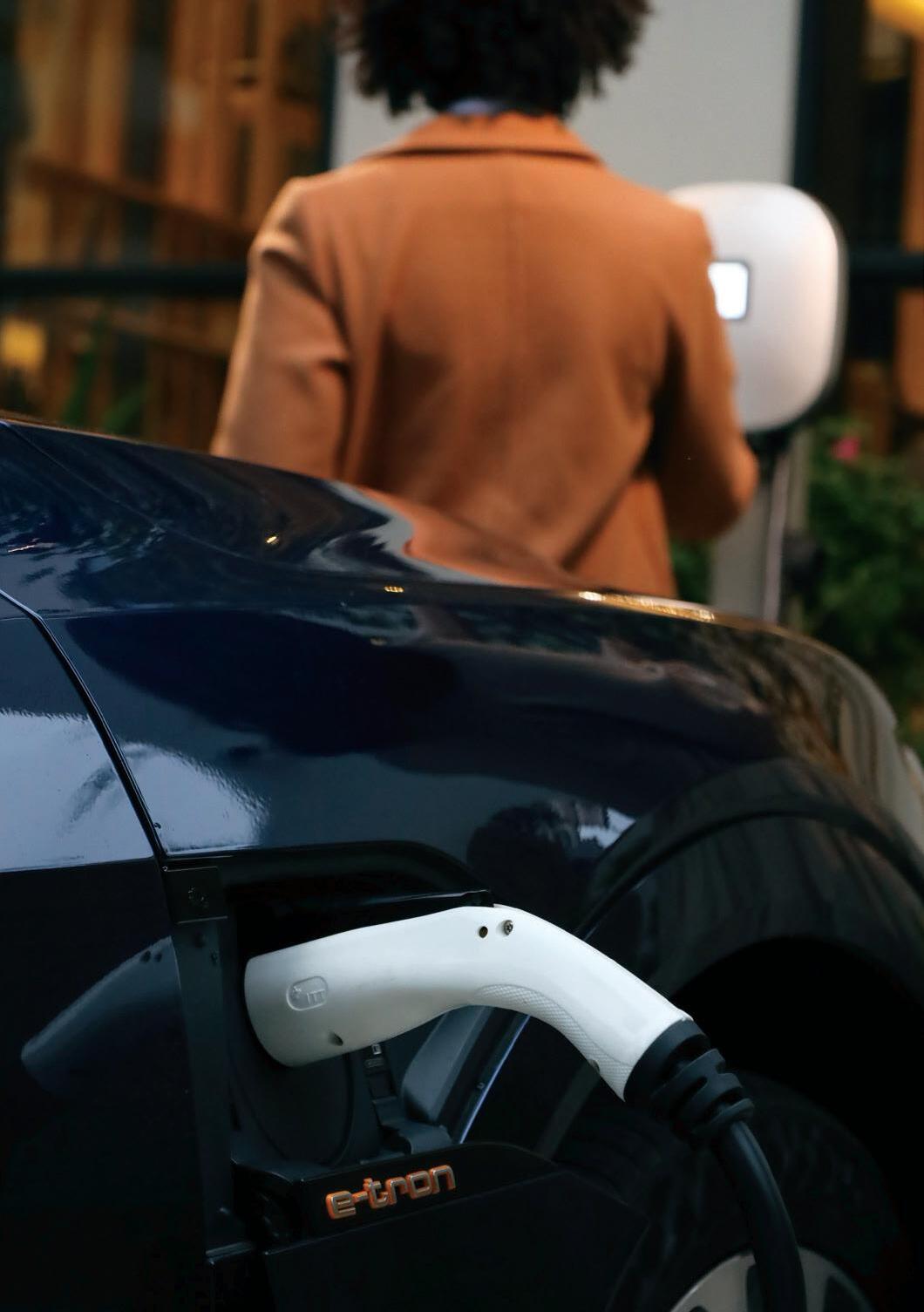
passing through, encouraging EV owners to explore further afield with the confidence that charging infrastructure is readily available. Secondly, these facilities can act as a drawcard, attracting visitors to the park and the surrounding region, thereby supporting local businesses and communities.
There are lots of benefits of parks installing destination charging:
• Opportunity to acquire new visitors.
• Enhancing the visitor experience.
• Providing EV drivers with improved travel planning.
• Drivers encouraged to stay longer – caravan parks have other facilities for day-trippers – onsite cafes and beach access.
• Promotes the park – additional features and facilities.
• Contributing to sustainable tourism.
Behind the boom gate, the opportunity for caravan parks to offer trickle feed chargers for guests to use overnight is equally compelling. Such facilities not only enhance the guest experience by ensuring convenience and peace of mind but also position caravan parks as leaders in sustainability and innovation. This move can significantly increase the appeal of parks to a growing segment of the market that values environmental stewardship and is looking for tourism options that align with their principles.
Investing in EV charging infrastructure is not just about keeping pace with technological advancement; it's a strategic enabler of regional dispersal. By eliminating 'range anxiety', parks equipped with charging facilities can encourage tourists to venture beyond the major cities and explore the hidden gems of Australia's regional and rural landscapes. This is crucial for the continued vitality
10 AccomNews - Autumn 2024 INDUSTRY CIAA VOICE
Stuart Lamont CEO, Caravan Industry Association of Australia
Image courtesy of ChargeBoss
and sustainability of these areas, helping to spread the economic benefits of tourism more widely and reduce the environmental impact of travel.
Furthermore, the transition towards a new energy future offers caravan parks the chance to rethink and revitalise their offerings. Incorporating renewable energy sources, such as solar panels to power the charging stations, can significantly reduce operational costs over time and further enhance the environmental credentials of the park.
Additionally, the integration of smart technology can improve efficiency and guest experience, from booking systems that indicate charging station availability to apps that provide real-time information on local attractions and eco-friendly initiatives.
However, realising these opportunities requires collaboration across all levels of government, industry, and the community. Investment in infrastructure, particularly in remote and regional areas, must be accompanied by supportive
policies and incentives that encourage both the uptake of EVs and the development of sustainable tourism practices. Furthermore, education and awareness campaigns are essential to promote the benefits of eco-friendly travel and to ensure that tourists are wellinformed about the availability and location of charging facilities.
In conclusion, as Australia moves towards a new energy future, the caravan and tourism sectors have a golden opportunity to lead the way in sustainable travel. By embracing the shift towards electric vehicles and investing in the necessary infrastructure, caravan parks can not only enhance their appeal to a broader range of tourists but also contribute significantly to the economic and environmental sustainability of Australia's regional and rural communities.
The road ahead is undoubtedly challenging, but it is also paved with immense potential. Through innovation, collaboration, and a commitment to sustainability, the caravan industry can ensure that drive tourism continues to thrive in the low emissions era,
bringing benefits to all Australians for generations to come.
A notable trend in the caravan sector is the increase in driveable product, expanding tourism opportunities for smaller communities, with the average spend of travellers per night sitting on average at $180. Drive holidays to destinations like Tasmania are crucial for domestic and local economy contributions in 2024. The new Spirit of Tasmania offering will kick off in 2024 with increased capacity and easier access through its Geelong terminal, we anticipate this to be a major hit with travellers from across Australia, who have dreamt of hitting the Apple Isle but have been restricted due to its lack of Spirit capacity.
It is great to see, our industry remains in fine shape in 2024. Despite economic challenges, Aussies still caravan in record numbers, thanks to local manufacturing and trip value. As an industry, we must encourage responsible touring and manufacturing to build on our momentum. The open road still calls louder than ever for Australians in 2024.
2024 National Caravan Industry Conference
Caravan Industry Association of Australia’s annual national conference is Australia’s largest gathering of the industry’s decision-makers under one roof. Each year the event attracts delegates representing all sectors of the industry, facilitating industry-specific learning and networking, business opportunities and allowing delegates to connect with the leaders of the caravan and camping industry.
2024 is shaping up to be the best Caravan Industry Conference yet. With world-class speakers delivering unbeatable content, and the return of all the popular social events, delegates are in for a treat with personalised content and lots of opportunity to connect and grow.
This year’s conference will be held at RACV Royal Pines Resort, Gold Coast from May 15 to 17, 2024, for anyone looking to attend this stand-out event visit caravanconference.com.au for more information.
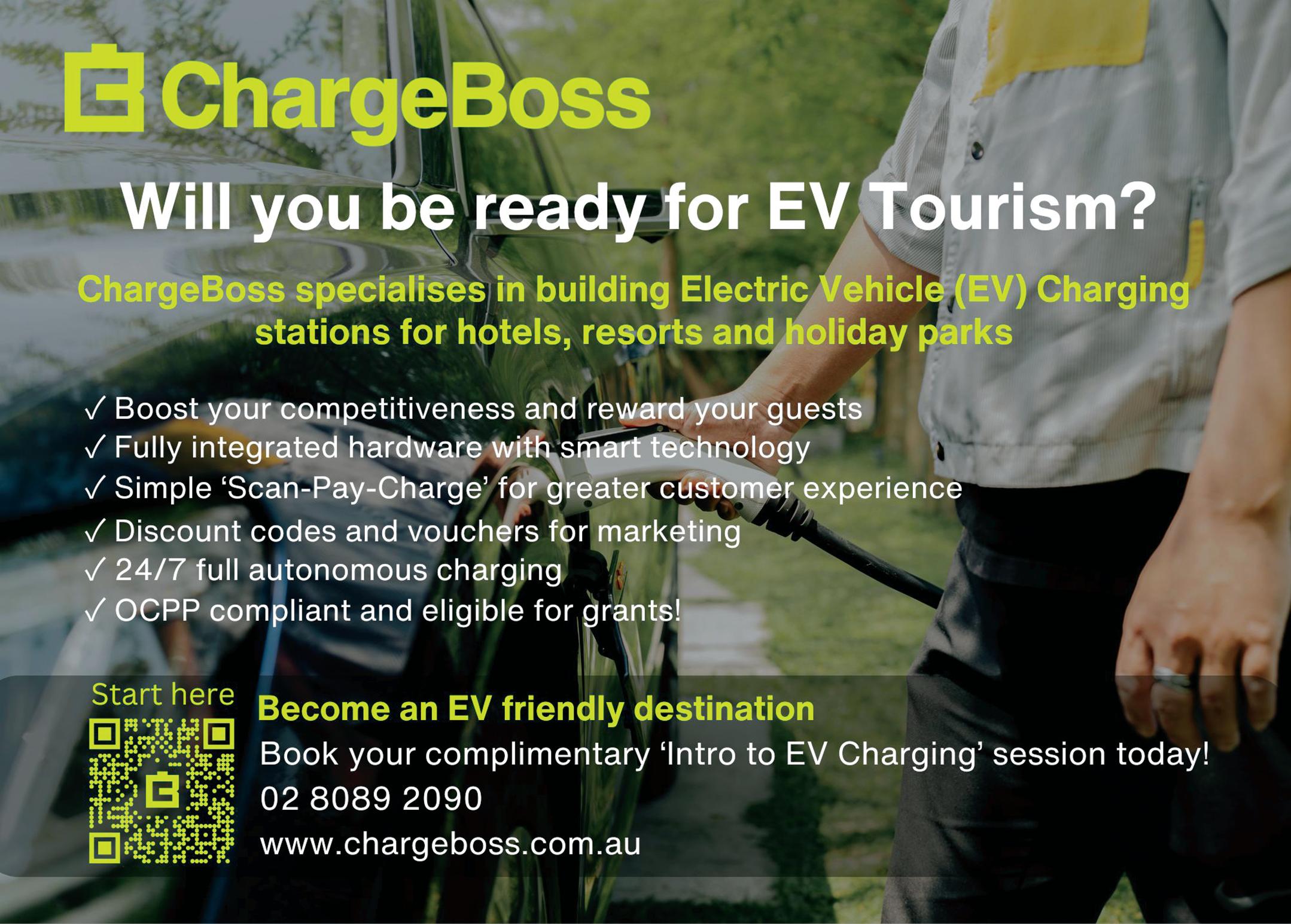
11 AccomNews - Autumn 2024 INDUSTRY
Balancing the tourism balance sheet
Here we sit, four years since our borders suddenly closed to the world and Australia became one of the most isolated destinations on the globe. With all the restrictions, mandates and masks gone, it's very much resumption of normal service. What is surprising however, is the slow recovery of our valuable international holidaymaker segment with the past three reported months remaining around 30 percent down on 2019 numbers. Despite this, there was a notable buoyancy among Australia’s tourism export businesses when we met recently at the Destination Australia conference in Sydney. While there is recognition that the rebuild is slow moving, there is quiet confidence we are past the worst.
So where does this positivity come from? Perhaps it's in the numbers – while we are still down 30 percent on holiday visitor numbers, in dollar terms holiday spend is pretty much back to 2019 levels.
Of course, part of the increase in spend can be attributed to inflation growth since 2019, however we also recognise that spend per visitor has also increased. While we remain 30 percent down on holiday visitor numbers, we also remain at least 30 percent down on additional tourism export income – a value well worth pursuing.
By comparison, Australians are getting right back into their holidays, heading overseas in droves making ‘holiday’ the main reason for overseas travel from Australia last year. It's by far the most popular reason to travel, taking up 57 percent of our Aussie departure numbers with visiting friends and relatives (29 percent) and business (six percent) far in the distance.

One thing ATEC is keeping a close eye on is the tourism balance of payments – the difference between how much Australians take out of our economy to spend on holidaying overseas, and how much we make from the international visitors taking holidays here.
Australians holidaying at home during the pandemic played a huge role in helping our industry survive the international border closures.
Businesses that were able to convert their product to meet domestic need were able to fill some of the huge gap left when their overseas visitors disappeared.
Australians are getting right back into their holidays
Now we are back to international travel there is a huge pull for those domestic travellers to once again take part in the great Aussie pastime of globetrotting. With around 800,000 Australians returning from overseas holidays in December alone, compared to the 262,000 international holidaymakers who came here, the equation looks strikingly concerning.
What this means in economic terms, according to the Australian Bureau of Statistics, is our tourism balance of payments is in deficit. The National Tourism Satellite Accounts show Australians spent around $41 billion in travelling overseas in 2022/23 compared to the $26 billion which international visitors spent
here. That’s a big imbalance in our tourism balance sheet. What we need to take note of is that while travel seems to be well and truly back on the agenda, the inbound sector is still lagging, and it’s having a widespread impact. We can see this in several indicators including tourism employment which once accounted for 5.1 percent of jobs in the economy but is now sitting at 4.1 percent. It's fair to say that there remains plenty to do over the next 12 months as we work in partnership with our demanddriving state and national colleagues to ensure the recovery of inbound numbers continues and in doing so, we actively close the gap of the existing travel trade imbalance.

12 AccomNews - Autumn 2024 INDUSTRY ATEC VOICE
Peter Shelley Managing Director, Australian Tourism Export Council
© Adobe Stock, stock.adobe.com
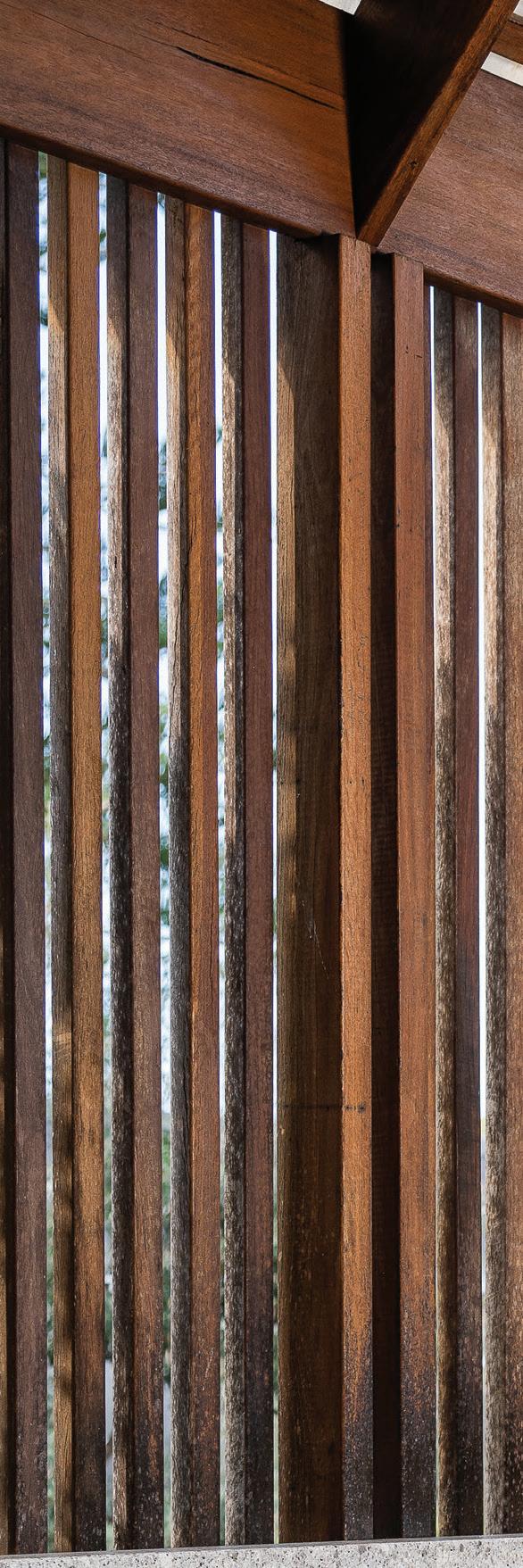

Barbecues for everyone

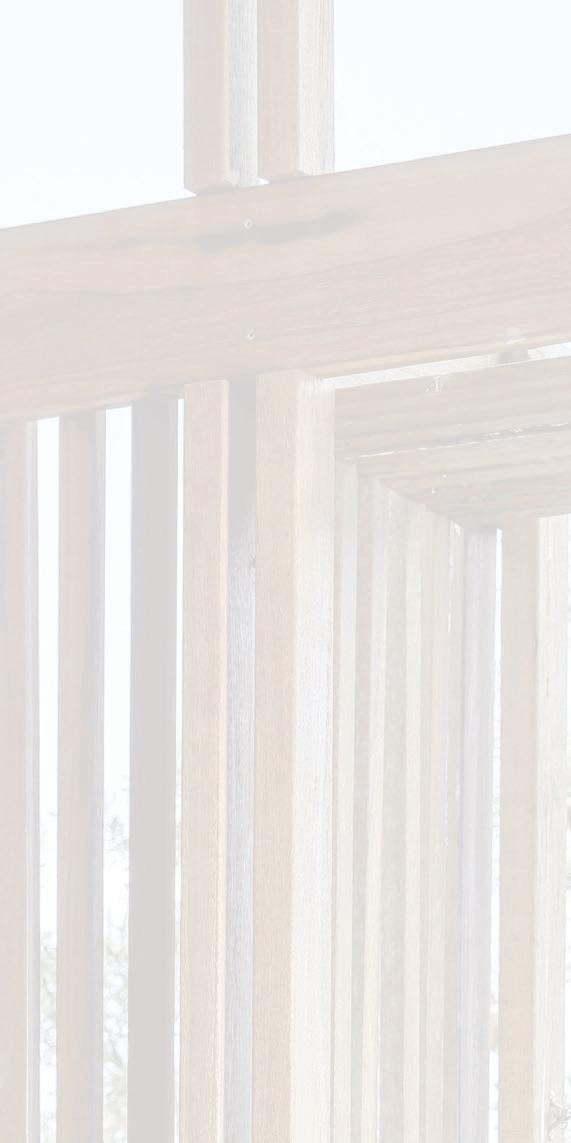
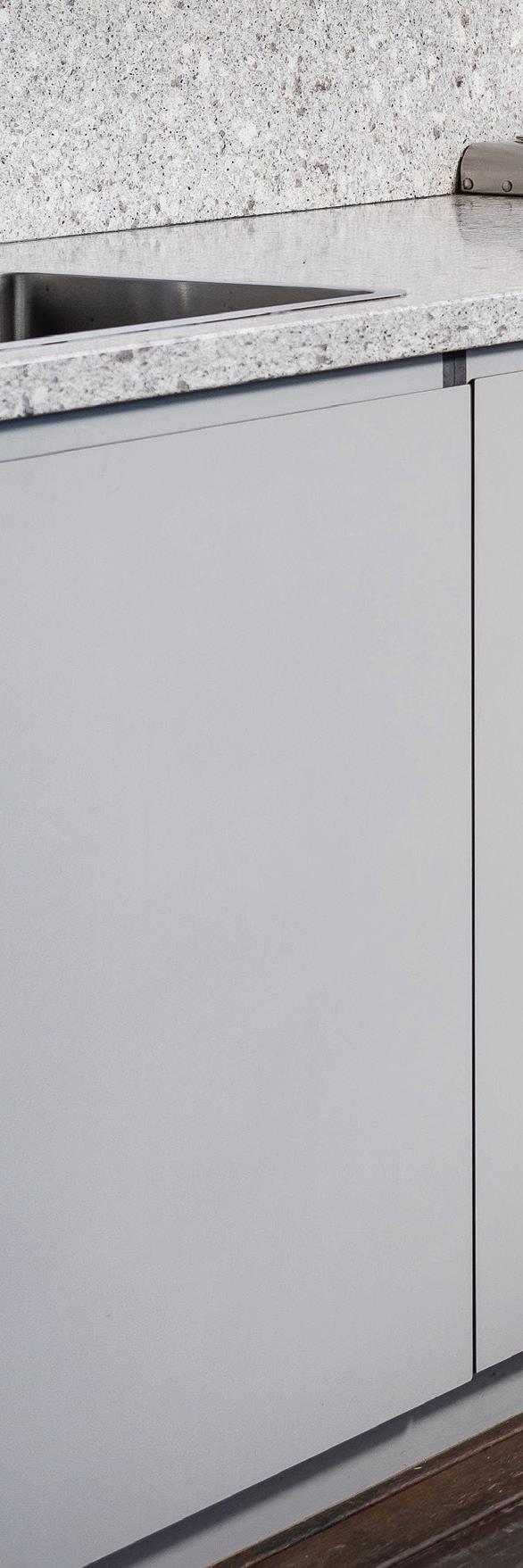




Our barbecue cooktops are versatile self-contained commercial cooking appliances. They integrate discreetly with any bespoke project that requires a safe, reliable, and energy-efficient cooking facility without compromising on quality, performance, or aesthetics.

Design without compromise
dachristie.com







Marketing tips for operators to engage travellers with disabilities
In the realm of tourism, inclusivity is not just a moral imperative but also a smart business strategy.
As the founder of Accessible Accommodation, I share valuable insights into essential marketing tips for tourism operators to effectively engage travellers with disabilities. Here are some key takeaways from more than 1000 website visitors each day.
Person-centred communication
At the core of effective communication with guests with disabilities is treating them like any other guest. In doing so, remember to use person-first language, acknowledging that the person "has a disability" rather than defining them solely by their disability. This linguistic shift reinforces the idea that disabilities do not define your guests who have a disability but are just one aspect of their identity.
Avoiding assumptions and providing clear information
You know the saying “Never assume otherwise you’ll make an ass out of you and me?”
Never assume that a guest with a disability requires X, Y and Z. It's crucial to address guests

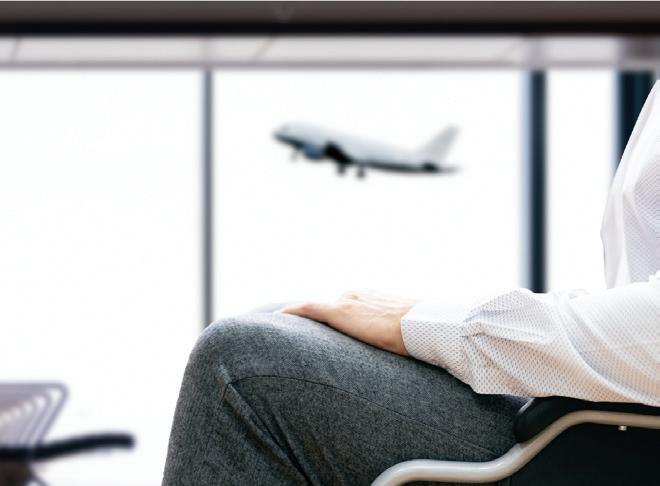

directly and avoid assuming they require assistance or cannot communicate for themselves. If you are unsure, simply ask them, “What can we do to make your stay an enjoyable one?”
Leveraging social media and visual communication
In today's digital age, social media plays a pivotal role in marketing strategies. Facebook is the most popular social communication platform among people with disabilities, mostly because they share great finds and poor experiences with the community. Tourism operators can leverage this platform to engage with a diverse audience effectively. Additionally, using imagery is paramount in conveying accessibility and inclusivity.

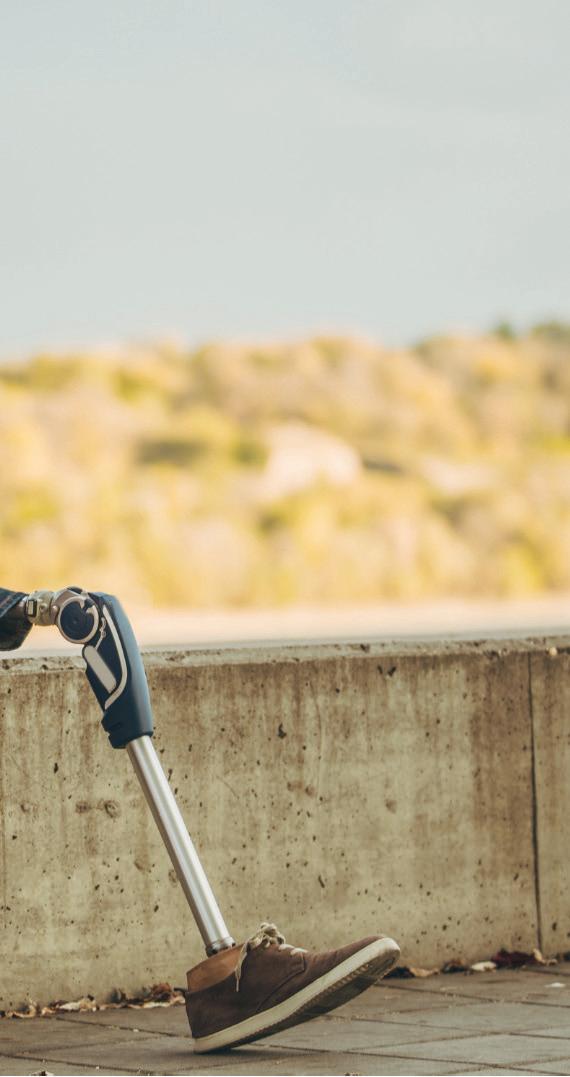
I recommend including photos of people with disabilities in situ within accommodations. Hiring a wheelchair from a pharmacy for a day and placing it in a room can help capture authentic and inclusive imagery that resonates with potential guests.
Embracing accessibility guidelines
Web Content Accessibility Guidelines (WCAG) are essential tools for ensuring digital content is accessible to all users, including those with disabilities. If you are not doing so already, explore the WCAG standards to create a seamless online experience for guests.
Mobile accessibility and simplified language
While 90 percent of travellers without disabilities use mobile devices to search and book,
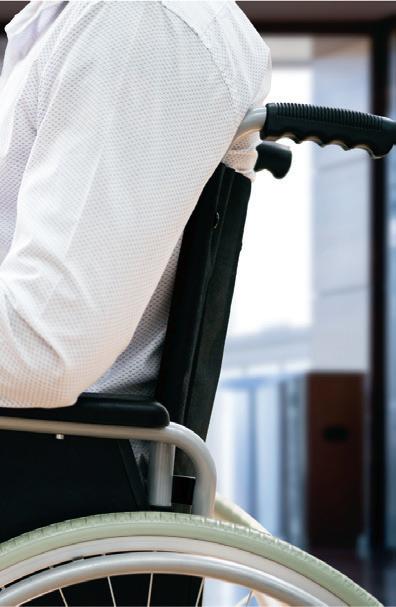
I have found that only 40 percent of people with disabilities do so. This may be because dexterity using a small device is a challenge or because the device is visually difficult to see. So, do ensure your desktop users have an immersive experience too. Also, simplifying language and avoiding jargon ensures that all guests can easily understand information, regardless of their abilities.
By adopting person-centred communication, leveraging social media, embracing accessibility guidelines, and prioritising clear and inclusive communication, operators can create welcoming and inclusive environments that cater to a diverse range of guests. In doing so, they not only fulfil their moral obligation but also tap into a growing market segment that values inclusivity and accessibility in their travel experiences.

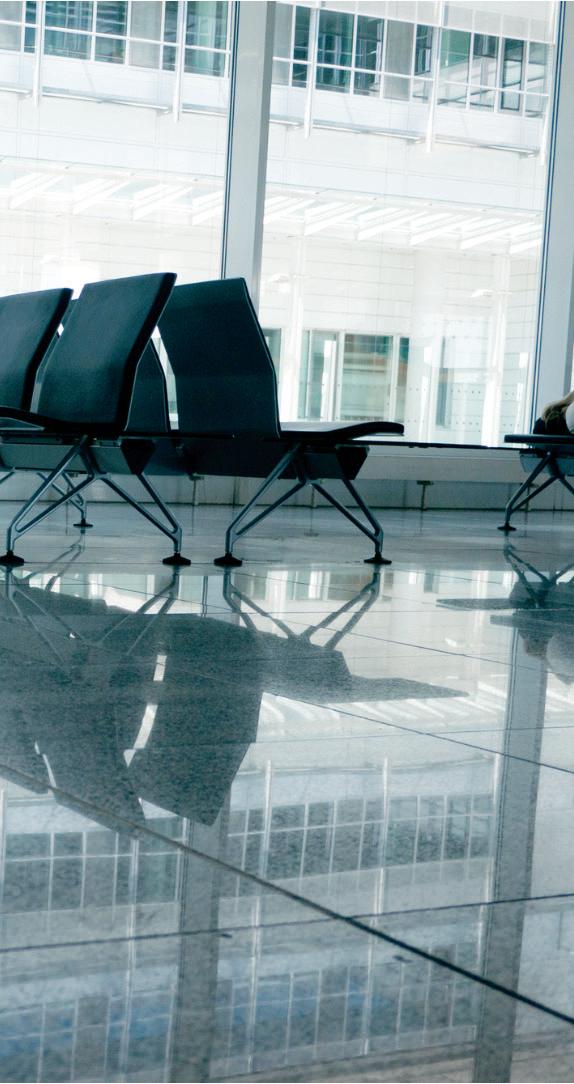
14 AccomNews - Autumn 2024 INDUSTRY
ACCESSIBILITY
Kerry Williams Founder, Accessible Accommodation
Images courtesy of Accessible Accommodation


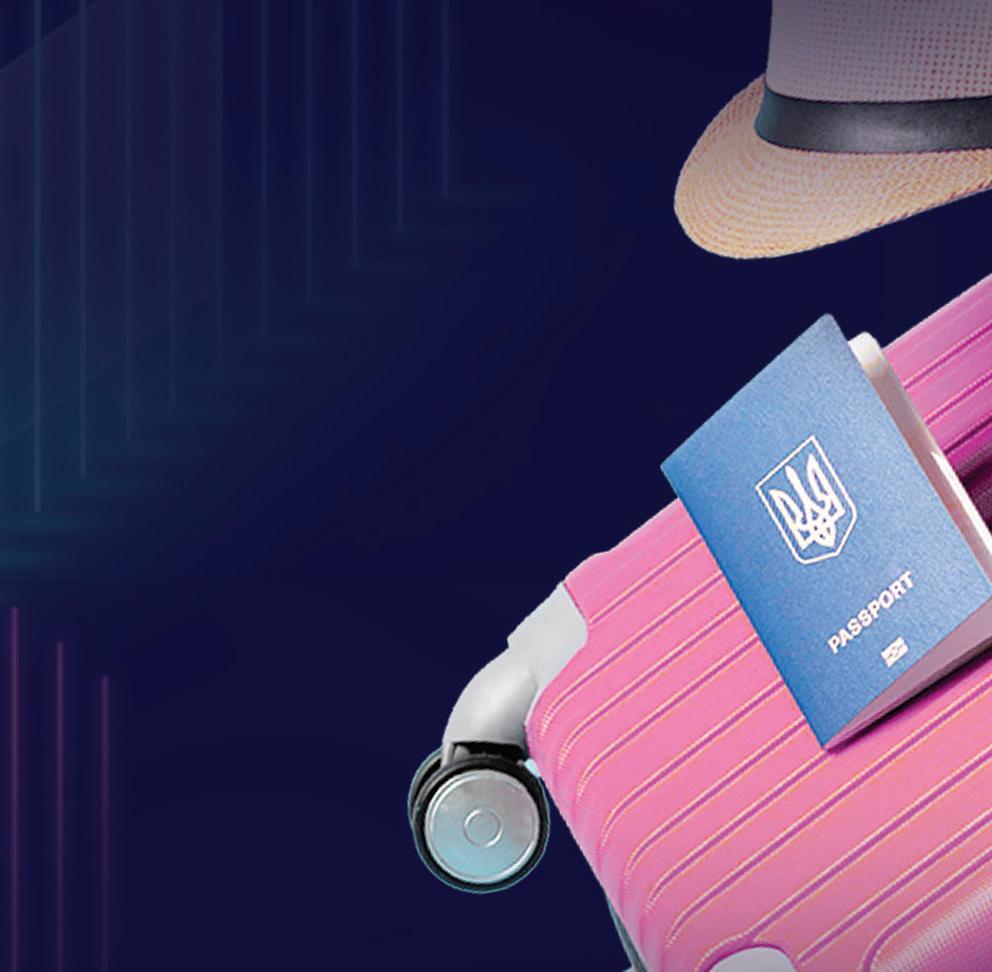






AccomNews - Autumn 2024
How Koala's mattress technology innovations are unlocking better sleep
By Mandy Clarke, Editor
Founded just eight years ago by childhood friends, Mitch Taylor and Dany Milham, Koala the revolutionary mattress start-up, has swiftly risen to prominence.
A trusted, customercentric manufacturer and supplier, the company is redefining the standards of comfort, sustainability, and design in the bedroom.
At the helm of Koala's groundbreaking developments is James Whitta, the Vice President of Product & Design. Currently the longest-serving member of the Koala executive team, he is responsible for the physical product range expansion and transformation. His illustrious career spans more than two decades in furniture design. In an exclusive interview with AccomNews, Mr Whitta shared insights into Koala's journey, ethos, and the latest advancements in mattress technology.

A visionary approach to comfort and sustainability
An innovative mattress company, Koala designs and builds highquality products that will last, made as much as possible, from sustainable materials. This clear vision and product strategy have been instrumental to the company’s success.
Part of Koala’s stratospheric rise was achieved by providing its retail customers with convenient delivery windows, live tracking on delivery, and a 120-day trial of its mattress.
Koala’s promise to its customers that, “If you’re not sold by 120 nights, you can return your product, and even if you’ve used it you'll get a full refund on your purchase,” is aimed at achieving customer satisfaction, as well as gathering constructive criticism of the products. If returning a mattress, customers are invited to complete a questionnaire detailing their experience with the product.
Koala values this feedback and considers it to be essential information that continues
to provide insights into what their customers want and how their product is developed. The questionnaire makes sure the company is always aware of what its customers are looking for and can work to address any shortfalls in the designs.
Koala was founded with a vision to provide unparalleled sleep comfort. Equally important, though, is a commitment to environmental sustainability, and focus on social responsibility.
That is why the mattress company is named after the koala, the iconic Australian animal that is in a lot of trouble in New South Wales and Queensland due to the removal of its habitat. Koala (the company) donates one percent of sales towards environmental causes, and donates to wildlife adoption programs with customers “adopting” a koala.
Mr Whitta explained: “At Koala, the environment is at the centre of why it exists. Our pledge to protect the koala and remove it from the endangered list by 2030 is a crucial part of our agenda.
“However, it is also a very small part of our sustainable story.”

16 AccomNews - Autumn 2024 PROFILES
INTERVIEW
James Whitta

A commitment to excellence and eco-consciousness permeates every aspect of Koala's operations.
Not content with merely crafting exceptional mattresses, Koala integrates sustainability into its core business model, from ethical sourcing to end-of-life recycling.
“Our mattresses are not just designed for comfort; they're crafted with a conscience,” Mr Whitta said. “We take a holistic view of sustainability, starting with an ethical supply chain and sourcing, including low water usage and no nasty chemicals, but just as important is what happens with our mattresses at the end of life. We are very proud that Koala’s returned mattresses are recycled.”
Koala’s innovative recycling initiatives are leading the charge toward a greener future. Indeed, 95 percent of all Koala’s returned products avoid landfill.
Mr Whitta explained: “If we can’t resell the product, it can be broken down and used as carpet underlay. Furthermore, we have a long-term goal to keep it all out of landfill.”
Innovating for better sleep
Koala's dedication to innovation extends beyond sustainability to the very fabric of its mattresses.
“We're constantly pushing the boundaries of technology to unlock better sleep for our customers,” Mr Whitta said.
At the forefront of this is Koala's relentless pursuit of emerging technologies and materials.
“We're not content with the status quo, our mattresses are designed to adapt to the body's needs, providing the perfect balance of support and comfort,” he said.
From advanced cooling technologies to zero disturbance features, every element of Koala's mattresses is meticulously crafted to enhance the sleep experience.
Recognising the importance of quality sleep in the hospitality industry Koala has now expanded its reach to accommodate the needs of hotels and accommodations.
“Guests deserve the same level of comfort they enjoy at home,” Mr Whitta said. “By partnering with hotels, we're bringing the Koala experience to a broader audience.
“Koala has successfully unlocked better sleep for its customers, it is a beloved Aussie mattress brand, and it made perfect sense to expand our reach.
“It is a win-win for the accommodation industry, guests, and Koala. Guests are a captive audience, they seek a luxurious night's sleep, and hotels can give them the gift of a Koala sleep experience.” Mr Whitta explained. “At Koala, we want as many people to try our mattresses as possible. We stand behind what we do and are confident that
when they try our mattresses, they will love them!
“Then they can order the mattress they love and have it delivered to their home, just in time for their return.”
He says it’s the design and build of the mattress that sets Koala apart.
“From the basic mattress to our commercial range and bespoke models, we are always looking for new materials to unlock better sleep. In fact, I have just returned from a global innovation summit, discovering exciting new technologies.
“Our business model and ambitious mindset make us more responsive than many other bed manufacturers. We are always building on technology, and we love being thrown curveballs.”
The range of Koala’s mattresses for the accommodation industry includes an upgraded commercial version of the most popular and most loved Koala mattress, one of the most 5-star reviewed mattresses in Australia. This mattress is budget-friendly but with all the major features of a commercial mattress.
Koala has also launched a new luxury mattress, with “dialled up luxury credentials,” Mr Whitta said.
Koala's latest creations
Building on its legacy of excellence, Koala has unveiled the Koala Plus Mattress and
a yet-to-be-revealed product born from two years of intensive research and development. The Koala Plus Mattress epitomises luxury and comfort, boasting a seasonal topper for yearround cosiness and innovative heat-adaptive technology.
“Koala mattresses aren't just products; they're experiences,” Mr Whitta told us.
“With features like CoolThread™ technology and superior support zones, our mattresses elevate sleep to an art form.”
A sustainable choice for hospitality
Globally, there is an increased guest demand for more sustainable ways to travel and places to stay. Hotels and accommodations are under pressure to reduce their property's impact on the environment.
Increasingly, guests look behind the marketing rhetoric of hotels and accommodations and want to see concrete examples of sustainability in action. Koala provides this with GECA (Good Environmental Choice Australia) certification, Australia's only independent, not-for-profit, multi-sector sustainability and environmental certification program, alongside a commitment to ethical manufacturing. The company provides sustainable bedding solutions without compromising on quality or comfort.
Looking ahead
As Koala continues to innovate and redefine the boundaries of sleep technology, one thing remains constant: its unwavering commitment to customer satisfaction and environmental stewardship.
“We're not just selling mattresses; we're selling a promise of better sleep and a brighter future,” concluded Mr Whitta.
In an industry plagued by conformity, Koala stands as a beacon of innovation and sustainability, reshaping the way we sleep, one mattress at a time.
Reach out to us via email at commercial@koala.com to find out more.
17 AccomNews - Autumn 2024 PROFILES
Introducing Koala Commercial:
Elevate your hotel experience
Are you ready to revolutionise the way your guests experience comfort and luxury? Look no further than Koala Commercial –your premier partner in providing top-of-the-line mattresses and furniture for hotels of all sizes.
Why choose Koala Commercial for your hotel?
• Best product range: At Koala Commercial, we pride ourselves on offering the best selection of mattresses and furniture tailored specifically for the hospitality industry. From Australia’s most reviewed mattress range packed with our Kloudcell™ technology to the most awarded Sofabed range nationwide. Our product range is designed to elevate the guest experience and leave a lasting impression.
• Highest quality: Our amazing Product Development Team, based in Alexandria, Sydney at our HQ, where they curate materials and design all of our Koala-ty products. We use materials that are carefully sought and planned, to ensure we are creating beautiful pieces that have sustainability at the forefront of our hearts and minds. For example, our rugs are made from New Zealand
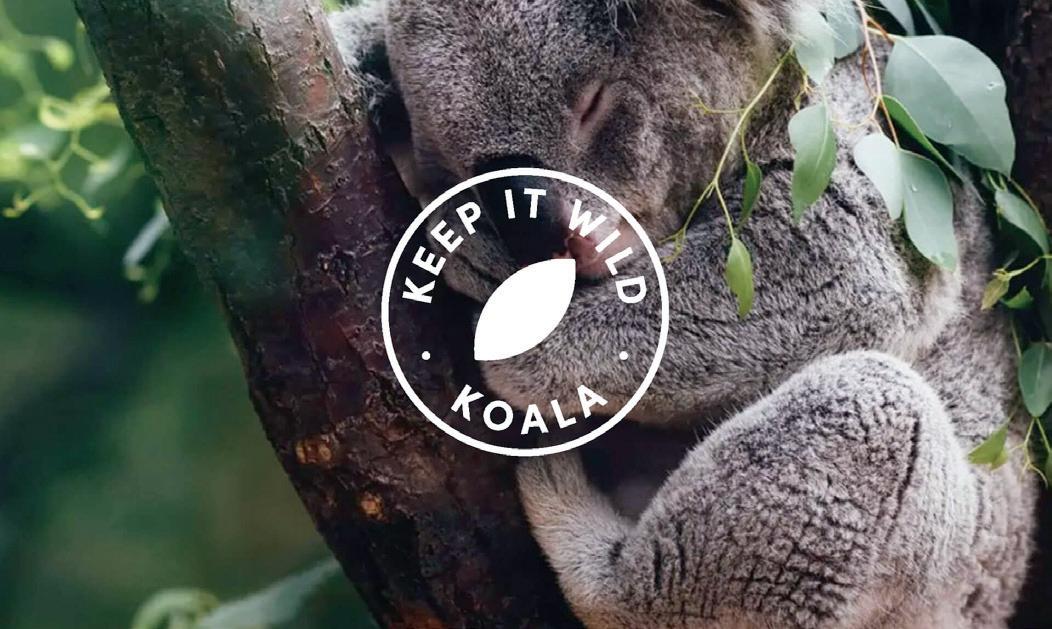
RQ wool, that is certified with the Responsible Wool Standard. The foam in our mattresses and upholstered goods are all certified with CertiPUR-US®. We hold many other certifications with GECA, GOTS, FSC, INPAA and Red Nose.
• Latest innovation: Stay ahead of the curve with Koala Commercial’s commitment to innovation. Our team is constantly researching and developing new technologies and materials to ensure that your hotel stays on the cutting edge of comfort and style.
• Customisation: We understand that every hotel is unique, which is why we offer customisable furniture solutions tailored to your specific requirements. Whether you need bespoke pieces to fit a particular space or custom upholstery to match your brand’s color scheme, our team
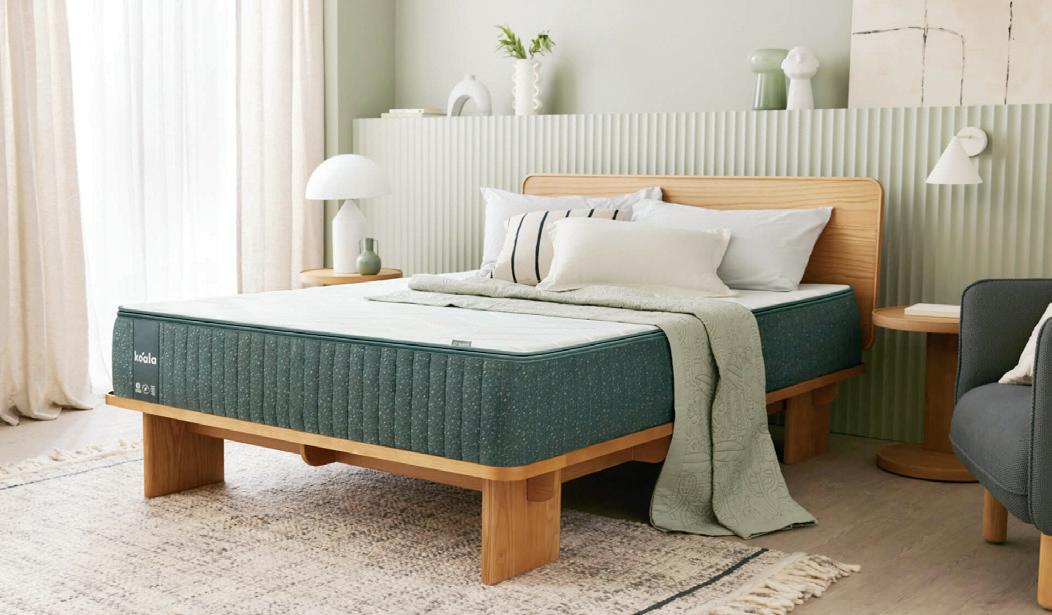
works closely with you to bring your vision to life.
• Exceptional team & service: With Koala Commercial, you’re not just getting topquality products – you’re getting a team of experts dedicated to helping you find the perfect solutions for your hotel. From personalised consultations to seamless delivery and installation, our team is here to support you every step of the way.
• Caters to all accommodation providers: Whether you run a boutique hotel, a luxury resort, or a budget-friendly motel, Koala Commercial has the perfect products to suit your needs. Our extensive range caters to all accommodation providers, ensuring that every guest enjoys a restful and rejuvenating stay.
• Sleeping good. Doing Good: Sure, at Koala we spent most of our time daydreaming
about the perfect night’s sleep. But we love to go to bed feeling like we’ve ‘done good’ too. That’s why we put our money where our mouth is, giving 1 percent for the planet. We continue to support the WWF, donating over $2 million since 2015. And we are product B-Corp Certified. Plus, we’ve partnered with Soft Landing, a mattress recycling company social enterprise, to help remove and recycle your old hotel mattresses.
Experience the Koala Commercial difference
Join the ranks of hotels around Australia that trust Koala Commercial to deliver unparalleled quality and service. From boutique hotels to international chains, our clients trust us to deliver exceptional results that exceed their expectations.
Ready to take your hotel to the next level? Contact Koala Commercial today to learn more about our product range, request a consultation, or place an order. Let us help you create an unforgettable guest experience that sets your hotel apart from the rest.
Transform your hotel today
Elevate your hotel experience with Koala Commercial – Where comfort meets luxury.
For more information email commercial@koala.com or call 03 9007 2416.
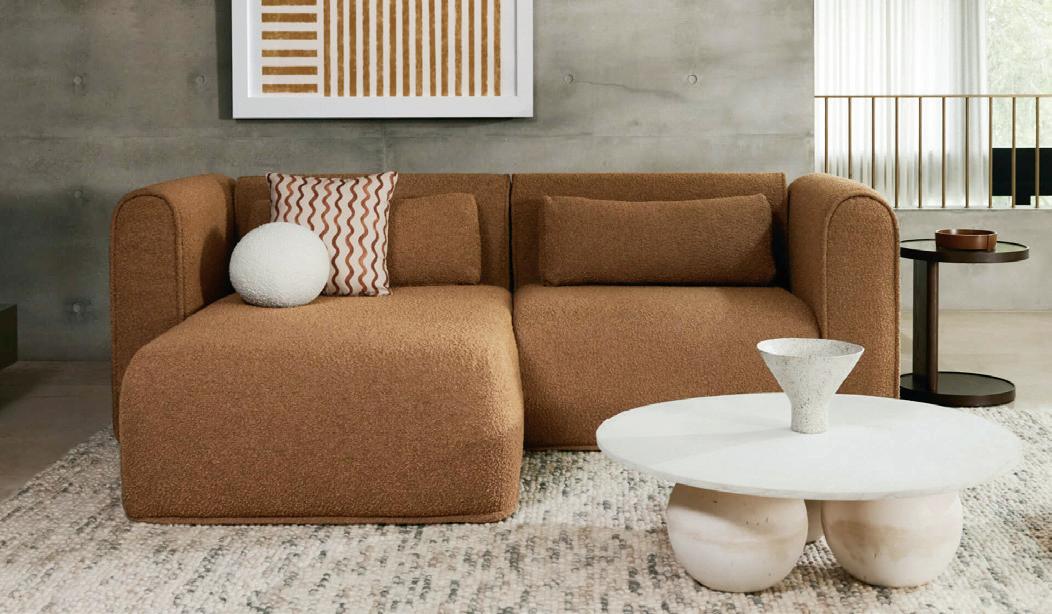
18 AccomNews - Autumn 2024 PROFILES
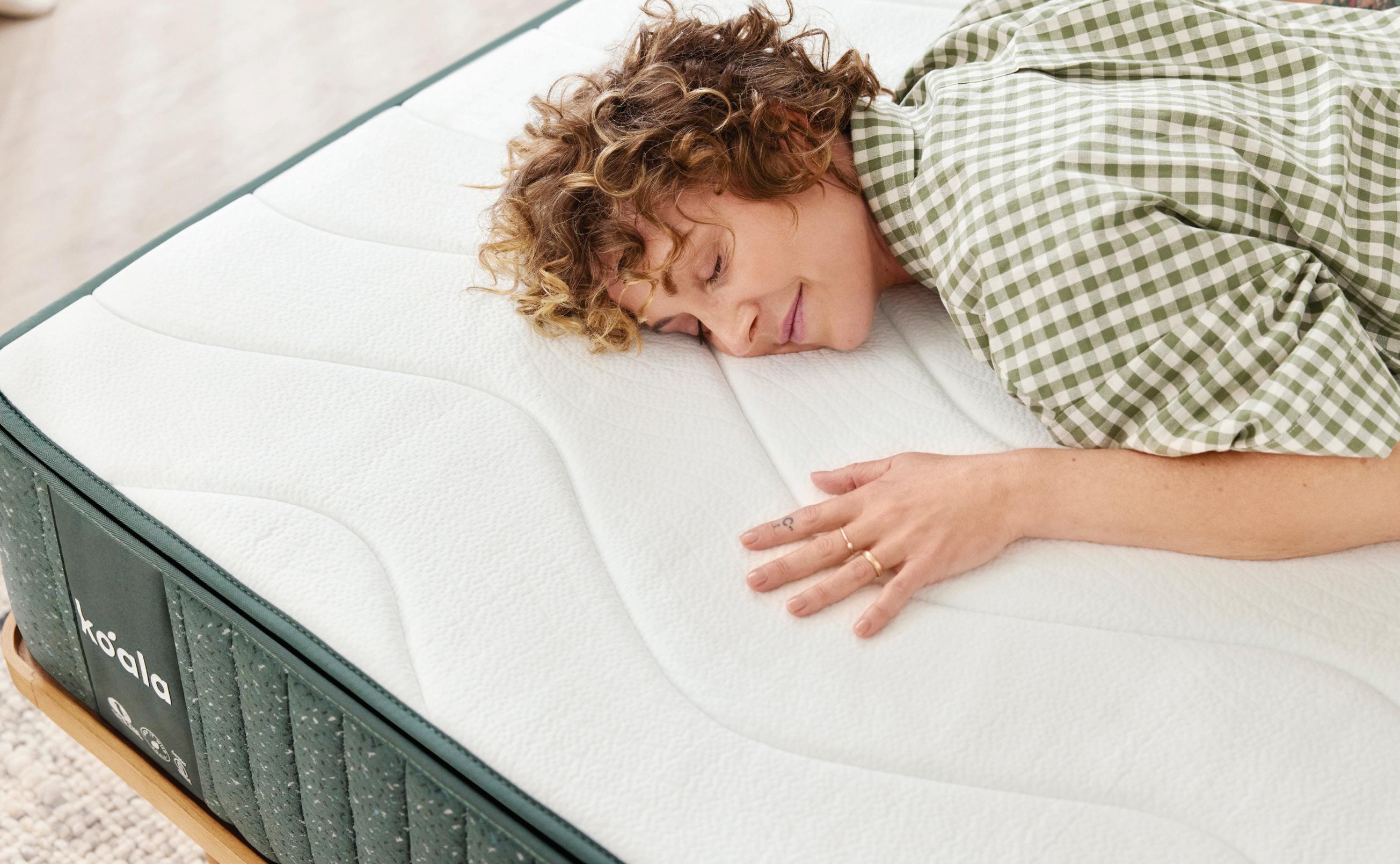
Chip Rogers opens up on Airbnb, AHLA, and the future of hospitality
By Mandy Clarke, Editor
AccomNews sat down with William "Chip" Rogers, former President and CEO of the American Hotel & Lodging Association (AHLA), during his appearance at Ted's Technology Summit 2024, held in the Fullerton Hotel, Sydney in March.
Chip, who recently concluded his remarkable tenure as President and CEO of the American Hotel & Lodging Association (AHLA), shared insights into his time there, the future of the hotel industry, and his perspectives on the challenges posed by shortterm rental platforms like Airbnb. While President and CEO of AHLA, he achieved significant milestones for the industry. Under his leadership, AHLA received prestigious awards and recognition, including being named one of the “100 Associations That Will Save the World” by ASAE, and received the White House Presidential Award for its commitment to America's workers. Extending his influence beyond AHLA, Rogers served on the board of directors for prominent organisations like the United States Travel Association, and the California Hotel & Lodging Association.
Before joining the hospitality industry, Chip served in the Georgia General Assembly. He was elected to office six times and was unanimously elected twice to serve as Senate majority leader.
This extensive experience in politics provided him with a unique perspective on addressing hotel industry challenges.
Drawing parallels between
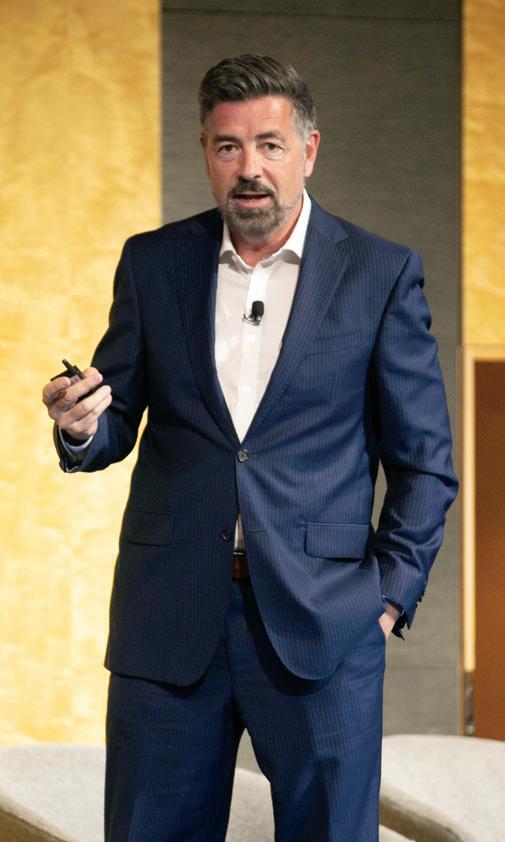
his experiences in politics and hospitality, he considers servicing guests and being of service to constituents to be the same thing. “What is it you want, and how can I provide that to you, is the same mentality,” he said.
Calling on his experience of sitting on the other side of the desk, “being lobbied” was fundamental to his role at AHLA, which would build a team that would effectively represent and lobby on behalf of the hotel industry.
He said: “It's vital to know what to bring to the table to connect with lawmakers and it is not always about numbers – it's usually stories that connect people the most. You must be able to communicate how a policy will impact real people."
But he said the most important thing is to make sure you have a united industry.
“I recall my days as a lawmaker,” he said, “when people would ask for my help on a certain issue but if they hadn’t already lined up exactly what they needed and won the support of their
own industry I would send them away to go figure it out.”
Chip has three key pieces of advice for associations trying to bring forth change:
• Be united.
• Know exactly what you are asking for.
• Make sure everyone agrees.
And he says if lawmakers do what you ask, make sure it helps the most people possible.
Navigating the Airbnb conundrum
Amid his successes at AHLA, there is an issue that weighs heavily on his mind and that he was keen to discuss - the rise of short-term rental platforms like Airbnb. He said these operations have caused serious issues on a global level and it’s a complicated problem to resolve.
He is passionate when he talks about the challenges faced by traditional hoteliers and regulated businesses in the wake of Airbnb's expansion, and he emphasises the need for regulation, “not only to ensure a level playing field in the hospitality industry but also to protect residential communities”.
Globally, Chip says, Airbnb causes “significant issues” and that “no one has figured out what to do about Airbnb because the platform goes out of its way to NOT comply when challenged, especially after becoming a public company as it now has the resources to fight back".
In Australia alone, “250,000 shortterm rental units representing from two and a half to three percent of what was intended to be residential units have been moved into a commercial
product, often competing directly with hotels,” he said. This has left many organisations grappling with the idea of what to do, because these shortterm rentals are changing the marketplace in a significant way.
Chip advocates for holding platforms like Airbnb accountable with a sense of urgency and conviction, reflecting his unwavering commitment to the well-being of the industry and its stakeholders.
“You absolutely must regulate the platform. If you do not hold the platform accountable it will be impossible to enforce the regulations."
And he doesn’t just talk the talk...
AHLA is a member of GlobalReformbnb — an international association of hotel associations from cities, regions, destinations, and national and/or supranational levels. Together, they work globally in a joint and coordinated manner to create synergies and find solutions to the issue of ShortTerm Rental (STR) supply.
He said: “15 years ago, Airbnb was more about 'Ma and Pa' operators letting out a spare room but in no way is that what it is today. Now it is a massive global corporation in the hospitality space, competing with hotels directly on a daily basis and doing so with a completely different set of rules.
“With almost no regulation and when legislation does exist, it's almost impossible to ensure compliance.
“When local governments do pass legislation, they do not have the workforce to track down every single owner to figure out who to go after when a property is in violation.
20 AccomNews - Autumn 2024 PROFILES INTERVIEW
William "Chip" Rogers
“For 20 years in the USA, city after city has tried to find a way to stop the proliferation of Airbnb and to stop residential houses from turning into party houses.”
Regulatory efforts, though, can be successful
In New York City, Chip explained, targeted enforcement led to a drastic reduction in short-term rentals. In three months from enforcement, the number of short-term rentals dropped by 83 percent!
Now RevPAR in NYC is at its highest in history and housing is more accessible for firefighters, teachers, nurses and hospitality staff.
“The benefits to hotels and regulated hospitality business is enormous if you can successfully regulate,” he said.
Other hotel industry challenges
Chip says in the USA, apart from owner-operator issues like rising insurance costs, labour shortages are by far
the biggest challenge.
“There are not enough people and a massive turnover of hospitality staff, with the average length of stay for housekeepers six months," he said. "There is a gap of six million more jobs than people looking for work.
“Labour shortage is a global problem. People don’t consider hospitality when building a career and this needs to change. The industry needs to create higher retention rates.”
Trends and predictions
During the COVID-19 pandemic, there was an explosion of people vacationing but almost no business and events. Currently, leisure travel has tapered off, but business travel is expanding.
In most hotels occupancy levels are up (and rising) but staffing gaps remain, so what is filling the gap? Chip says technology is and hotels need to invest.
And with so many guests now working from hotels, he says it's basic but essential to provide fast and accessible wifi.
Sustainability is another
important trend according to Chip, “you must take sustainability seriously and the industry needs to figure out a way to do third-party certifications. Travellers are making conscious purchasing decisions based on sustainable practices – and for corporate travel, this will be mandated."
Finally, he asks: “How can we, as an industry stand for something that is important and makes a difference?
“AHLA created No Room for Trafficking, an AHLA Foundation awareness program to help stop the global problem of human trafficking and it's free to use for everyone in the industry not just hotels but all vendors."
Future aspirations
Chip is taking some time off but reflecting on his tenure at AHLA, he expressed gratitude for the opportunity to work alongside dedicated individuals and make a positive impact on the industry. However, he is very open to returning to this industry because he says, “the people are the best”.

He is steadfast in his belief that true fulfillment comes from loving what you do and the people you do it with. His message to aspiring professionals echoed a timeless truth – find joy in your work, and success will follow...
Closing the interview on a lighter note, Chip shared his love for travel and good food. With a gleam in his eye, he spoke of his fondness for beach destinations like the Greek Islands and Portugal, eagerly anticipating a future return to Australia and possibly a trip to experience Queensland’s beaches. And while he confessed to never trying kangaroo meat, his appreciation for Australia's delicious seafood is a testament to his love for culinary delights.
As he embarks on a new chapter, AccomNews is thrilled to have shared this conversation with Chip Rogers and looks forward to the potential of him continuing his legacy in the world of hospitality.
Just days after this interview Chip shared that he is starting a new position as Special Advisor at Ervin Graves Strategy Group.












21 AccomNews - Autumn 2024 PROFILES
www.silant.tech Email: sales@silant.tech Phone: 1300 428 808 Immersive, safe and tailored experiences with seamless digital connections SiLANT enables your guests, so you can manage your business, with solutions that empower you to create great experiences, improve connectivity and deliver the future. Outstanding supplier partnerships and a client-focused approach. SiLANT is an Elite Solution Provider with RUCKUS
Mandala Hospitality Group John Zeckendorf hits the heights with regional focus

“The plan is to keep growing our funds and build the external management arm of the business.
– John Zeckendorf
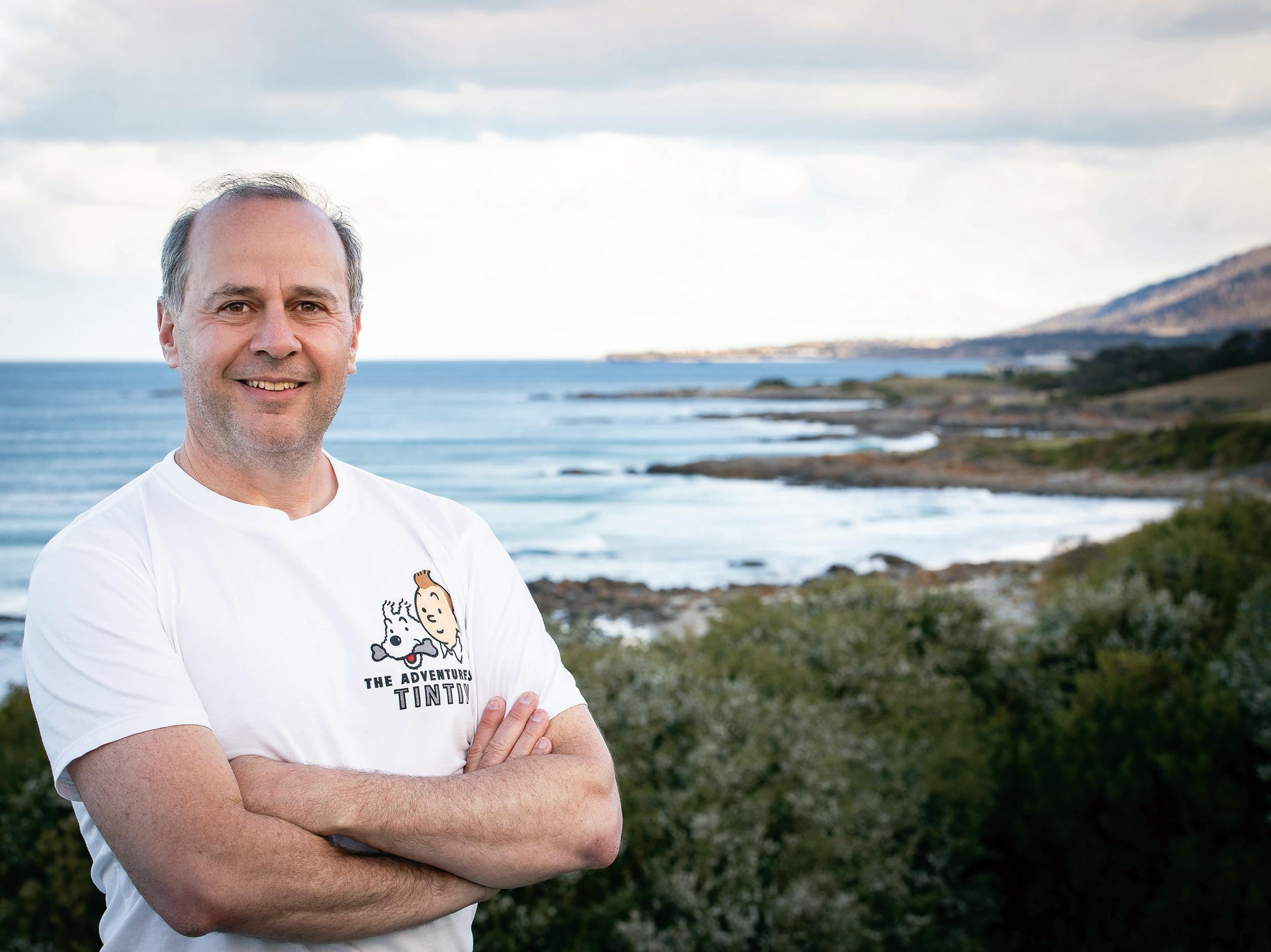 By Grantlee Kieza, Industry Reporter
By
By Grantlee Kieza, Industry Reporter
By
the age of 30, John Zeckendorf controlled a $5 billion global asset portfolio. This modest and unassuming highflyer, though, was only getting started in a career climb that now sees him atop the Australian hospitality industry.
Back in 2010, while delivering medical supplies as part of a charity mission, he found himself staring up at Mount Kanchenjunga, the tallest peak in India at more than 8500 metres.
The devout Christian, whose Jewish grandfather died in Auschwitz, was moved by this experience. He began an advanced mountaineering course in New Zealand, before tackling Kilimanjaro in the African nation of Tanzania, with his then 14-year-old son, in January 2011.
Mr Zeckendorf has now climbed the Seven Summits, the tallest peaks on all seven continents, including the greatest of all, Mount Everest. He scaled this in June 2017 at the age of 46 and became the first Tasmanian to stand on top of the world. One of the driving factors behind his great adventures was to raise awareness and support for Pathways Tasmania – “a local not-for-profit organisation that provides hope and
empowerment for people to reach their full potential, living free from addiction, homelessness and other issues that stem from these problems”.
Now as a major player in Australian hospitality, Mr Zeckendorf is going from one career peak to the next.
His Mandala Hotels and Resorts bills itself as “Australia’s leading regional hotel operator servicing individuals and groups” and operates a diverse portfolio

spanning regional Australia’s top travel destinations.
The group has a presence in some of the most beautiful locations in Australia. The portfolio ranges from backpacker hostels to three-star hotels, apartments in management rights complexes, and fivestar boutique properties.
Raised in Sydney, Mr Zeckendorf studied accounting and went on to become a Director at Price Waterhouse (now PwC) working in consultancy, insolvency, mergers and acquisitions, and property in the late 1980s and 1990s. Many of the distressed assets he came across were hotels.
He lived in Hong Kong and London, before being offered the job in 2000 as asset manager for Prince Jefri of Brunei, the younger brother of the Sultan of Brunei, one of the world’s wealthiest men.
Sorting out the Prince’s finances was a high-powered, harddriving job. Mr Zeckendorf could
22 AccomNews - Autumn 2024 MANAGEMENT
Images supplied by Mandala

find himself on three different continents in a week, and looking after a portfolio of 70 assets that included some of the world’s grandest hotels, the New York Palace Hotel, Hotel Bel Air in Los Angeles and the Hotel Plaza Athenee in Paris. The asset portfolio also included power stations, a theme park, marina, property developments and jewellery stores.
After an exhausting three-year stint in the job, Mr Zeckendorf returned to Australia to form Mandala Asset Solutions with Ryan Shaw, a longtime colleague, in 2003.
From the outset, their businesses focused on lifting the value of assets for investors. The partners identified regional hospitality as an area with great potential to add value.
Speaking to AccomNews from “sunny and pleasant” Istanbul, Turkey, during a business trip, Mr Zeckendorf said he and Mr Shaw, having had experience with distressed country motels at Price Waterhouse, bought their first property, the Berry Village Boutique Motel in 2007.
Within two years the property was making a return of 30 percent. Before long they had four leaseholds – the Quality Inn Ambassador Orange, Parklands Resort and Conference Centre in Mudgee, the Artesian Spa

Motel in Moree and Lithgow’s Zigzag Motel. Some of the properties were sold and many more were bought.
“We use five different business models,” Mr Zeckendorf said. “We buy leaseholds, freehold passives, freehold going concerns, management rights, and recently started external management where we manage for other people.
That’s the main business we’re stepping up this year.
“At many levels, we have been managing for other owners for 16 years but mostly under a fund structure. Three years ago, we started managing for MA Financial as a professional
investment firm and this led to us offering the same services to other owners.”
Regional hospitality was a winning investment for his business and his backers for a variety of factors, he said.
“The regional marketplace is a much harder one for people to access because it involves a lot of small, fiddly transactions, so the big super funds are less interested in the regions.
“Managing them is very different to managing a city property which might have 300 or 400 rooms and where your ability to value add is limited because your competitors are all very sophisticated and generally
quite well resourced – a lot of city hotel general managers for instance have MBAs. They know what they’re doing, and they’re supported by a sales team.
“We see much greater opportunities to improve regional properties,” he said. “We recognise that the regions are where most Australian wealth comes from – mining, agriculture and tourism.
“Regional locations also require accommodation for military, health care, education and other government services. And for those people who can’t not travel to the regions, such as government workers or contractors, an extra $20 a night makes no difference.
“As a rule, we don’t invest in capital city properties, but we will manage other people’s properties, and we do have management contracts in Perth and some opportunities lining up in Melbourne and Sydney.
“The plan is to keep growing our funds and build the external management arm of the business. We’ve been doing this for three or four years but now it’s our major push.
“We have 35 regional properties at the moment and nearly 2000 rooms and we’re growing fast.”
23 AccomNews - Autumn 2024 MANAGEMENT
An aerial shot of the Peninsula Boutique Hotel at Four Mile Beach
Poolside at the Mercure Cairns
Elena oversees Mandala Hotels and Resorts’ third-party expansion
By Grantlee Kieza, Industry Reporter
As the Director of External Managements for the rapidly growing Mandala Hotels and Resorts, Elena Martiniuc is across every facet of hotel operations.
Ms Martiniuc, who has a wealth of experience in the hotel industry, oversees the business’s rapidly growing branch that manages properties owned by third parties.
The Mandala group runs 35 properties throughout Australia, mostly in regional centres. The company is making a major push into the property management sector on behalf of third-party owners, something that Ms Martiniuc said is proving to be a winning strategy for the group.
“I’ve been involved in hotel operations in every department you can think of,” Ms Martiniuc told AccomNews, “and John Zeckendorf and Ryan Shaw who started Mandala have a depth of experience from their accounting backgrounds.”
Ms Martiniuc’s career in hospitality started as the assistant front desk manager at the Monte Nelly Hotel in the Republic of Moldova in 2001. Then, stints as the Operational Property Manager at Millennium Properties in Chicago, General Manager at that city’s Red Carpet Inn, Duty Manager at the Holiday Inn at Auckland Airport, and then four years in various executive roles at the BWH Hotels in Sydney.
She joined Mandala Hotels and Resorts in February last year as the key executive in charge of managing properties not directly owned by the fund.
“We are very much industry disruptors because we do things differently to the way others have been doing it in hospitality,” Ms Martiniuc said.
“The funds own properties as freehold and leasehold, we manage properties for other people, we are landlords, we own

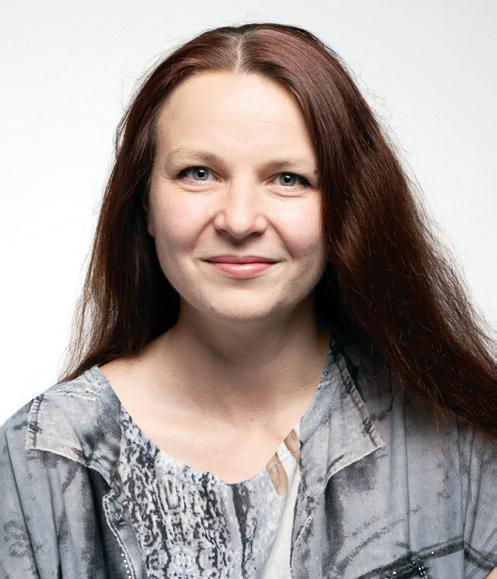
the asset and lease it out – we know different structures. We also work with management rights and strata buildings – not only in Queensland but also in the Northern Territory.”
Ms Martiniuc said John Zeckendorf works with owners and investors “and the holistic development of group”, and Ryan Shaw looks after the properties the group owns, while she concentrates on “third-party property management” for other owners.
The group pares down its expenses by sharing labour costs between properties and utilising other careful management strategies.
Ms Martiniuc explained these efficiency measures ensure better
returns for the group’s investors without sacrificing the quality of the hospitality product.
“We don’t have an office so that’s also a large saving and working remotely has proved to be very effective,” she said.
“Every person at Mandala brings their own set of expertise and we work very well together but autonomously."
The Mandala group’s Queensland properties include the Mercure Cairns, the Peninsula Boutique Hotel in Port Douglas and the Mantra in Mackay.
In regional New South Wales, they run the Rydges Armidale, the Best Western Plus Ambassador in Orange, the Thunderbird Motel in Yass, the Lincoln Downs Resort in Batemans Bay, the Mercure Albury, the Mantra Bathurst, and their very first property, the Berry Village Boutique Motel, acquired 16 years ago.
There are also properties in Darwin, Western Australia and Tasmania.
“We acquired two properties last year in Western Australia,” Ms Martiniuc said, “and we signed a management agreement for a new-build hotel in Perth, the Sydney Charles Quarter in the old Pickle District.
“We run independent hotels
and branded hotels, but we are brand agnostic for our third-party owners.
“If there is a strong owner preference we can go with that brand and negotiate a better price, but we can also make an assessment on what is the best brand for that hotel - the better fit. However, having no brand sometimes works better.”
She said having efficient and effective management strategies in place, meant the group was able to navigate COVID-19, its associated lockdowns and the hospitality staffing crisis that followed better than many other hotel groups. Their management strategies proved so successful during the most challenging times that they decided to also manage properties for other owners.
“That’s now going very well for us, and we are going full force at this third-party management. Last year we added seven new properties to the group,” Ms Martiniuc said.
“We also assist a lot in developing properties to help owners save money and we get involved with distressed properties to help those owners. Our priority is to make sure investors are getting a good return. It seems to be a successful strategy, with Mandala doubling in size every two years.”
24 AccomNews - Autumn 2024 MANAGEMENT
Elena Martiniuc, Director of Business Development, Mandala Hospitality Group
Mantra Bunbury Lighthouse Hotel






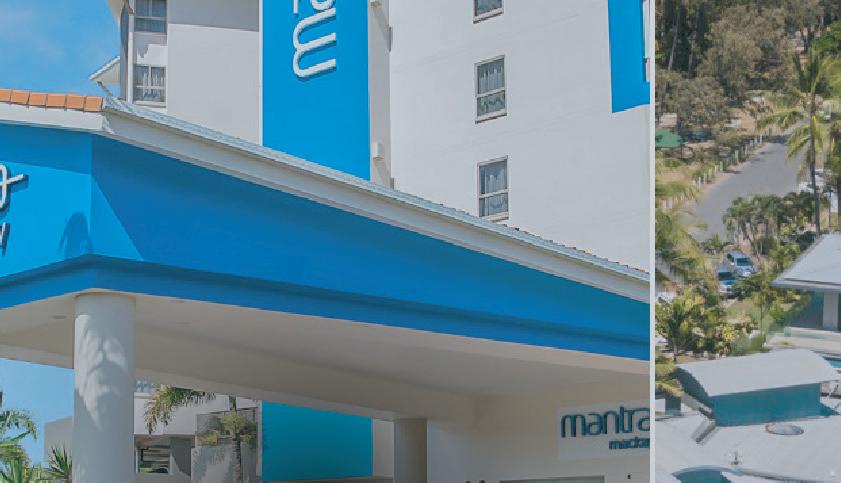










WHY CHOOSE US?





















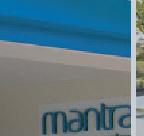






















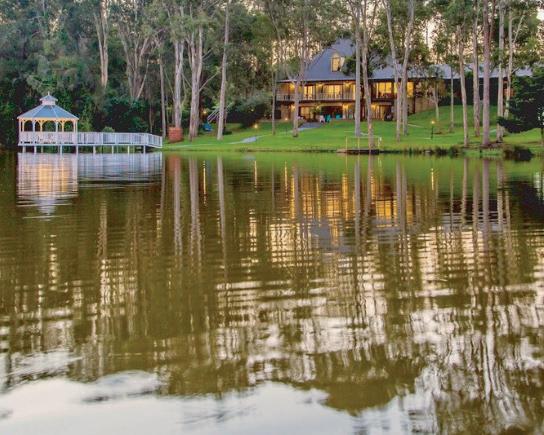





At Mandala, we understand the weight of managing accommodation investments. Let us carry that burden, so you can rest easy knowing your assets are in exceptionally capable hands.

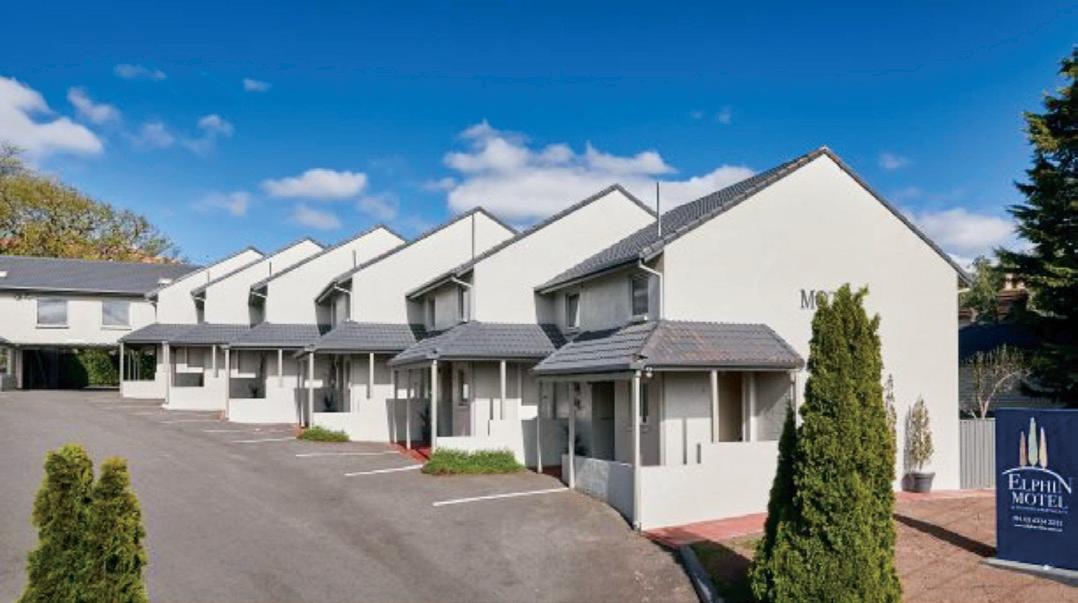
Management for Hotel Owners
By Hotel owners
Mandala will treat your asset just like our own. Hands on. Results focussed. With passion. So you can sleep soundly, knowing your investment is protected.
Flexible Services, Great Results
We use our experience to make you more money and reduce your risk. We are focused on solving your problem, not selling you our solution.
Unique Expertise
Our diverse, highly experienced professionals bring skills truly inaccessible anywhere elsehoned from years immersed in the accommodation industry
For more information on how we can support your needs, reach out to us through our contact information
Trust & Care
Our team genuinely cares about your success. We nurture relationships built on transparency and accountability to foster deep trust.

GET IN TOUCH +61 4 0 3 638 41 7
the Mandala Difference
Experience
Mandala HOTELS AND RESORTS
Strategic pathways for property owners
By Mandy Clarke, Editor
Scott Armstrong,
Director
of Development
at 1834 Hotels talks about management partnerships in the accommodation industry.
What does a management partnership entail?
Management partnerships represent a symbiotic relationship between property owners and management entities. Essentially, the operational responsibilities are delegated to a management company, and the arrangement is formalised through a Hotel Management Agreement. Then, property owners can leverage the expertise and resources of the management entity to optimise their property's performance and guest experience, while maintaining ownership control.
How does 1834 Hotels provide tailored operational management to complement the specific needs of each property?
Rather than adopting a one-sizefits-all strategy, we meticulously align our services with the needs and characteristics of each property. This ensures that the distinct identity and preferences of each property owner are honoured and enhanced.
We meticulously align our services with the needs and characteristics of each property
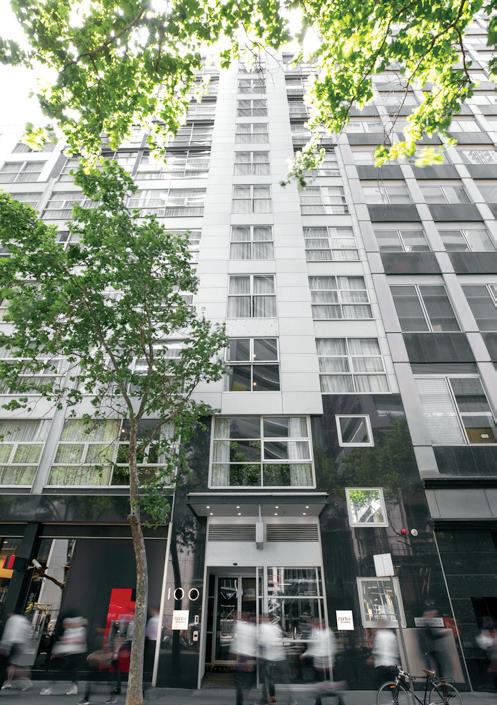
Can you elaborate on the flexibility that 1834 Hotels offers to property owners in adapting to market fluctuation and challenges?
Staying abreast of market trends and proactively strategising, means we are well placed to assist property owners
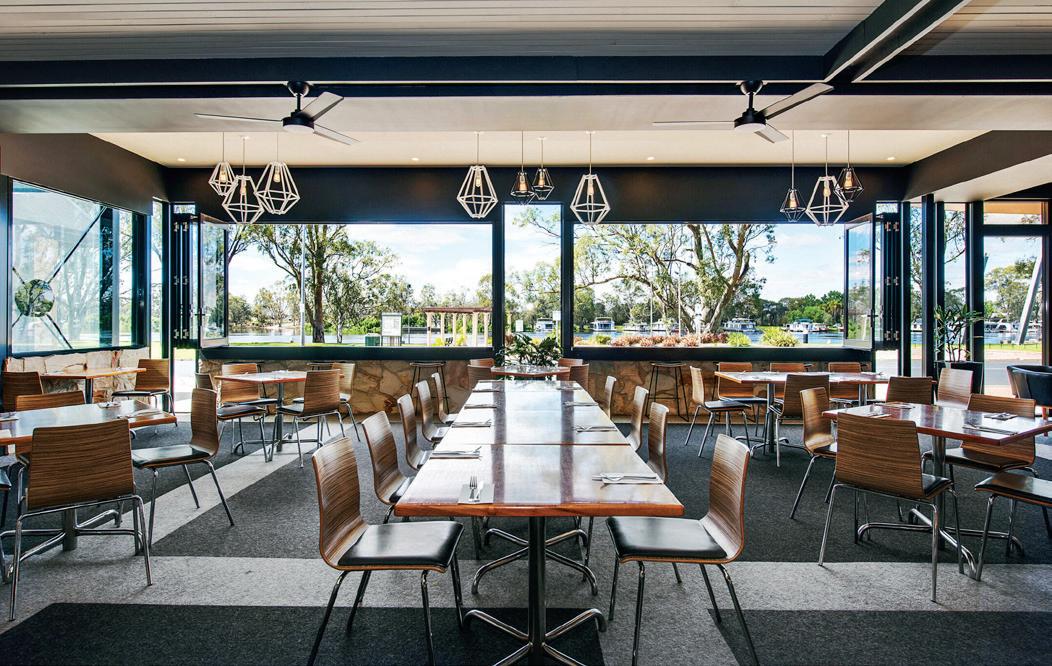
in navigating uncertainties and seizing opportunities. Whether it's adjusting pricing strategies, implementing innovative marketing campaigns, or enhancing guest amenities, 1834 Hotels remains agile in responding to evolving market dynamics.
How does 1834 Hotels ensure that personalised services are maintained to preserve the distinct identity of each property and owner preferences?
Here, close collaboration and open communication are key. Whether it's maintaining a distinct aesthetic, offering bespoke amenities, or adhering to specific operational protocols, 1834 Hotels prioritises the preservation of property identity. This can also include alignment to specific brand standards with franchise brands. 1834 Hotels maintains strategic alliances with global franchise brands such as
Choice Hotels, Wyndham and Accor, offering a comprehensive brand and operational management solution.
What role does 1834 Hotels play in enhancing the overall guest experience and satisfaction within properties managed through partnerships?
This is achieved by implementing best practices, fostering a culture of hospitality excellence, and investing in staff training and development. Through meticulous attention to detail and a commitment to exceeding guest expectations, 1834 Hotels contributes to enhanced reputation and repeat business for its partners.
Are there specific property types that are better suited for a management partnership with 1834 Hotels, and how can owners determine if this is the right choice for them?
While management partnerships with 1834 Hotels offer numerous benefits, it's essential for property owners to assess suitability carefully. Factors such as property type, location, market positioning, and owner preferences should be considered. Property owners can determine the suitability of a partnership with 1834 Hotels by evaluating the company's track record, service offerings, and alignment with their strategic goals.

26 AccomNews - Autumn 2024 MANAGEMENT
Berri Hotel, Images courtesy of 1834 Hotels
Mantra 100 Exhibition
Mercure Kanagroo Island Lodge
1834 Hotels gains momentum
1834 Hotels continues to stand out as one of the country’s leading independent management companies.
With an ever-growing portfolio, 1834 Hotels currently has more than 35 properties operational or under development. This remarkable presence and growth in the industry is a testament to the company’s commitment to optimising outcomes for property owners and investors
Based in Australia, 1834 Hotels collaborates with hotel and business owners, striving to unlock every opportunity, streamline operations, enhance assets, and deliver impressive returns on investment. 1834 Hotels’ diverse portfolio encompasses a spectrum of establishments throughout Australia, including hotels, resorts, apartments, motels, and event venues.
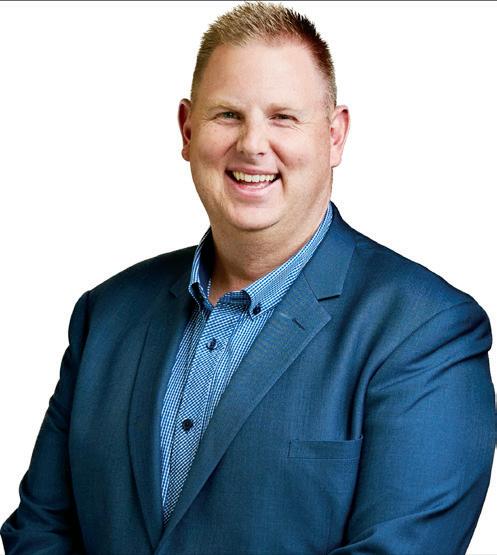
What sets 1834 Hotels apart is its dedication to thoroughly understand the individual identity, potential, and specific needs of each business it partners with. By tailoring services to align with your objectives, 1834 Hotels can ensure that its efforts generate the desired results, elevate your business profile, and amplify its overall value.
Strategic alliances with global franchise brands such as Choice Hotels, Wyndham, and
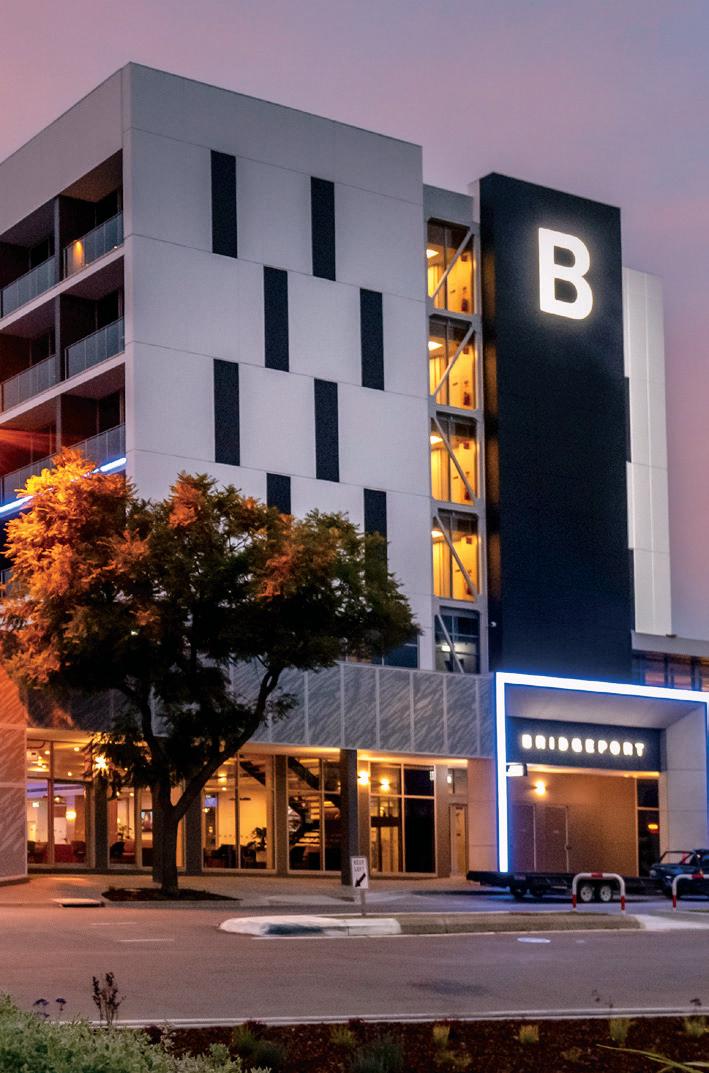

Accor, mean 1834 Hotels can offer a comprehensive brand and operational management solution. This collaborative approach enhances the efficiency of your venue, opening up new avenues for growth and success within the competitive hospitality industry.
1834 Hotels has experienced a phase of exceptional growth in recent years. Following 12 new partnerships in 2023, the company has a record pipeline of growth as it drives forward into 2024. Notably, the past 12 months saw management deals signed with The Great Eastern Hotel, 198 Keys in Perth, and a number of Accor branded properties including the Breakfree on Broadway, Mantra Tonsley, and Mercure Sunshine Coast Kawana Waters.
Recently signed, the new Director of Development, Scott Armstrong, will lead the sustainable growth of the property portfolio. Scott has joined the business from Choice Hotels Asia-Pac, where he held a similar role for the past six years. Scott’s expertise in understanding what owners need to drive success from their businesses, aligned with his belief in true partnership, will deliver mutually beneficial solutions and outcomes for all stakeholders, which will further propel the portfolio growth for the company.
In a rapidly evolving market, 1834 Hotels remains steadfast in its commitment to delivering excellence, empowering its owners, and driving innovation in the world of hotel management, whilst continuing its impressive growth trajectory in 2024.
To learn more about 1834 Hotels and its white label management service, please contact Scott Armstrong - on 0424 157 736; email development@1834hotels. com.au or scan the QR code to connect now via LinkedIn.
1834 Hotels is based in Australia, and it stands out as one of the country’s leading independent management companies, boasting an impressive portfolio that includes over 35 properties currently operational or under development. This remarkable presence in the industry is a testament to our commitment to optimising outcomes for property owners.
Based in Australia, 1834 Hotels collaborates closely with hotel and business owners, striving to unlock every potential opportunity, streamline operations, enhance assets, and deliver impressive returns on investment. Our diverse portfolio encompasses a wide spectrum of establishments, including hotels, resorts, apartments, motels, and event venues, spread across various regions of Australia.
What sets 1834 Hotels apart is our dedication to thoroughly understand the unique identity, potential, and specific needs of each business we partner with. By tailoring our services to align perfectly with your objectives, we ensure that our efforts are poised to generate the desired results, elevate your business profile, and amplify its overall value.
Furthermore, 1834 Hotels maintains strategic alliances with global franchise brands, offering a comprehensive brand and operational management solution. This collaborative approach enhances the efficiency of your venue, opening up new avenues for growth and success within the competitive hospitality industry.
In a rapidly evolving market, 1834 Hotels remains steadfast in its commitment to delivering excellence, empowering our owners, and driving innovation in the world of hotel management.
 Scott Armstrong Director of Development
Scott Armstrong Director of Development
0424 157 736
scott@1834hotels.com.au
www.1834hotels.com.au
27 AccomNews - Autumn 2024 MANAGEMENT
Contact Scan QR code to add Scott to your LinkedIn
Scott Armstrong
More strategic pathways for property owners
By Mandy Clarke, Editor David Ridgeway, GM of Quest Franchising
reveals what a franchise agreement means in the context of the accommodation industry.
How does it work?
A franchise agreement sets out the rights and obligations of both the franchisee and franchisor in the accommodation space. It is an important document between franchisee and franchisor that must be in place with any franchise in Australia, as dictated by the Franchise Code of Conduct, Australia.
What are the key benefits that accommodation property owners can expect from entering into a franchise agreement?
There are several benefits, including access to Intellectual Property, established brand awareness and standards, training, systems and consumer trust and loyalty of the brand.
How does partnering with a recognised brand through a franchise agreement enhance the credibility and reputation of an accommodation property?
Partnering with a recognised, authentic brand will help to attract guests based on an
established and recognisable set of brand and operational standards. A startup business will have no brand awareness or track record of success.
Often, the business value is a byproduct of the brand’s credibility and reputation at delivering its promise to its customer base, and the quality of the business owner network.
Can you provide insights into the level of support and resources that Quest offers to property owners under a franchise agreement?
Quest provides a robust level of support across all facets of the
business, on a national brand level and local business level.
All franchisees are supported by a locally based Franchise Relationship Manager (FRM), who offer business support and guidance via regular monthly meetings.
Further assistance is provided across several departments, including marketing, sales, revenue management, general legal guidance and operations. We also provide support and guidance for trusted suppliers for refurbishments, general support and guidance for IT, finance, people and culture, and growth.
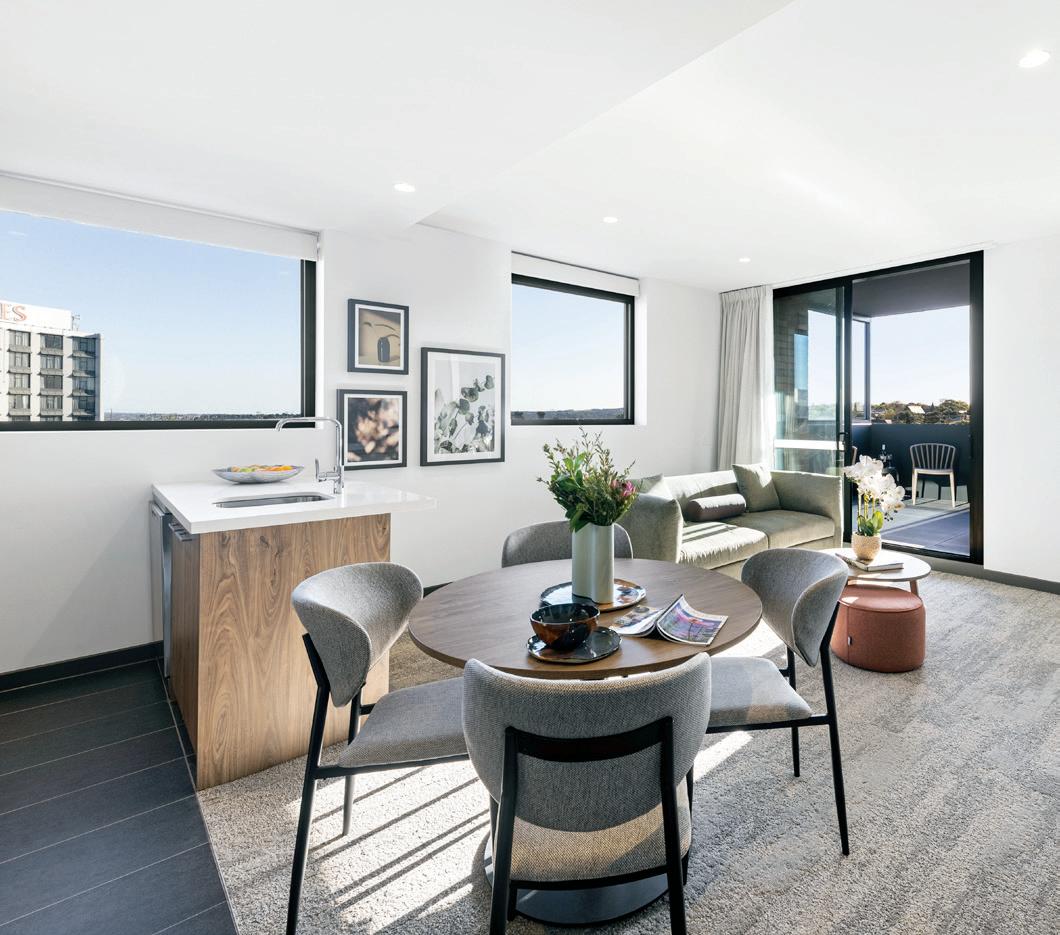

Are there specific criteria or qualifications that accommodation property owners should meet to be eligible for a franchise agreement with Quest?
Interested parties must complete our franchise selection process. This is an extensive and robust process with the goal of building an ongoing relationship with the potential franchisee, and for the franchisee to get to know Quest. The process includes seven stages starting with an application form; various profiling assessments, background checks, talking with existing franchisees, many conversations and presentations to ensure a cultural fit and alignment of business values as well as available capital.
Do franchise agreements with Quest allow property owners to maintain some level of independence while benefiting from the brand association and support?
Quest franchisees ultimately run their businesses day-today, so they certainly have a level of independence (and accountability). Being part of the Quest Network provides access to the support and established systems mentioned above, which offers the best environment for franchisees to thrive and succeed.

28 AccomNews - Autumn 2024 MANAGEMENT
Quest Collingwood
Quest Watergardens
Quest Geelong Central, Images courtesy of Quest
A Quest with unlimited possibilities
Investing in a Quest Apartment Hotel (Quest) presents a compelling opportunity for the right person looking to enter hotel ownership. Founded in 1988 in Fitzroy, Victoria, Quest has emerged as one of the largest and most successful apartment hotel brands in Australasia.
Throughout its rich 35+-year history, the company has amassed 160+ metropolitan, regional, and suburban locations throughout Australia, New Zealand, the UK, and Fiji. Its contemporary spaces are carefully designed to meet the needs of Quest’s core market: the modern business traveller.
Consistently rated 5-stars by franchise experts, FRANdata, Quest operates a proven and vetted franchise model with each hotel run by a passionate

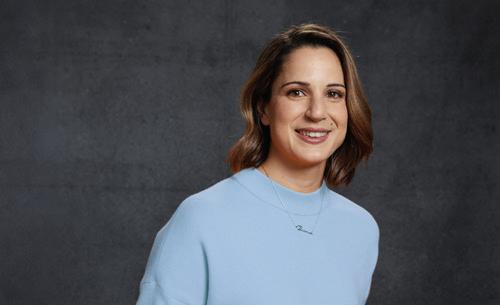
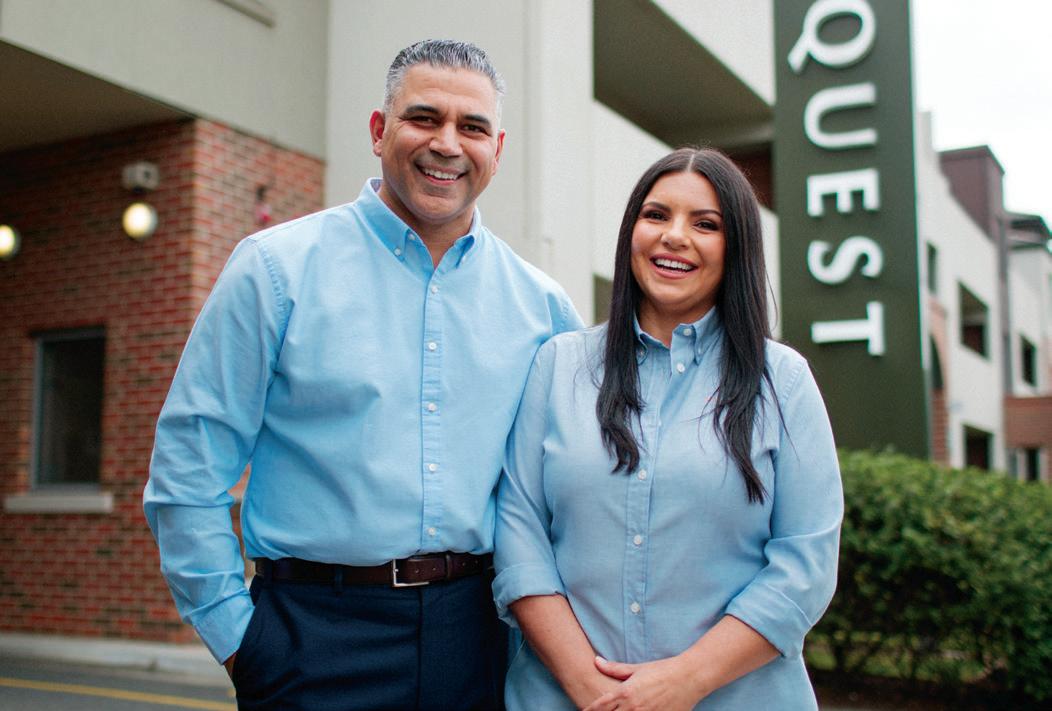
local business owner with ‘skin in the game’. These dedicated individuals are committed to the ongoing success of their respective businesses, making Quest one of the most reliable and valuable business owner networks in the accommodation industry.
Each Quest franchise business owner receives many benefits, including access to an
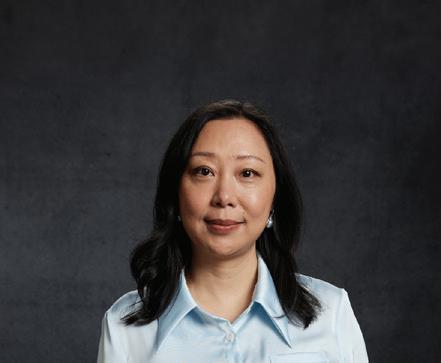
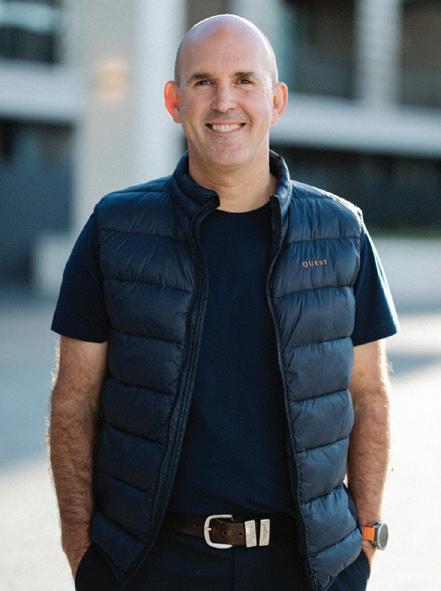
established business format franchise model comprised of brand standards, training, recognised systems, and decades of consumer trust and loyalty. Quest franchise business owners also have access to expert guidance across all facets of their business from marketing to sales to revenue management, IT, operations, finance, people and culture and growth.

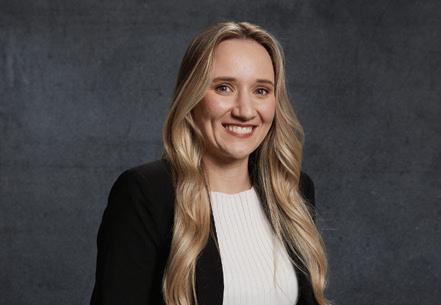
At the national level, award winning branding and partnerships support a purposeled approach to business that is fortified locally by dedicated Franchise Relationship Managers who help each Quest franchise business owner reach their business goals. The value of Quest’s brand awareness is beyond compare throughout Australasia, offering new franchise business owners the benefit of a highly recognisable brand that attracts guests from day one.
Looking for unlimited possibilities? An investment in a Quest Apartment Hotel franchise offers aspiring hotel entrepreneurs a compelling opportunity to capitalise on a renowned brand, comprehensive support infrastructure, and the flexibility to infuse their property’s day-to-day operations with their unique brand of ownership culture.
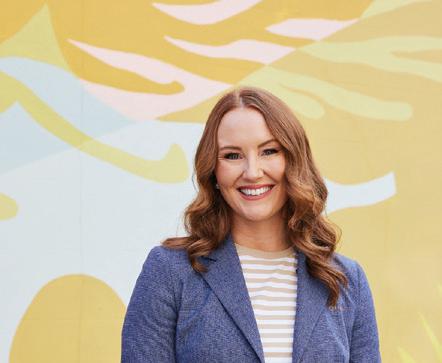
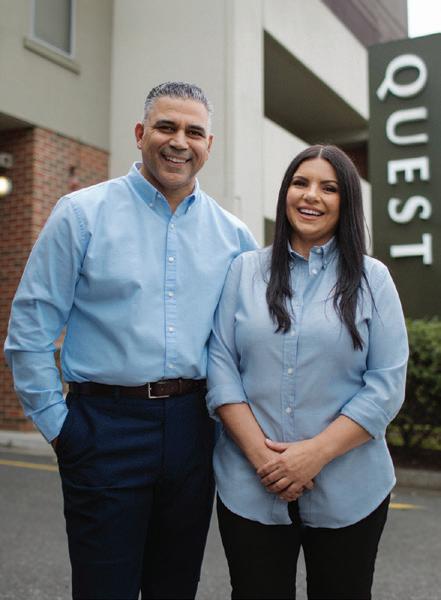
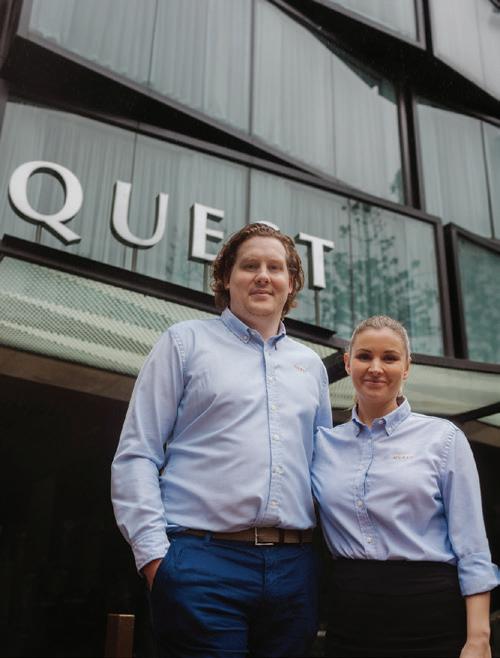

29 AccomNews - Autumn 2024 MANAGEMENT
to
Visit questapartments.com.au/about-quest/franchising-opportunities
take your first step.
Strategies for successful RMS adoption in hotels From awareness to advocacy:
By IDeaS Revenue Solutions
Revenue management technology helps hotels to attract demand from high value guests, operate efficiently, improve revenue performance, and increase business profitability. However, in order for a Revenue Management System (RMS) to deliver longterm revenue optimisation benefits for a hotel, it must first be adopted and utilised successfully within the organisation.
If the initial deployment phase does not go smoothly, an organisation will likely have limited opportunities for long-term success with revenue management technology. With that in mind, how can hoteliers maximise their chances of RMS adoption success?
Identify and overcome adoption and usage challenges
After receiving budget approval for an RMS, it is critical that hotel management proactively identify and address factors that could hinder the system’s utilisation during the adoption phase.
One of the primary challenges in achieving widespread adoption of any new technology is the lack of awareness among staff and management about the new system. To mitigate this, developing a comprehensive communication strategy is vital. This strategy should leverage internal channels to promote the RMS. It should also involve recruiting key managers and stakeholders who would act as advocates and training partners, as their endorsement can significantly bolster the system’s visibility and perceived value.
Another challenge is overcoming hesitation towards adopting the new tool. Even with awareness, some colleagues may resist using the RMS as a reaction against change. In such a situation, hotel managers need to demonstrate how the RMS will complement, rather than replace, existing
roles and directly address individual concerns to facilitate smoother adoption.
The perception of value also plays a crucial role in the adoption of any new system. Stakeholders are more likely to embrace the RMS if they understand its benefi ts. As such, it is important to communicate information that highlights the RMS’s value, potentially through case studies, demonstrations, or testimonials from other users. This can help shift the perception of the RMS from an optional tool to a critical component of the hotel’s operational strategy.
In-depth training and ongoing access to information can help stakeholders feel more comfortable using an RMS longterm. The training process should be designed to accommodate the schedules and learning paces of all users. It should provide access to ongoing user materials, along with a clear plan for ongoing support. This will ensure higher rates of adoption across the hotel organisation, and safeguard that the RMS is being utilised to its full potential over the long-term.
Focus on ease of use to encourage adoption
Operators who have confidence in their tools are likely to use them. The best way to foster trust between hotel staff and new innovations is to keep things simple. If staff are informed about how a system works and what they can expect in advance, they are prepared to adjust to new systems and ways of working in a way that minimises disruptions.
Ease of use solutions for RMS users could be as basic as a usage guide for revenue managers, explaining everything from how to adjust strategies on a busy day, to prioritising daily time in an RMS, to simply explaining the “why” a value is important. Always ensure the technology, supporting processes, and training are designed to meet the needs of everyone in the hotel who will interact with the RMS. Additionally, it’s crucial to clearly communicate these objectives to all relevant parties.
Learn from industry leaders
Hoteliers often have time and capacity restraints when it comes to implementing complicated new systems and processes, despite the promise of increased efficiency or revenue. This can extend the duration of the rollout process, while potentially building a negative perception of the new tool among existing users and hotel staff.
Given the staffing constraints that many hotels currently face, it is in hoteliers’ best interests to leverage the skills and expertise of their technology partners to facilitate the most eff ective rollout possible. While hoteliers are benefi tt ing from the adoption of new tools, it is not necessary for them to be involved in the installation or set up of any new tech. Hotels need to ensure they trust their technology partner to manage a rollout without disrupting ongoing business. If hoteliers can trust that any new system will work seamlessly without diverting attention from a staff member’s current tasks, these tools will be more likely used successfully over the long-term.
Collaborate for success
Revenue management is a marathon, not a sprint. Hoteliers will see the greatest return from any investment in an RMS over time. The longer a hotel has a system in place, working in conjunction with an eff ective team, the greater the return a hotel will experience.
Hotel owners, managers and technology partners should always remember that what is being implemented will ultimately improve the business, therefore they should seek to engage with one another collaboratively. This ensures that any deployment of revenue management technology is as seamless, efficient, and eff ective as possible for the long-term benefi t of the organisation.
For more information on how your hotel can maximise the chances of revenue management technology adoption success, please visit: www.ideas.com
30 AccomNews - Autumn 2024 MANAGEMENT

Beyond the brochure:
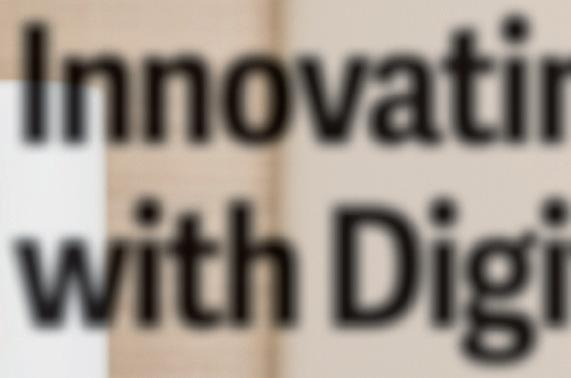


Innovating in-room guest services with Digital Compendiums
 By Mandy Clarke, Editor
By Mandy Clarke, Editor

We provide your hotel with an easy to manage digital version of your in room guest compendium.
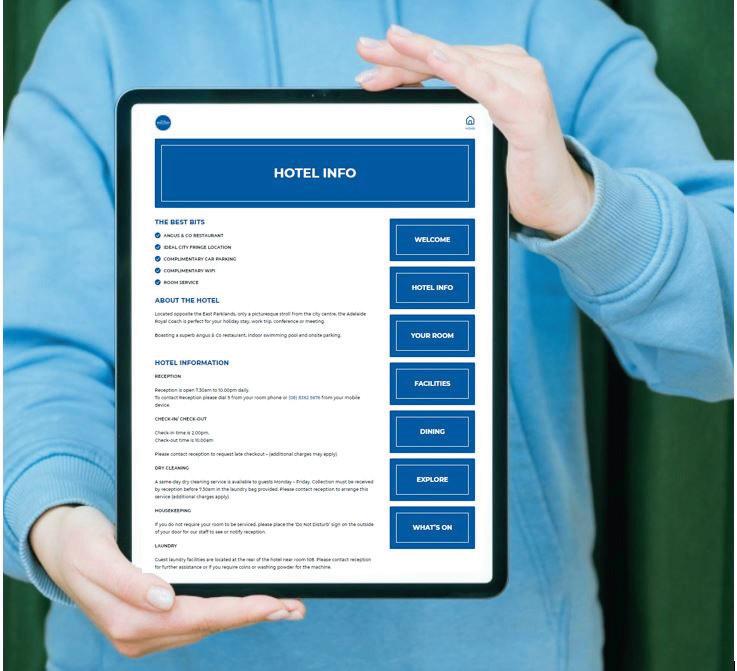
Your guests simply scan a QR code and access via their own device.
Hassle-free subscription
No lock in contracts
Affordable and convenient
No more worrying about outdated systems or costly software solutions
Save you time and money
We make it easy for you!
For more information:
info@digitalhotel.com.au

Digital compendium solutions are indispensable tools for enhancing guest experiences and streamlining hotel operations.
Even before the pandemic, accommodation providers were striving to meet the digital demands of modern travellers, but the hygiene constraints during COVID-19 escalated the integration of innovative technologies.
An expert in digital hotel solutions from Digital Hotels sheds light on the transformative potential of digital compendiums within the guestroom environment. With a focus on enhancing guest convenience, customisation and operational efficiency, let’s explore how these digital platforms cater to the preferences of each guest while anticipating and incorporating future technological advancements.
Join us as we reveal our expert’s insights and uncover the pivotal
role of digital compendiums in shaping the future of hospitality.
How do digital compendium solutions incorporate the latest trends and features to enhance guest convenience within the guestroom environment?
Digital compendium solutions enhance guest convenience by leveraging the latest in web technology, enabling guests to access a wealth of hotel information and services directly from their own devices.
These solutions utilise QR codes for easy access, ensuring that guests can find everything they need with just a simple scan. This approach taps into the trend of contactless service, providing a modern and convenient way for guests to interact with hotel offerings, all while maintaining the comfort and privacy of their rooms.
How do digital compendiums facilitate customisation and personalisation of in-room experiences?
Digital compendiums allow hotels to customise their digital interface extensively. This includes uploading their
32 AccomNews - Autumn 2024 TECHNOLOGY
| digitalhotel.com.au
Scan the QR code to see a live demo
© Adobe Stock, stock.adobe.com
logo, selecting brand colours, and crafting original copy that mirrors their brand voice. By enabling hotels to tailor the look, feel, and content of their digital compendium, guests receive a cohesive brand experience that extends from the physical aspects of the hotel into the digital realm.
While personal data isn't used to customise experiences, the ability to create unique QR codes for different guest segments allows for the personalisation of content, making the in-room experience more relevant and engaging.
How can digital compendiums cater to the individual preferences and abilities of each guest?
By providing the option to create unique QR codes for different guest segments, digital compendiums offer a level of personalised content delivery. This functionality enables hotels to tailor information and services to match the preferences of various guest types, such as loyalty members or guests in specific room categories. Additionally, the platforms can be designed with accessibility features in mind, ensuring that all guests, regardless of language proficiency or physical ability, have equal access to the information provided.
Can digital compendiums integrate with other in-room and property-wide technologies to create a seamless and cohesive guest experience, particularly in terms of smart room controls and on-demand entertainment?
While digital compendiums may not directly interface with property management systems or control in-room technologies, they play a vital role in informing and guiding the guest experience.
By providing detailed information and instructions on using in-room and property-wide technologies, such as smart room controls and on-demand entertainment systems, digital compendiums help create a more seamless and integrated guest experience. Even without direct integration, the comprehensive information and ease of access offered by digital compendiums contribute to a cohesive and enjoyable stay for guests.
How do digital compendium solutions contribute to eco-friendliness and operational efficiency?
Digital compendium solutions significantly reduce the need for printed materials, aligning with eco-friendly practices by minimising paper use and waste. This not only contributes to environmental sustainability but also enhances operational efficiency. Real-time updates and digital content delivery eliminate the need for physical updates and replacements, ensuring guests always have access to the latest information and services. This streamlined approach reduces costs, saves time, and supports a more sustainable operation.
How are digital compendiums staying ahead of the curve in anticipating and incorporating future technological advancements?
Digital compendiums stay ahead by being flexible and adaptable, ready to incorporate new web technologies and digital trends as they arise. This adaptability ensures that the guest experience remains modern and engaging, meeting the evolving expectations of travellers. Continuous updates, feature enhancements, and the ability to customise content for specific guest segments keep digital compendiums at the forefront of hospitality technology, offering innovative solutions that anticipate future needs and advancements.
How can the security and privacy of guests be ensured when utilising digital compendiums?
The design of digital compendiums inherently prioritises the security and privacy of guests, as these platforms do not require the sharing of personal guest data. Robust security measures, such as data encryption and secure hosting, protect the integrity of the platform and any interactions guests may have with it.
By offering a service that does not collect or store sensitive personal information, digital compendiums ensure a high level of privacy and security, allowing guests to access hotel information and services without concern for their personal data's safety.

Digital Hotel: Elevating Guest Engagement
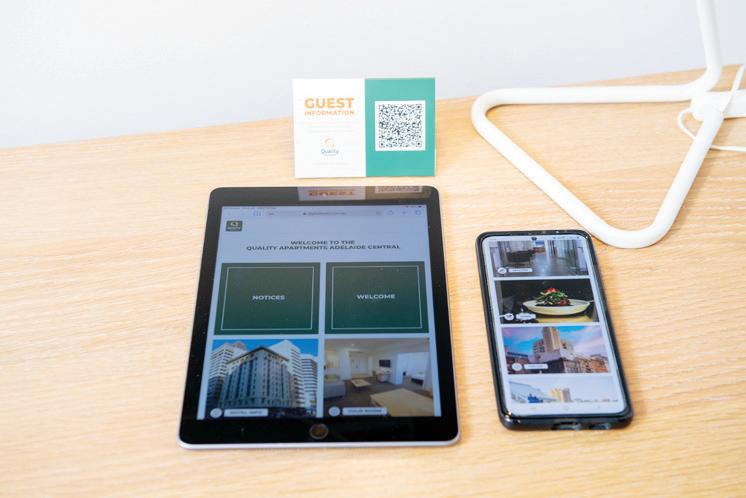
Discover our web-based Digital Hotel Guest Compendium: an easy-to-update, customisable platform that keeps your guests informed with the latest information, videos, and branding, all in real-time. Elevate your guest experience with seamless digital convenience.
Get started with our unique QR code solution: guests simply scan to access all hotel information directly on their devices, eliminating hardware costs and enhancing convenience.
Digital Hotel, an Australian-owned, affordable solution, offers tiered pricing based on your room count, with no contracts. Easy to onboard and go LIVE quickly. Mention this ad for a $0.00 setup fee and get started for nothing!
Say Goodbye to Printed Compendiums: Welcome to Digital Hotel!

Scan the QR code to see a live demo
For more information: info@digitalhotel.com.au digitalhotel.com.au
33 AccomNews - Autumn 2024 TECHNOLOGY
© Adobe Stock, stock.adobe.com
Is your guest wifi hindering a chance for a 5-star review?
In the age of technology and connectivity, a strong wifi connection is no longer just a convenience — it's an expectation.
From cafes to hotels and restaurants to retail stores, offering wifi to guests has become almost obligatory.
But here's the thing: simply providing wifi isn't enough anymore. With the rise of online reviews and social media, your guest wifi could be a crucial factor in determining whether your establishment receives a stellar five out of five review or a disappointing rating.
Think about it: how often have you visited a restaurant or hotel, eagerly connected to their guest wifi network, only to be met with slow speeds, unreliable connections, or complicated login processes? It's frustrating, to say the least, and it can significantly impact your overall experience as a guest. In today's digital age, where online reviews carry immense weight, a subpar wifi experience can spell disaster for your business's reputation and return bookings.
Here are a few reasons why your guest wifi might be hindering your chances of receiving that coveted 5-star review:
Slow speeds: In a world where we're accustomed to lightningfast internet connections at home and at work, encountering sluggish wifi speeds when we're holidaying or working away from home can be incredibly frustrating. Whether it's due to insufficient bandwidth or outdated equipment, slow guest wifi can quickly sour a guest’s experience. If guests have to wait ages for a webpage to load or struggle to stream a video, they're unlikely to leave a glowing review of your establishment.
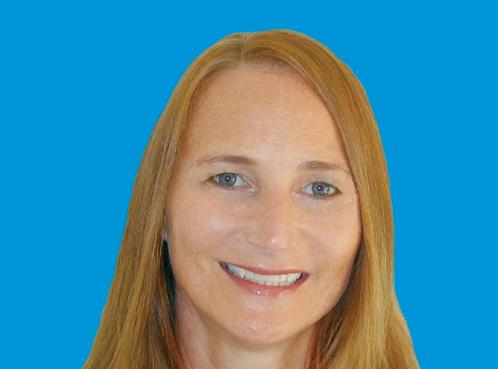

Unreliable connection: Nothing is more infuriating than a wifi connection that constantly drops out or fluctuates in strength. Whether it's caused by interference from other devices, poor signal coverage, or technical issues with your router, an unreliable connection can leave guests feeling frustrated and dissatisfied. If your wifi cuts out in the middle of an important video call or online transaction, it's sure to leave a negative impression.
Complicated login processes: Gone are the days when guests were willing to jump through hoops just to connect to wifi. If your establishment requires guests to jump through multiple
Simply providing wifi isn't enough anymore
authentication hoops, enter lengthy passwords, or fill out tedious forms just to get online, you're likely deterring them from using your wifi altogether. Keep it simple and streamlined, and you'll earn major brownie points with your guests.
Lack of security: With cyber threats on the rise, guests are more concerned than ever about the security of their personal information when using public wifi networks. If your guest wifi network lacks proper encryption or other security measures, you're putting your customers at risk of falling victim to hackers or identity thieves. A secure wifi network not only protects your guests' data but also helps to build trust and confidence in your establishment.
Poor coverage: Ensuring adequate wifi coverage throughout your complex is

essential. There's nothing worse than finding yourself in a wifi dead zone, unable to get online when you need it most. Invest in your guest wifi throughout your establishment to ensure seamless coverage everywhere your guests roam.
What can you do to ensure that your guest wifi is up to par and deserving of that five out of five review?
First and foremost, invest in stable and reliable internet service. A fast and stable fibre connection is the foundation of a positive wifi experience for your guests. It is the engine to your guest wifi system. Fibre connections and faster internet alternatives are becoming more cost-effective. Speak to your guest wifi provider about what is suitable and available for your complex.
Your guest wifi provider should be regularly monitoring your guest wifi network and addressing any issues that may arise promptly. They should also be guiding you as to the next evolution in guest wifi for your site. Whether that is upgrading your routers to faster devices or a newer technology suitable for your site.
By prioritising the quality and reliability of your guest wifi, you can ensure that your establishment leaves a positive impression on every guest who walks through your doors. With a stellar guest wifi experience, you might just find yourself inundated with 5 out of 5 reviews from satisfied customers.
34 AccomNews - Autumn 2024 TECHNOLOGY
Judy Senn TimeOut Internet
© Adobe Stock, stock.adobe.com
Navigating the seas of housekeeping excellence:
Insights from Royal Caribbean’s fleet
Lycette and Associates (L&A) recently conducted training for Royal Caribbean International in Miami, Florida, USA
— The Housekeeping Leadership Conference for Royal Caribbean International Miami 2024.
The L&A team of Janine Hancox and Anne-Lyse Dufour flew with me to Miami from Australia and London in mid-March to conduct a Housekeeping Leadership Conference for 38 housekeeping managers and leaders from Royal Caribbean’s fleet.
To ensure the content of the conference was relevant, Janine and I had previously spent seven days onboard Royal Caribbean’s Quantum of the Seas. The cruise was an opportunity to learn and understand how ship housekeeping systems work compared to hotels on land. From this, we were able to design a highly relevant two-and-a-half-day conference session, covering topics including leadership, finance, coaching, handling conflict, motivational strategies, stock control and problem-solving.
Unlike hotels, cruise ships have a “turn around day”; the day when sailing guests disembark the ship between 9.00 am to 10.00 am and new guests begin arriving by 1.00 pm. Each State Room Attendant services an average of 23 rooms, so a lot of preparation is required and some pretty fantastic organisation. Heavy-duty cleaning is done in the days prior, and a spare set of bedding is made up and placed under the beds in storage bags. Cruise ships require an extra step of disinfection following all the regular cleaning steps. Some of the public area team and other non-room related housekeeping staff are also rostered on a

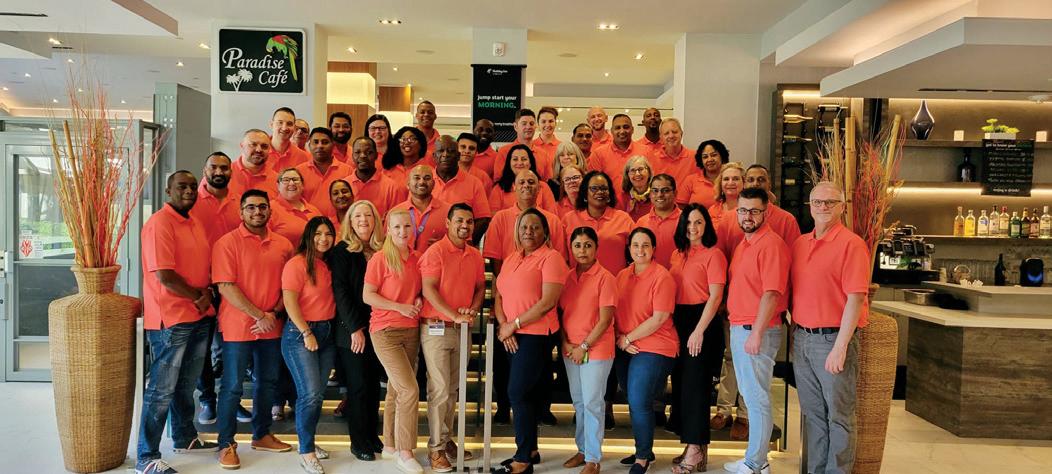
rotation basis to help strip State Rooms and make beds.
Another important part of the operation is the ordering of supplies and equipment. There is no opportunity to pop out to the shops if something is missing. Most of the supplies are dispatched from Miami, so it’s a fine line between over-ordering and running out of stock. Space onboard is also at a premium. Apart from taking care of the State Rooms, Housekeeping is also responsible for the vast public areas on the ships, all the pools, pool decks, back of house and staff areas including accommodation.
The restaurants onboard are the responsibility of the Food and Beverage team, and this includes all the daily cleaning, carpet shampooing, and upholstery.
The on-board laundry is the responsibility of the Laundry Master who reports to the Executive Housekeeper. The 13-chamber batch washer and dryers can process more than 100 kilograms of laundry per day. There are strict regulations on when and where anything can be disposed of. Water generated through the washing process is recycled. Any combustible waste is incinerated, generating heat for hot water. All other recycled materials such as glass and aluminium are sent ashore for recycling.
As the housekeeping team, and indeed all the ship crew, live onboard for months at a time, maintaining morale is a critical part of the Executive Housekeeper’s role. The challenge of constantly changing staff, including fresh team members not used to living
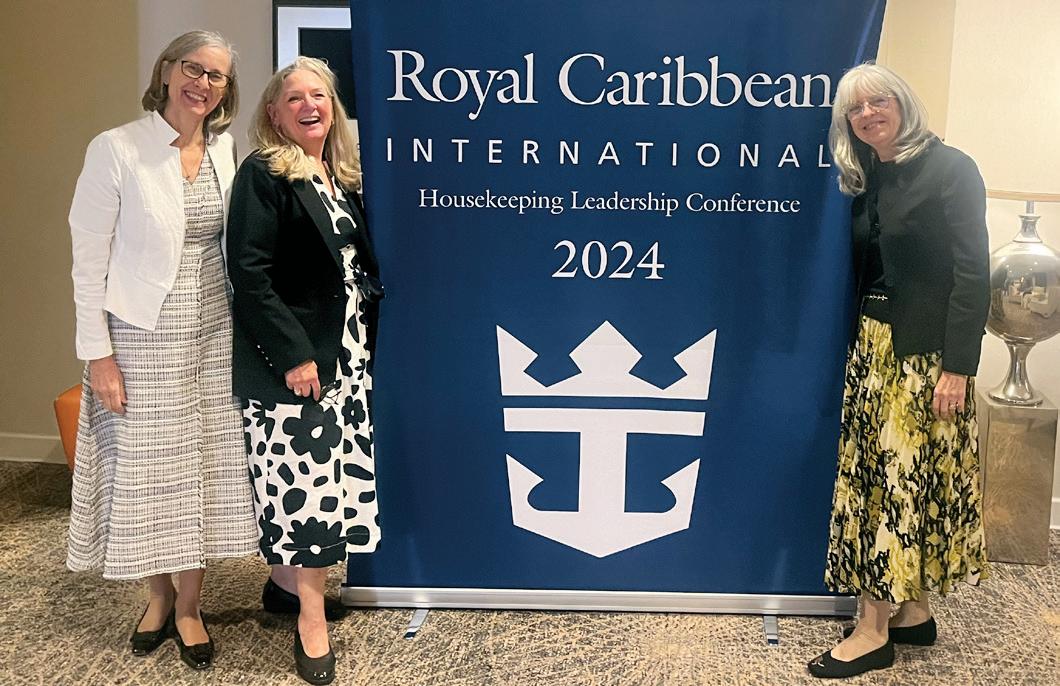
and working on a ship, requires strategic management.
At every port, part of the team will leave for a break or the end of their contract, and new team members will arrive. These team members need to be quickly integrated so training is key. This is also where strong quality control systems come into play. Working with a truly multicultural team, keeping them keen, interested and engaged is demanding, yet adds to the quality of guest interaction.
It's not only the team who are so varied, the guests are also very diverse depending on the ship, the route or part of the world the ship is operating in. Daily challenges such as bad weather and virus outbreaks are always a test for the housekeeping teams. The emphasis in housekeeping operations must always be on teamwork. However, this is even more critical on a ship, as the individuals are part of the shipboard family, taking care of each other and keeping everything ship-shape.
The L&A Housekeeping Leadership Conference held for Royal Caribbean International was highly successful.
Participant feedback showed that they valued the opportunity to interact and learn from us, and from each other, to sharpen their skills, and feel confident to face any challenges in the future.
35 AccomNews - Autumn 2024 HOUSEKEEPING
Liz Lycette Founder, Lycette and Associates Housekeeping Management Consulting
Images courtesy of Lycette and Associates Housekeeping Management Consulting
Sustainable sophistication with eco-friendly dispensers
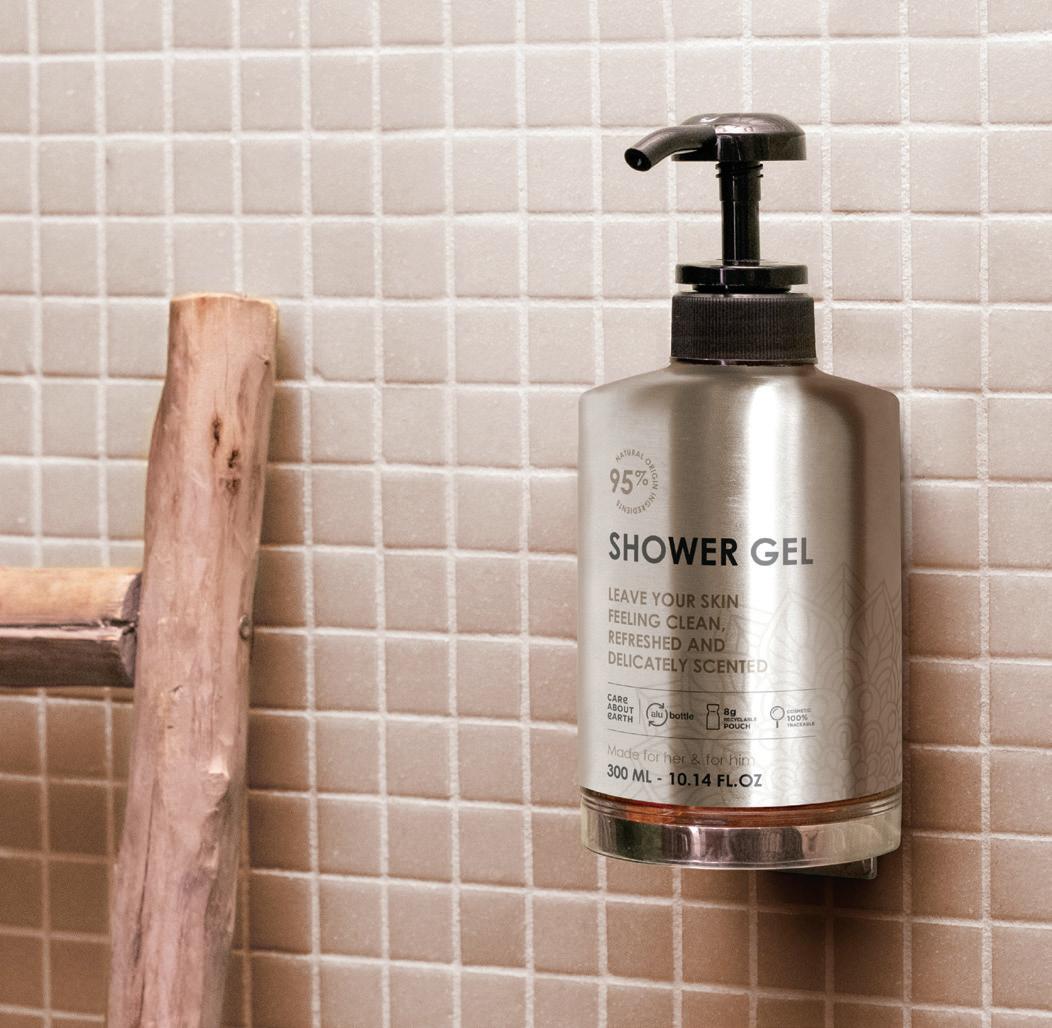
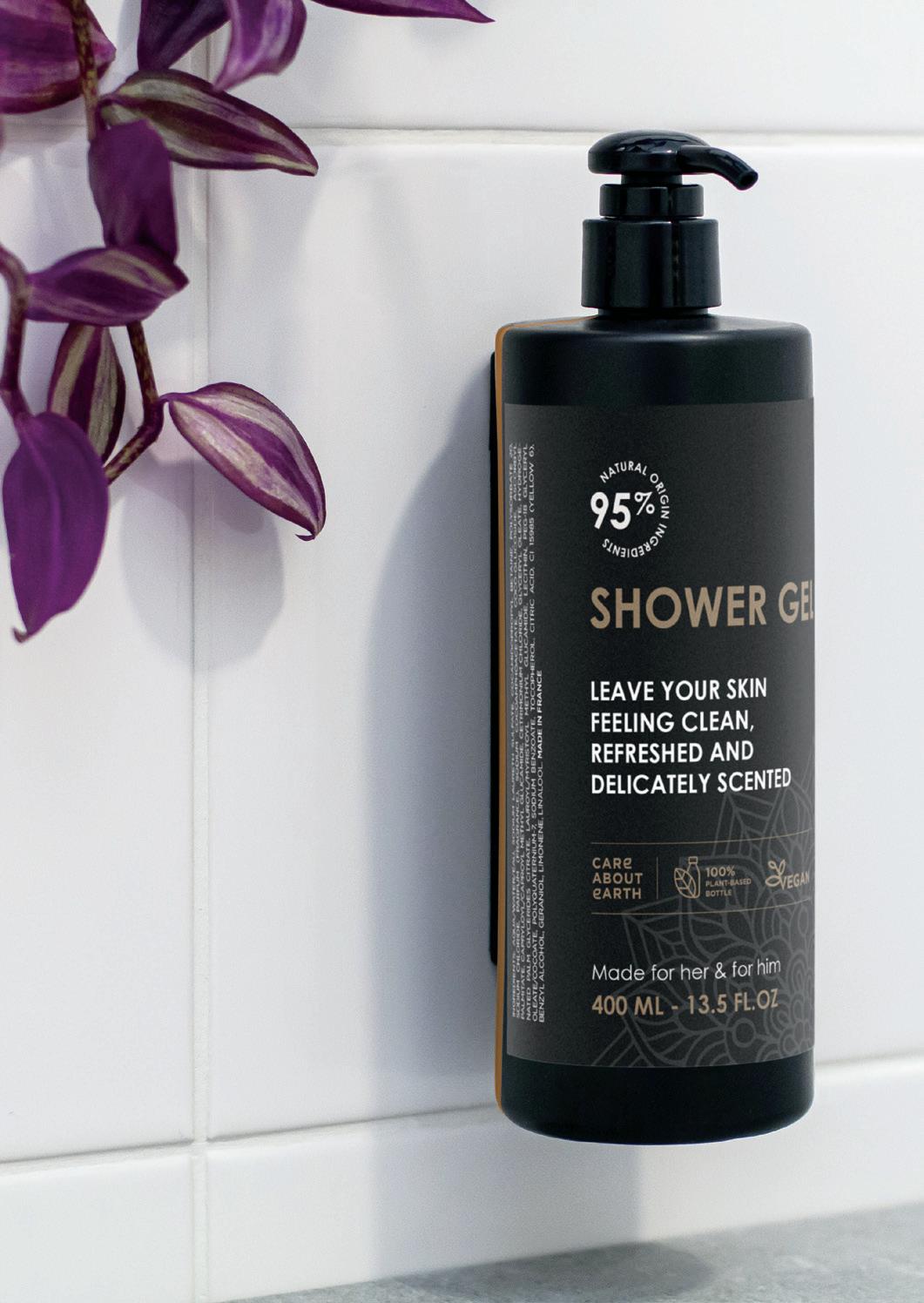 By Sarah Davison, Industry Reporter
By Sarah Davison, Industry Reporter
Every guest wants to enjoy the convenience and luxury of a wellequipped bathroom. From plush towels to fragrant soaps, and luscious shampoos and moisturisers, these amenities will impact your guests’ impression of your accommodation.
In 2024, gone are the days of tiny single-use bott les cluttering up precious space on the vanity or in the shower. Today, hoteliers are embracing ecofriendly practices and efficient design by installing dispensers for shampoo, conditioners, body wash and more. To learn more about the benefi ts of dispensers when compared to traditional toiletries, both for the environment and guest satisfaction, AccomNews spoke to three industry experts.
When compared to traditional toiletries, dispensers are a more eco-friendly option for hoteliers looking to improve their commitment to sustainability, something that Wim Eshuys, General Manager - Sales and Marketing at Weatherdon, said is being led by consumer demands.
“In today's hospitality landscape, sustainability takes centre stage, driving a shift towards large dispensers,” he said.
“Hotels prioritise refillable, traceable, and plastic-free options, aligning with ecoconscious practices to minimise environmental impact.”
Interior Images General Manager Mark Houston said there are many advantages to dispensers. “The benefi ts of dispensers include less product wastage, as you are not disposing of partly used amenities and then
providing the next guest with a new set of mini toiletries.”
Peter Weingartner, Principal of Swisstrade said that while moving towards dispensers reduces plastic waste when compared to traditional toiletries, it is imperative to ensure the dispenser packaging meets the latest material and recyclability standards.
Reducing the workload for housekeeping staff is always a priority for hoteliers. And while dispensers may appear to reduce the workload for the housekeeping team, it's important to select the right dispenser system for your business.
“Dispensers alleviate the housekeeping workload by simplifying product replenishment processes,” Mr Eshuys said.
“With bulk dispensers, staff spend less time restocking individual amenities, reducing labour-intensive tasks. Additionally, dispensers typically require less frequent refills compared to singleuse packaging, further decreasing maintenance eff orts. By streamlining replenishment procedures, dispensers contribute to operational efficiency and enable housekeeping staff to focus on other essential duties, ultimately enhancing overall productivity.”
Mr Houston explained: "The workload required really depends on the type of dispenser used,. A non-refillable dispenser will not need to be replaced for three to six weeks, depending on the product and your occupancy. For example, body wash is always used more. There are many diff erent ways a refillable dispenser program can be operated and depending on how often the hotel chooses to refill them, this will aff ect the workload for housekeepers.”
36 AccomNews - Autumn 2024 HOUSEKEEPING
Images courtesy of Weatherdon









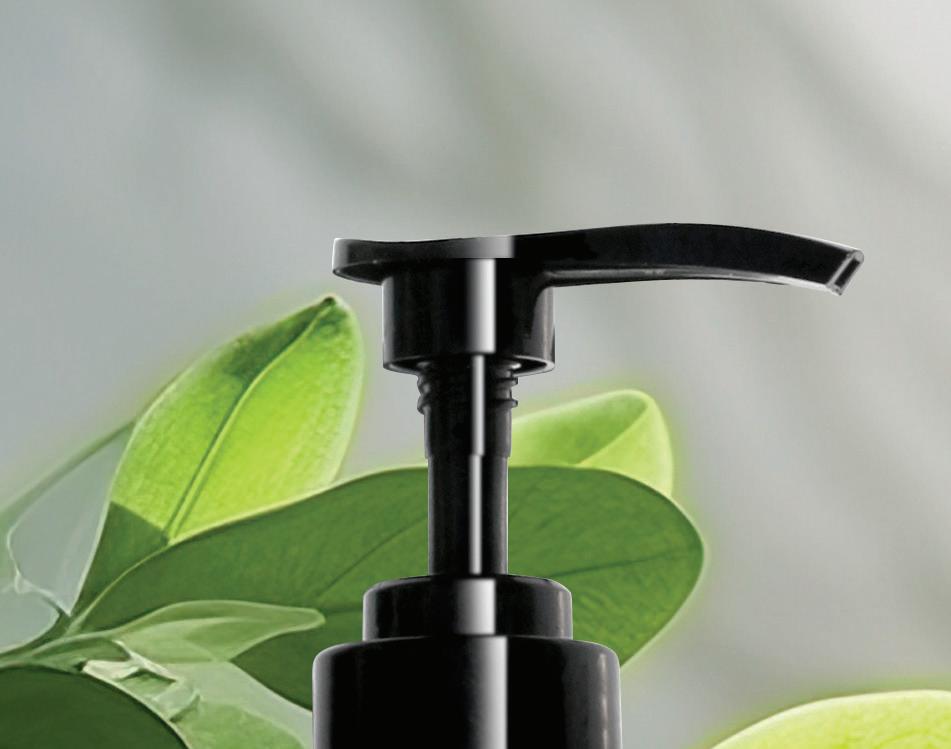







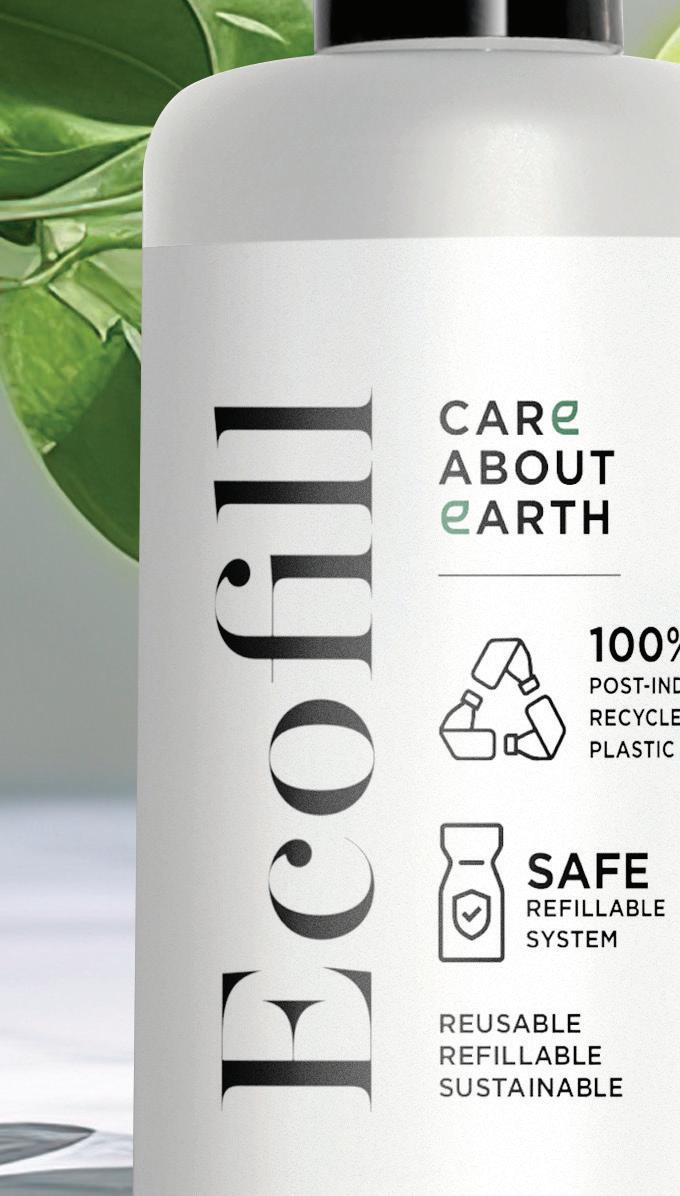



















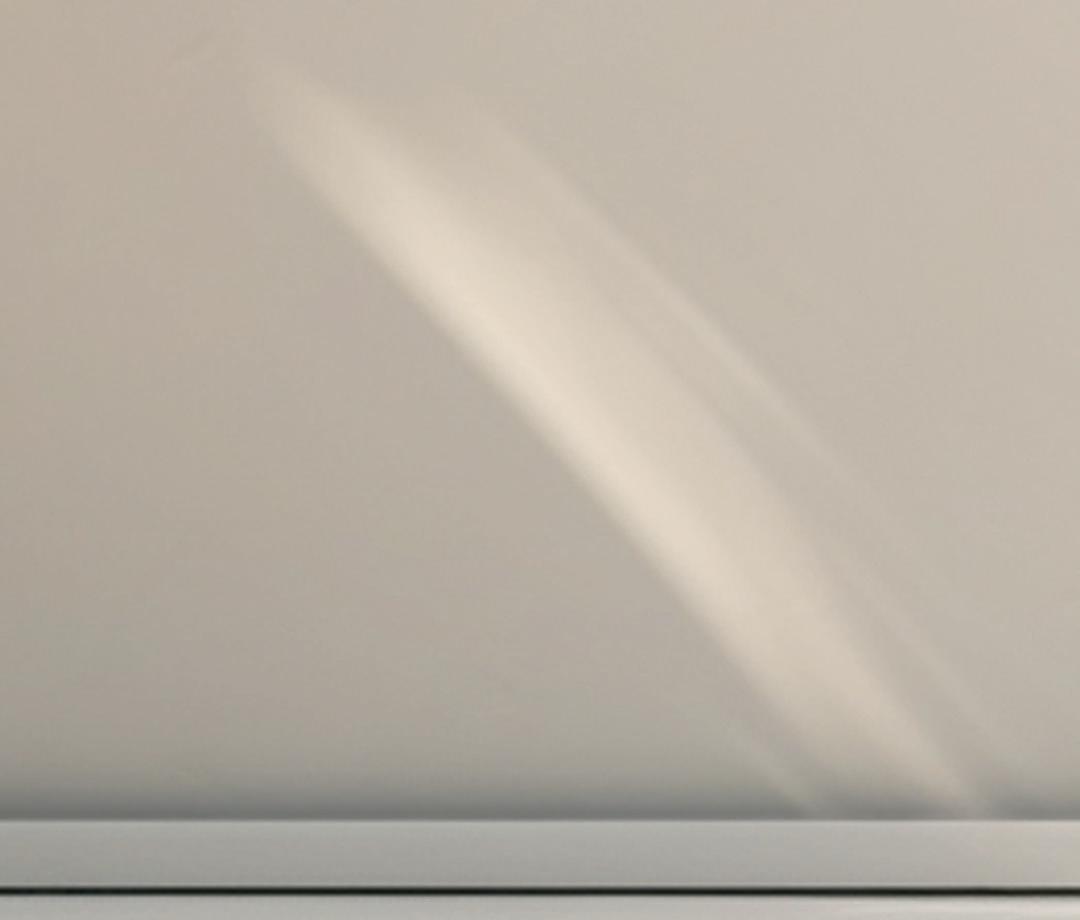





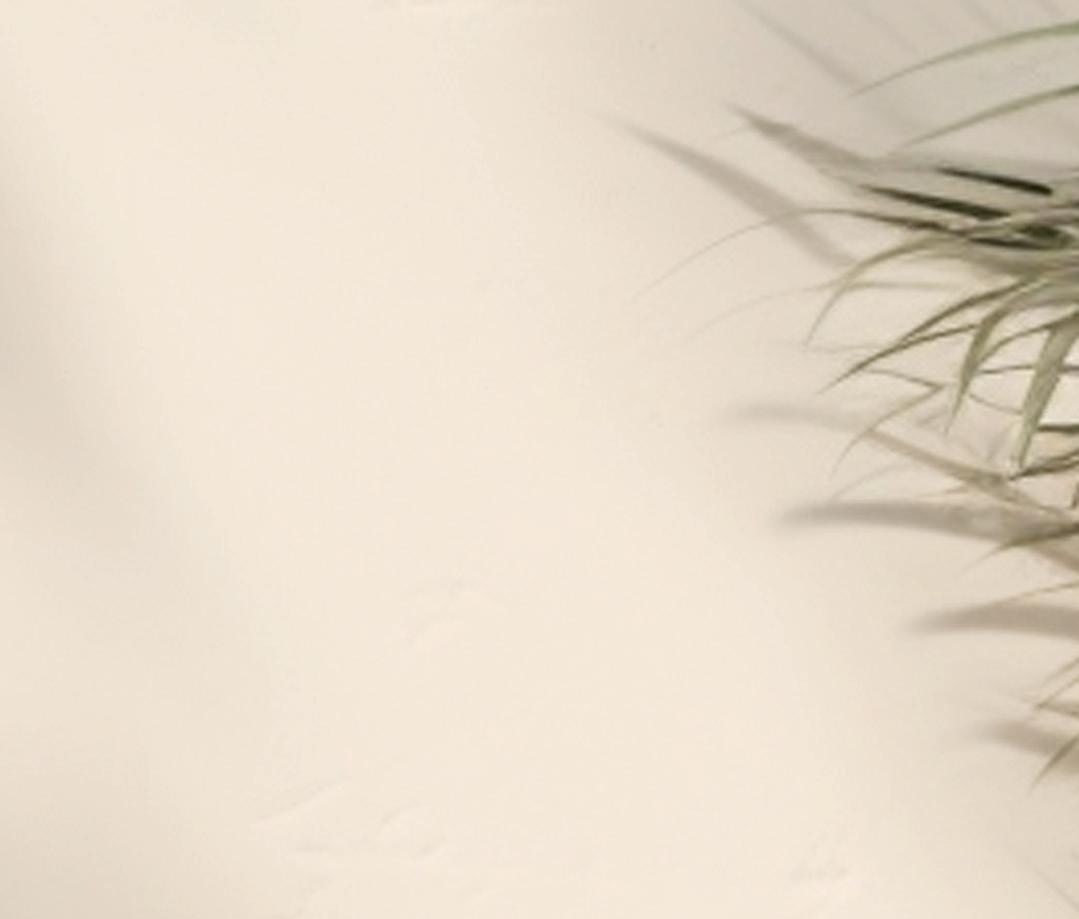





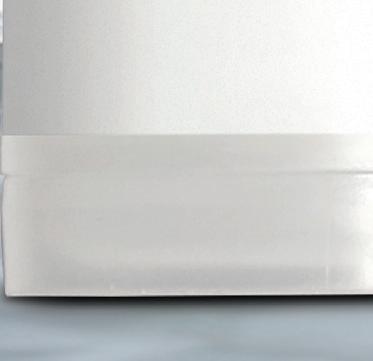
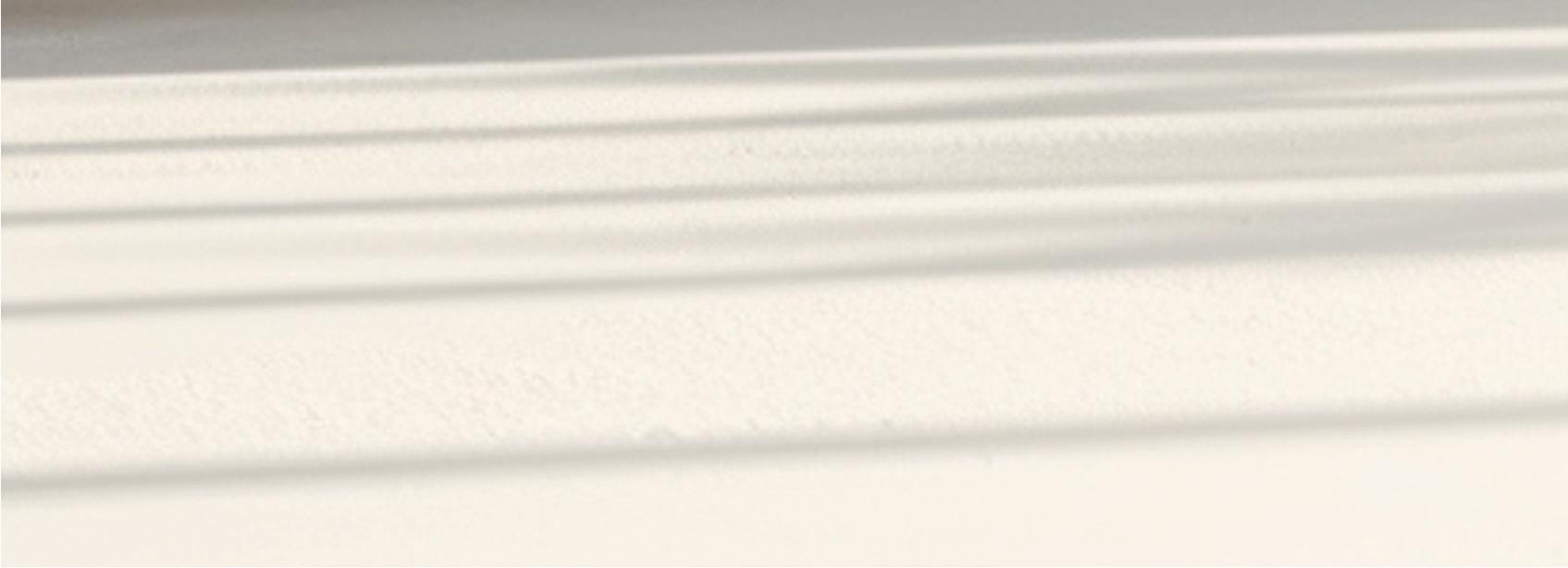







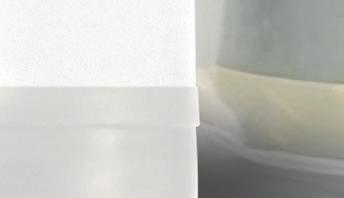


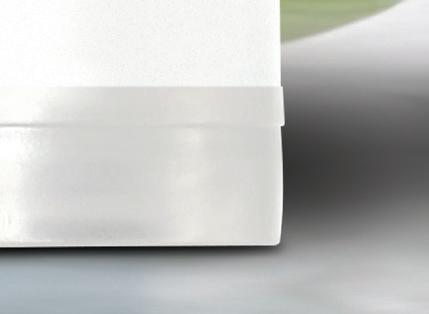





























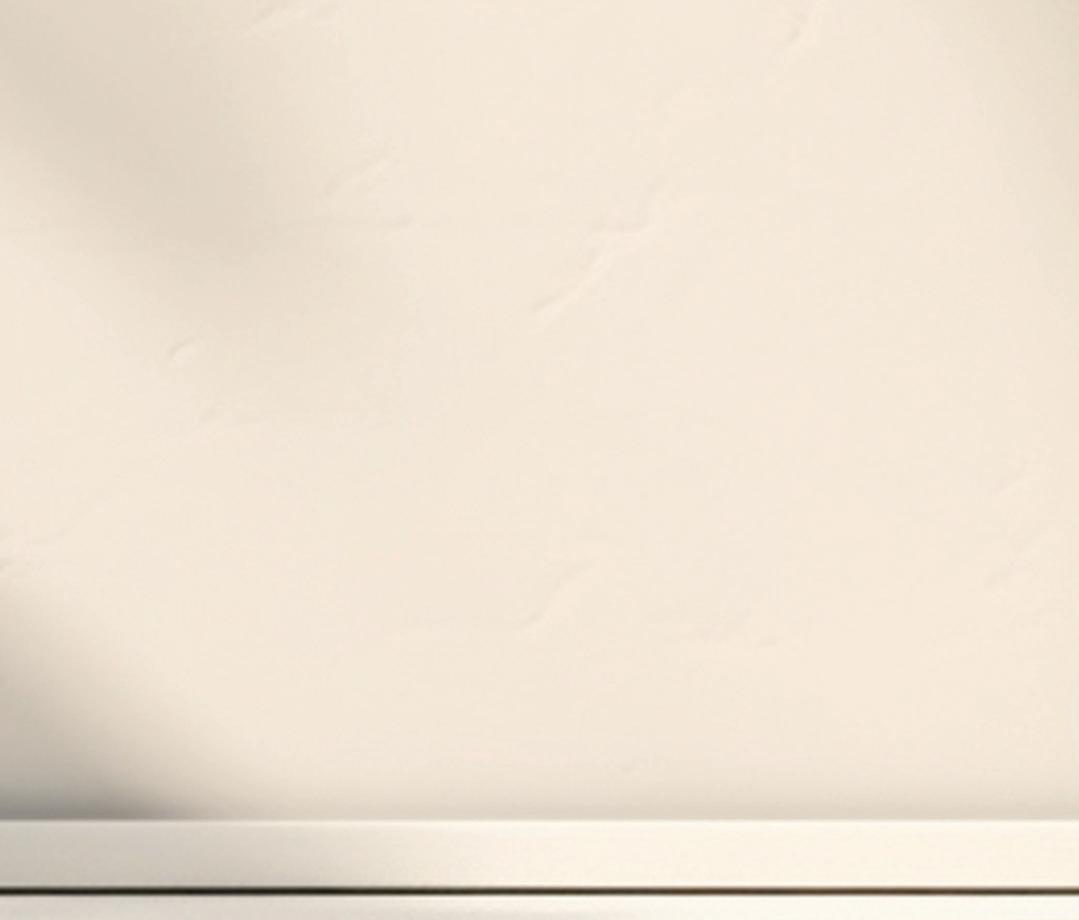
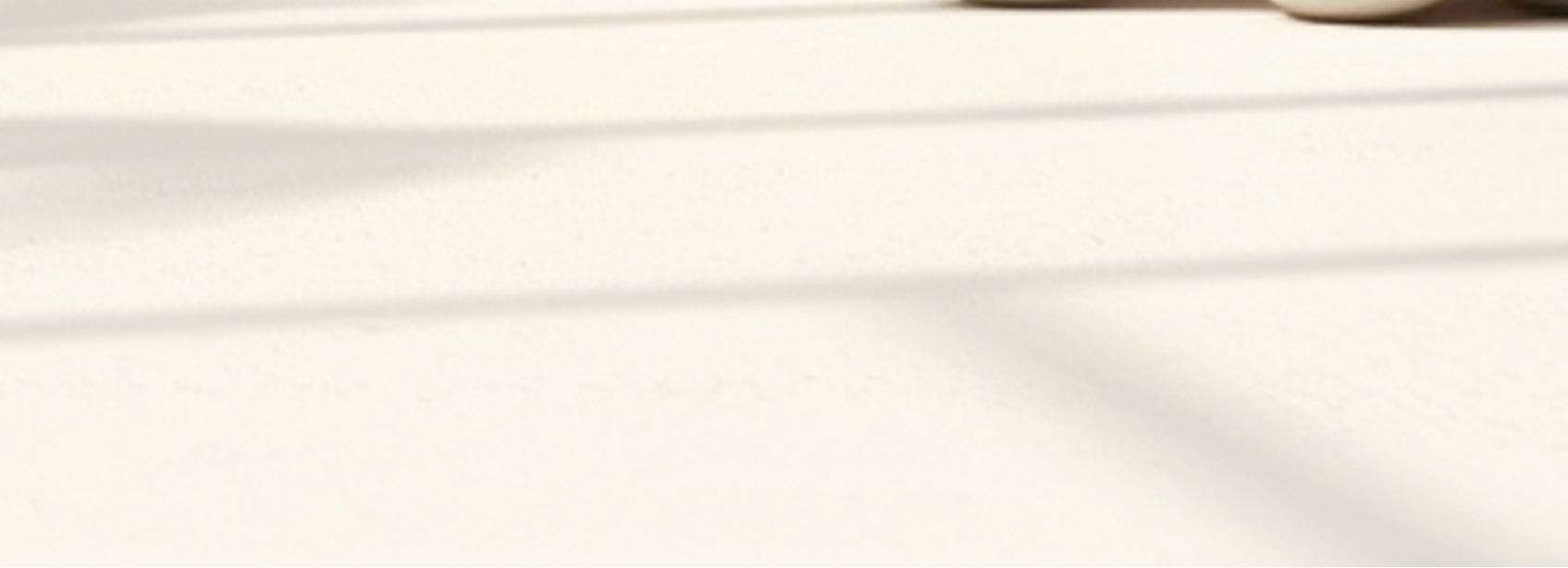

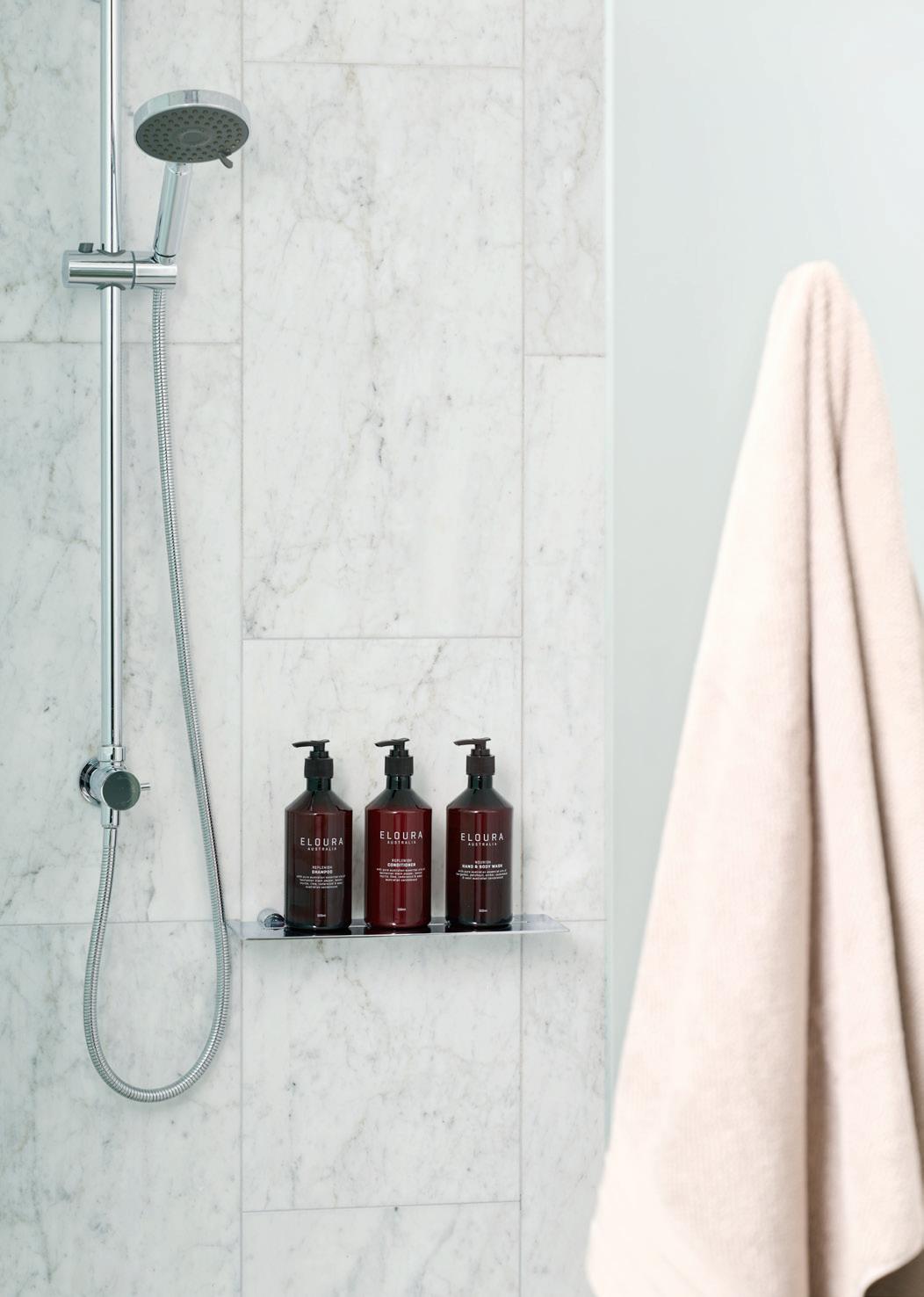
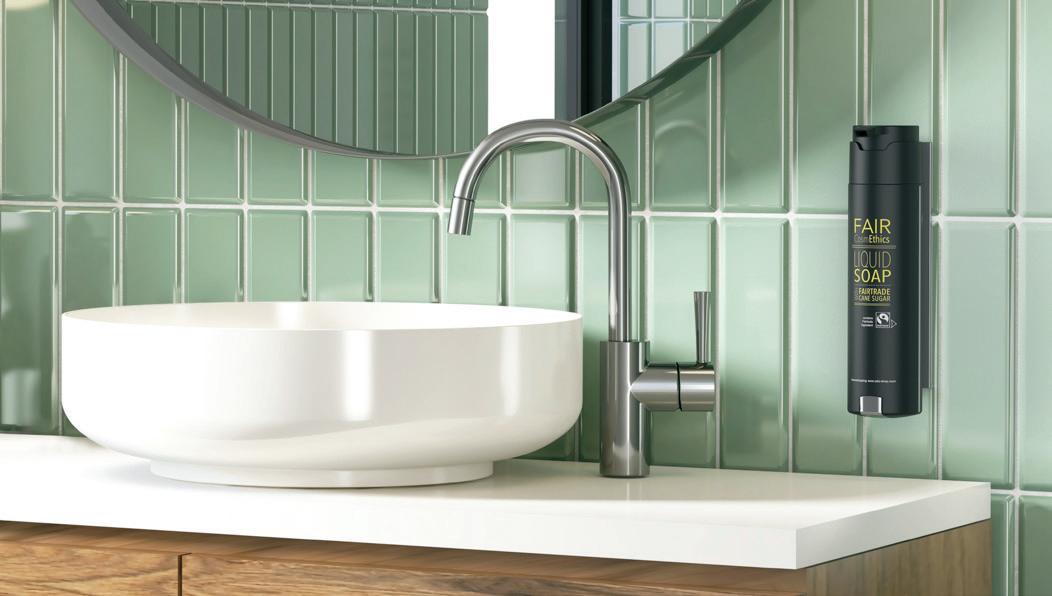
Mr Weingartner echoed this sentiment, saying that while most dispensers will only need to be refilled or replaced monthly, the labour cost associated with this process cannot be underestimated.
With the rising popularity of dispensers in hospitality settings, hoteliers can now select from a wide range of styles and colours, ensuring there is a dispenser range to suit every accommodation.
“Different brands have different packaging styles and colours,” Mr Houston said. “Dispensers can come in neutral tones such as dark browns, blacks
and whites as well as a selection of bright colours.”
Mr Weingartner said: “There is an abundance of dispenser models and technologies available on the market, making it important to invest in some research before selecting what’s right for your property."
Additionally, hoteliers can look to customise their dispensers to match their design aesthetic or brand.
“Accommodation operators have a large range of options in designs, colours, and styles when selecting amenities,” Mr Eshuys said.
EcoFill: Moving towards our sustainable future
Weatherdon introduces EcoFill, a game-changer in hotel amenities, revolutionising traditional practices with its refillable cosmetics dispenser.
Designed to combat plastic waste, EcoFill offers a seamless blend of eco-friendliness, convenience, hygiene and amazing luxury brands.
The hospitality industry’s transitioning away from singleuse plastic bottles towards larger pump bottles underscores a growing commitment to sustainability. EcoFill pioneers this shift by eliminating the need for frequent bottle replacements. Its sealed pouches, stamped for traceability, ensure every drop is utilised efficiently.
Crafted from recycled plastic or recyclable polycarbonate, EcoFill’s design minimises plastic consumption. Each 400ml pouch uses 33 times less plastic than traditional bottles over a 40-day
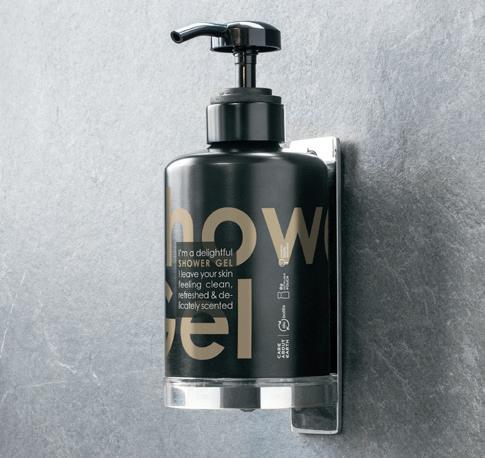
period, aligning with Weatherdon’s dedication to reducing plastic consumption in hotel amenities. Beyond waste reduction, EcoFill streamlines housekeeping operations with its user-friendly design, enhancing efficiency and ensuring product integrity through the “Stay Clean” system.
Teaming up with Groupe GM under the ‘Care about Earth’ program, Weatherdon showcases ecoresponsibility by prioritising green resources and reducing single-use plastic. Customisation options cater to diverse design needs, offering eco-friendly amenities from upto 50 French luxury
brands to personalised solutions. In formulation, our products prioritise natural ingredients, dermatologically tested and certified for various eco-friendly standards. Whether vegan, GMOfree, or gluten-free, operators have a spectrum of options crafted with care for the environment.
Eco Slippers: Stepping towards sustainable comfort
Step into a greener future with Eco Slippers, a progressive approach to sustainable comfort. Crafted with a slim organic sole made from plant-based fabric, these slippers redefine elegance with a conscience. Embracing a 100% plant-based philosophy, Eco Slippers proudly boast 0% plastic content, aligning with eco-conscious values.
Beyond its eco-friendly materials, Eco Slippers goes the extra mile in sustainability by packaging them in Bio Bags made from plant
based material. This thoughtful choice reduces the environmental impact from production to disposal, ensuring every step leaves behind a lighter footprint.
Designed for indulgence and environmental stewardship, Eco Slippers offer comfort without compromising sustainability, reflecting a commitment to greener living.
In Conclusion: Eco Fill and Eco Slippers symbolise more than just innovative products—they represent a collective commitment towards sustainability and ethical business practices.

38 AccomNews - Autumn 2024 HOUSEKEEPING
*Aluminium EcoFill bottle available on request
Images courtesy of Swisstrade
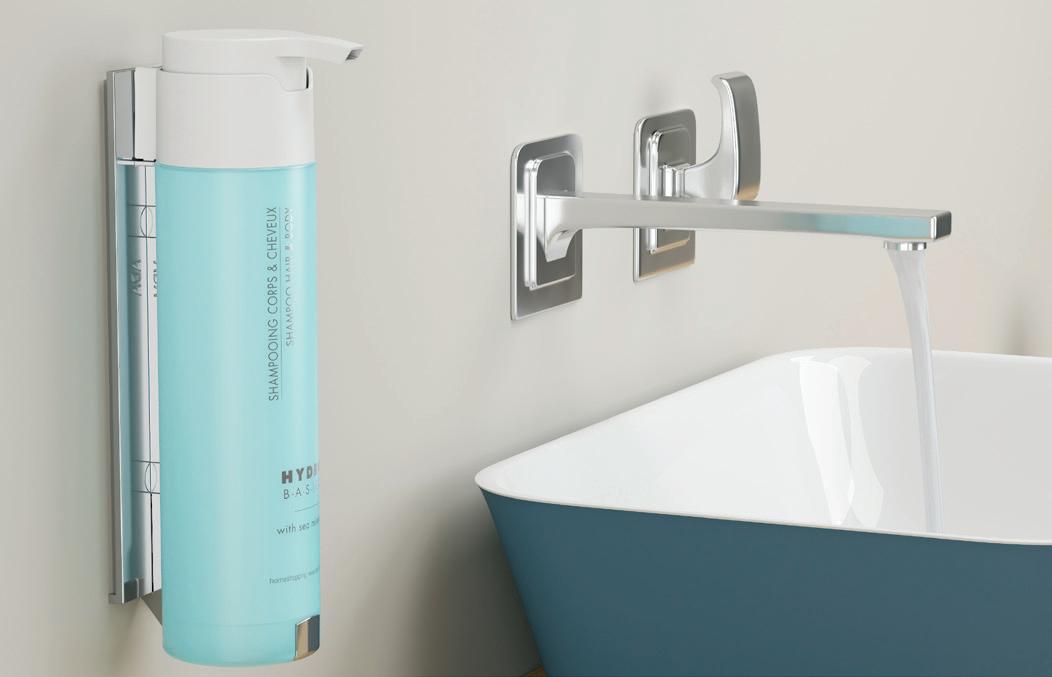
“From sleek and modern designs to classic and elegant styles, operators can tailor choices to their brand identity and guest preferences. With a wide range of colours and finishes, like aluminium, recycled plastic and polycarbonate available; they can create cohesive and visually appealing experiences throughout their properties, enhancing guest satisfaction and brand perception.”
Mr Weingartner added: “Beyond formulation, packaging and fragrance, the brand story and
image are key decision drivers in selecting the brand or product that best suits a property.
“Toiletries are one of the most recognised ‘influencers’ of guest well-being, therefore off ering a great opportunity to up the ante without the need for high capital cost.”
Finally, fragrance and product formulation are an important consideration when looking to make the switch to a dispenser system. With a wide range of products available, there is something to suit all budgets and accommodation types.
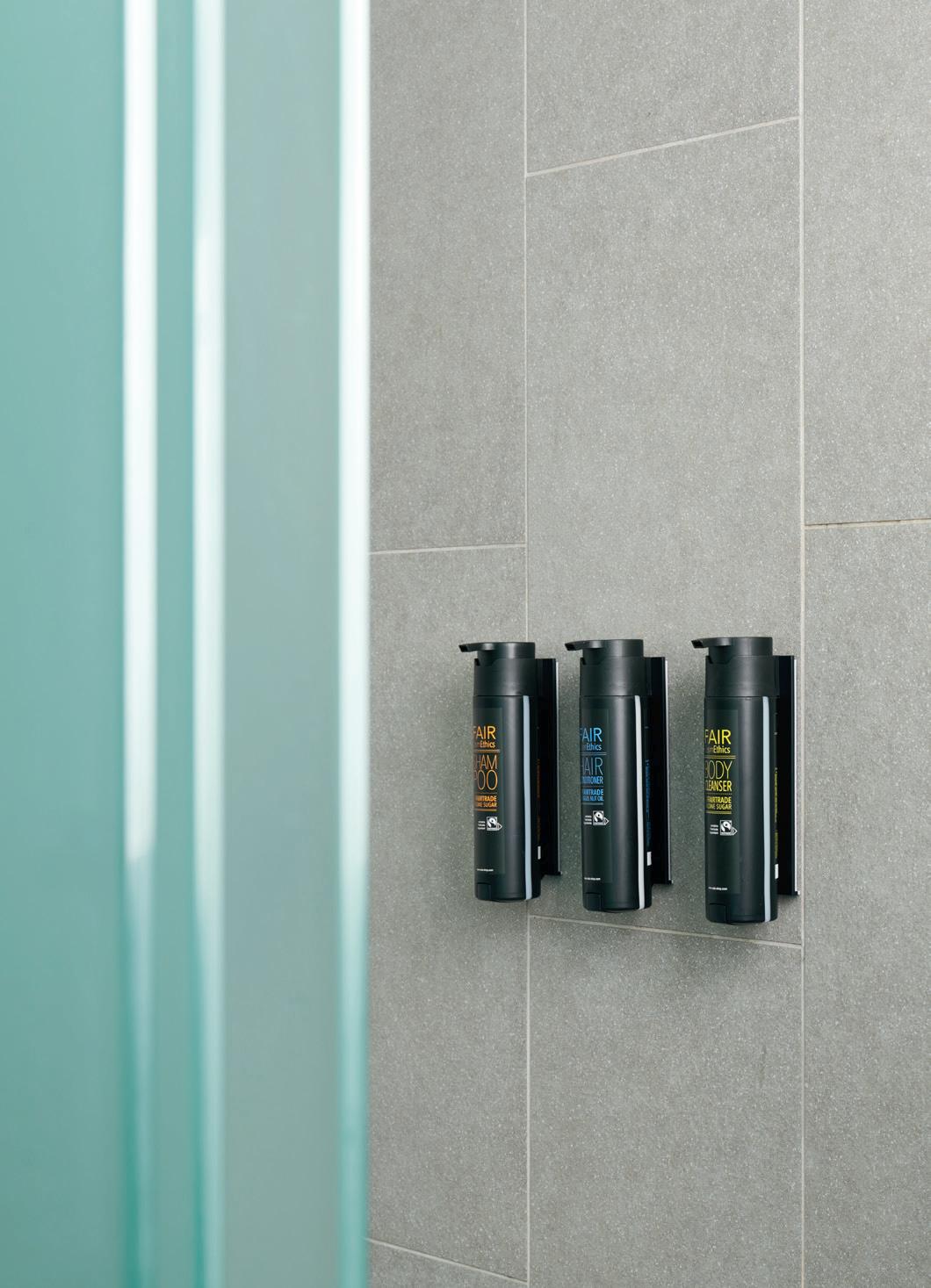
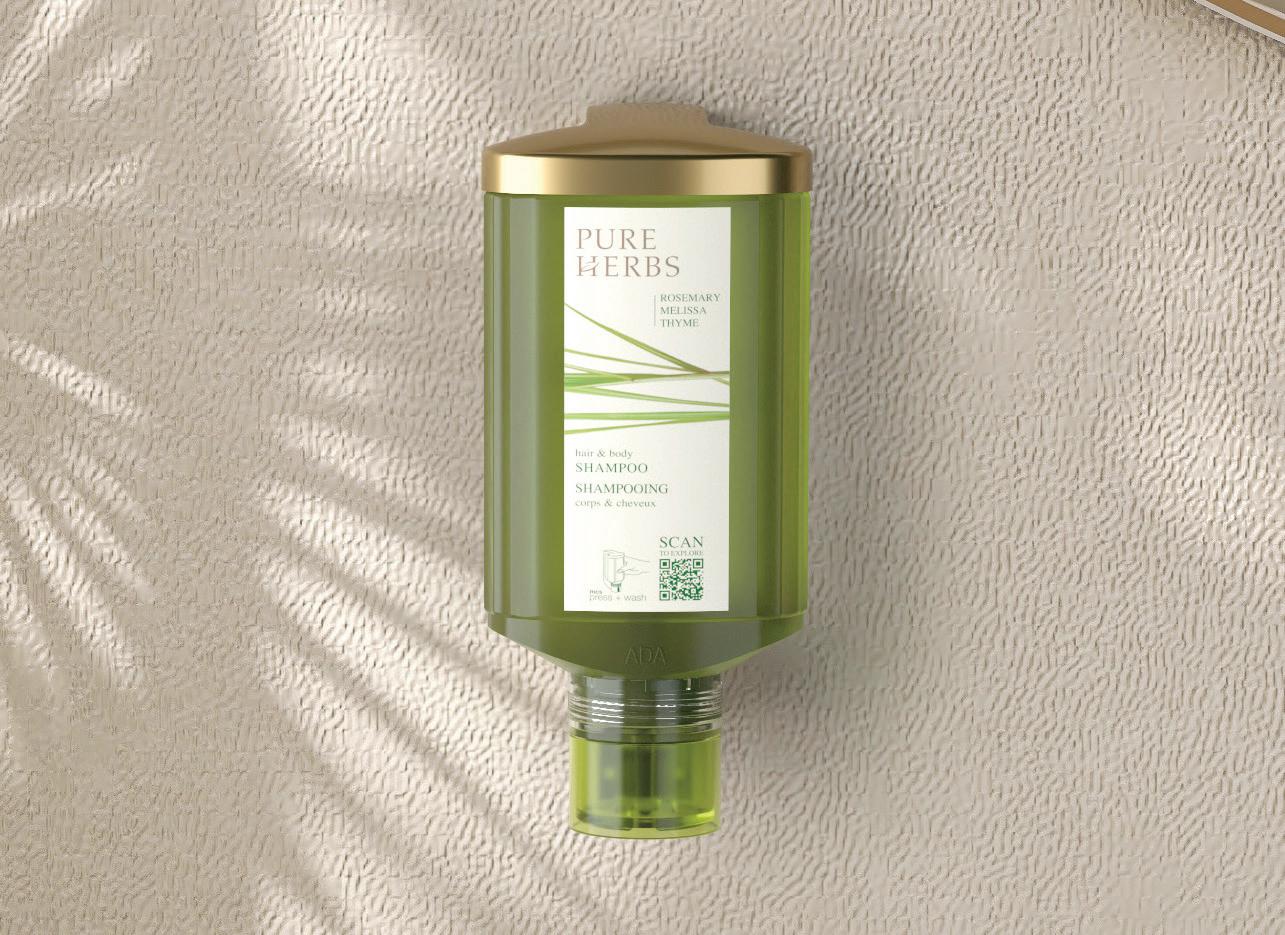

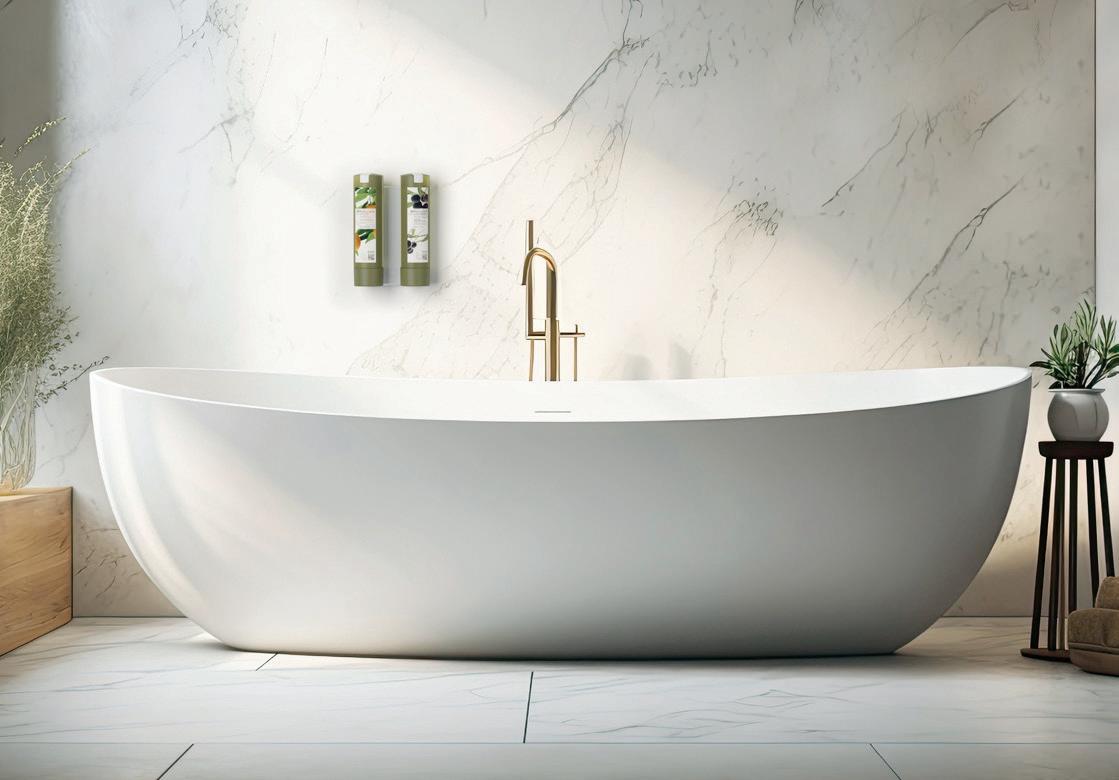
•
•
•
•
39 AccomNews - Autumn 2024 HOUSEKEEPING Enquire today. Call 02 9979 1500 or visit swisstrade.com.au to see the full Hotel Essentials range.
Small Changes, Big Impact
100% Recyclable Dispensers
Biodegradable Bathroom Accessories
Global Recycled Standard Certi ed Robes
Plastic-Free Slippers Make the switch to eco-friendly essentials that can improve guest satisfaction and the bottom line, while reducing environmental impact.
Images courtesy of Swisstrade
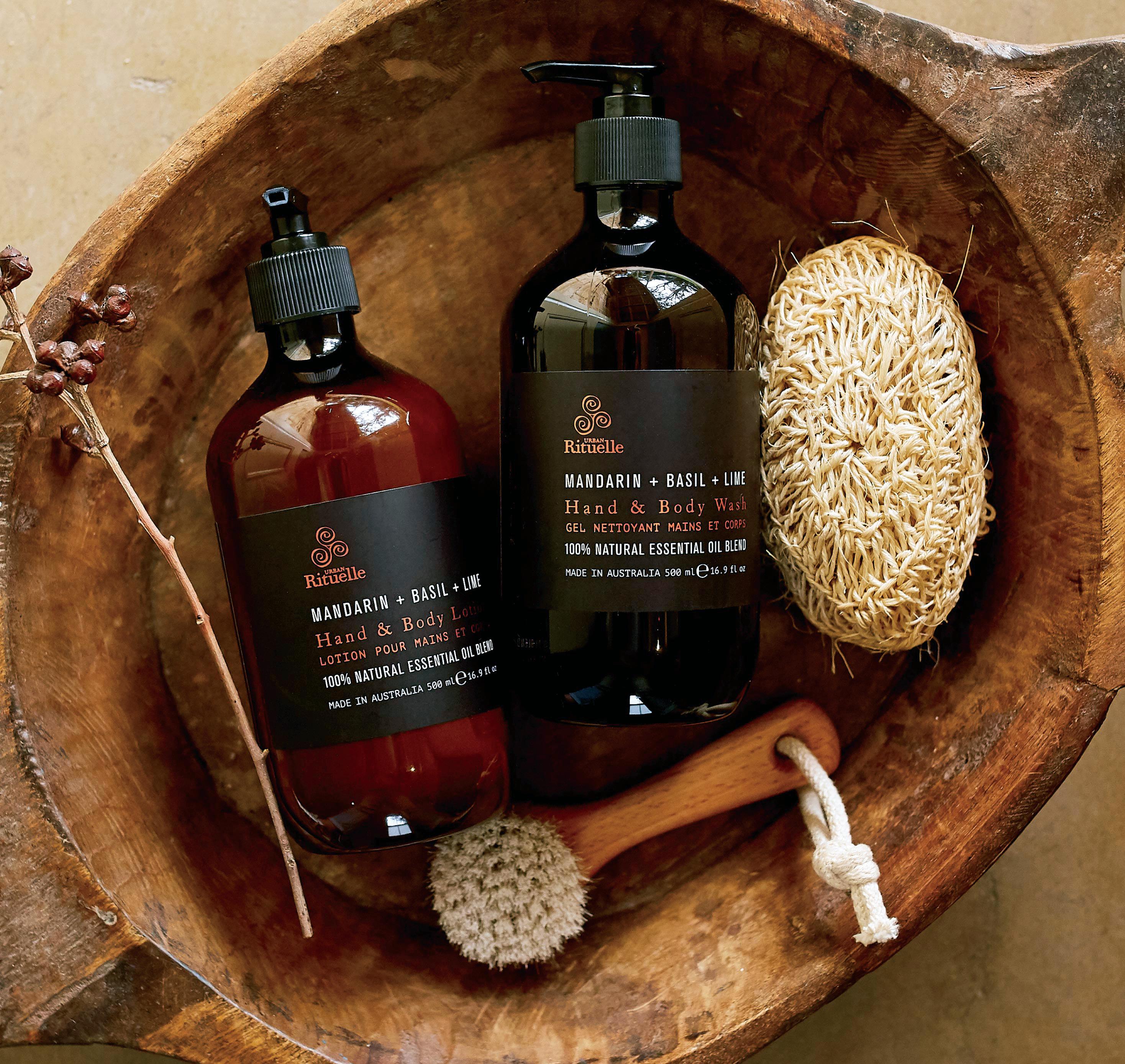
“Operators have the option to choose from an extensive range of brands and formulations to meet the needs of their guest demographic, including all-natural formulations, international luxury spa brands, ph-neutral, skin-friendly formulations or ranges with a specific haircare composition,” Mr Weingartner explained.
Mr Houston said that while product formulation depends on the brand, hoteliers will often make choices dependent on budget. “For example, a product with a lot of essential oils will be more expensive than a formulation containing synthetic fragrance,” he said.
“However, an advantage of Australian made brands is that they generally use higher quality formulations and contain more natural ingredients than many of the overseas products that hotels have been using previously.”
Mr Eshuys said that selecting products that are crafted with responsibility and care for the environment is an important consideration for hoteliers looking to improve their commitment to sustainability.
“Operators are off ered a diverse range of product formulations, distinguished by their meticulous focus on quality and sustainability,” he said.
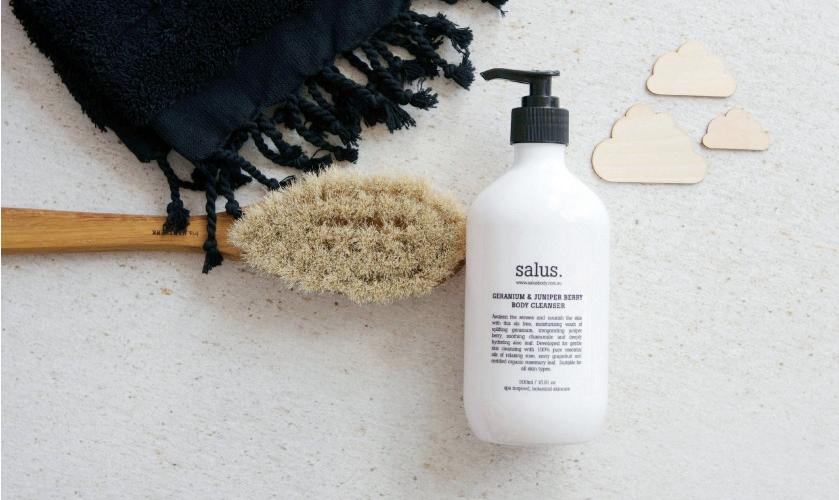
“These formulations feature natural ingredients, undergo rigorous dermatological testing, and can att ain certifications such as vegan, GMO-free, and gluten-free. This ensures operators have access to premium amenities that adhere to stringent environmental and ethical standards.”
40 AccomNews - Autumn 2024 HOUSEKEEPING
Images courtesy of Interior Images
Redefining luxury with sustainable solutions
Now more than ever, environmental consciousness is shaping consumer decisions across all sectors.
Unsurprisingly, our industry finds itself at a pivotal moment; guests increasingly choosing accommodation that provides comfort and luxury, as well as aligning with their values of sustainability. Interior Images, curators of luxury hotel amenities, has long recognised this shift and is spearheading a movement towards eco-friendly hotel amenity solutions.
Sustainable luxury
At the heart of Interior Images’ sustainability initiatives lies their dispenser program—a testament to their commitment to reducing plastic waste and promoting responsible consumption. By offering dispensers for essential amenities, hotels can minimise single-use plastics, streamline operations, and elevate their environmental stewardship.
Eco-conscious comfort
Crafted with a commitment to both comfort and sustainability, Interior Images’ Biodegradable Slippers Collection further enhances the brand’s dedication to eco-conscious luxury. Each pair of slippers is meticulously crafted from 100% natural materials, ensuring a pampering experience for guests while nurturing the planet. Every component of these ecofriendly slippers is thoughtfully chosen—from the materials used, to the production process to ensure 100% biodegradability.
Holistic sustainablity
Interior Images has also curated a range of eco-dry accessories designed to minimise environmental impact. From bamboo toothbrushes and cotton buds, to shower caps and vanity kits, this eco-accessory lineup underscores Interior Images’ holistic approach to sustainability. These everyday essentials, crafted from renewable materials, offer
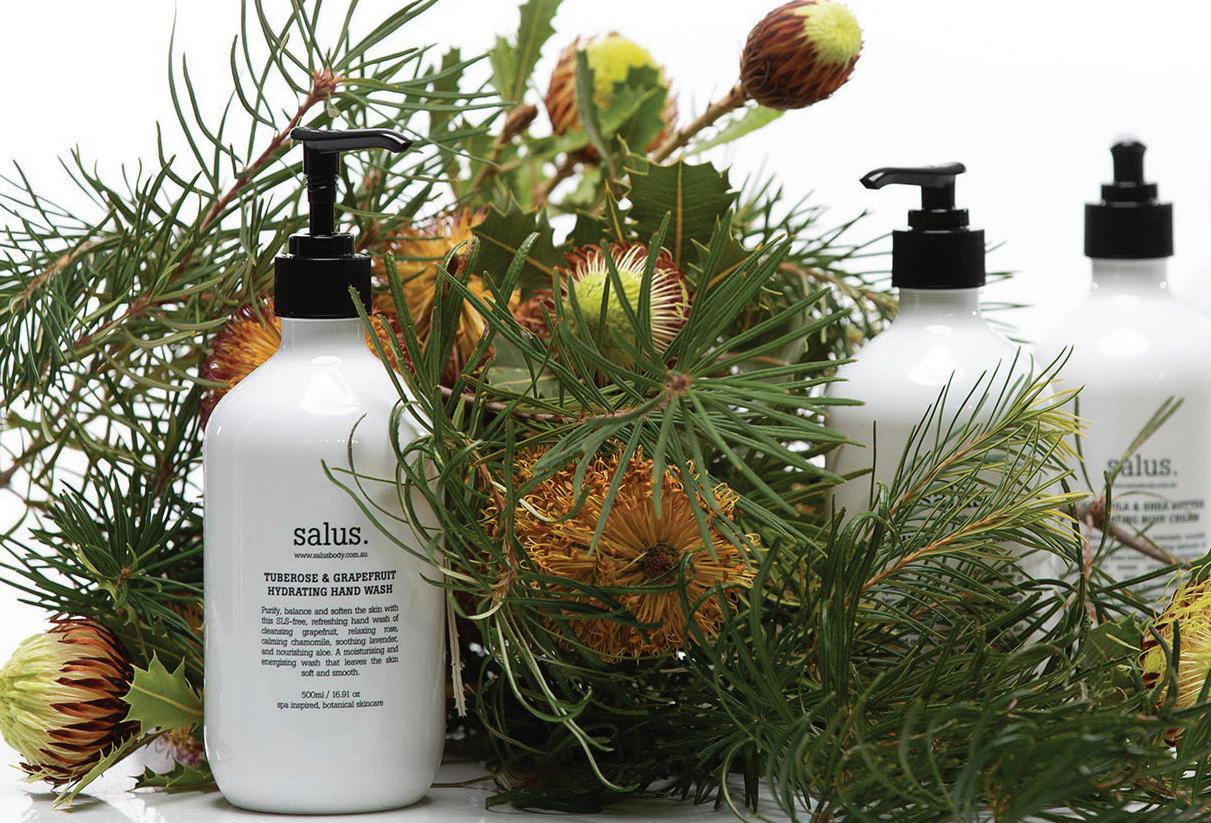
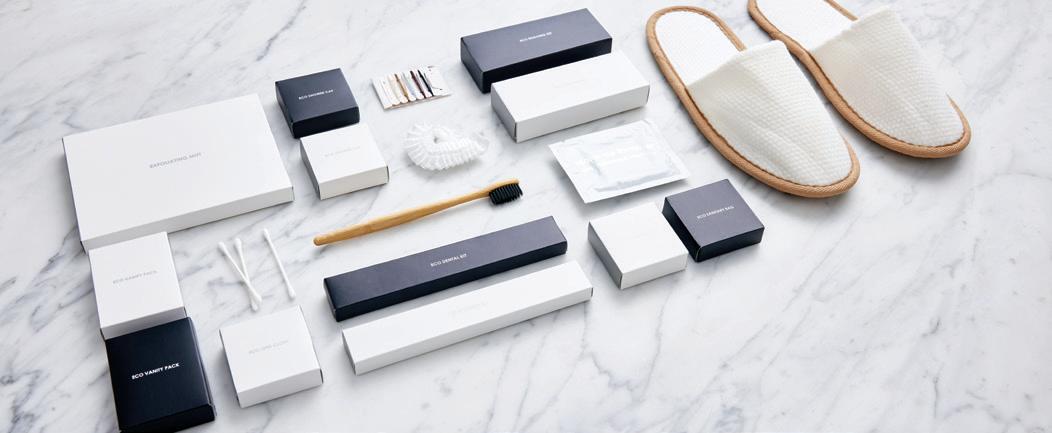
guests a guilt-free way to indulge in comfort while reducing their environmental footprint.
Packaging
Interior Images understands the importance of packaging in the sustainability equation. Their commitment to biodegradable packaging and FSC-certified paper ensures that every aspect of the guest experience reflects a dedication to environmental responsibility.
A local focus
By using locally Australian and New Zealand-sourced products, Interior Images supports local businesses and reduces the

carbon footprint associated with shipping products globally. Sourcing products locally promotes the use of natural, sustainable ingredients and gives you access to locally-made brands and boutique products that are not produced in the single-use miniature market.
Interior Images is more than just a supplier of luxury hotel amenities; they are pioneers of sustainable luxury. Through their dispenser program, ecoslippers, eco-dry accessories, and commitment to environmentally friendly packaging, they empower hoteliers to embrace sustainability without compromising on a luxurious guest experience.

Discover indulgent Australian and New Zealand-made dispenser solutions, and create a locally-inspired immersive experience for your guests.
The Evolution of Sustainable Luxury


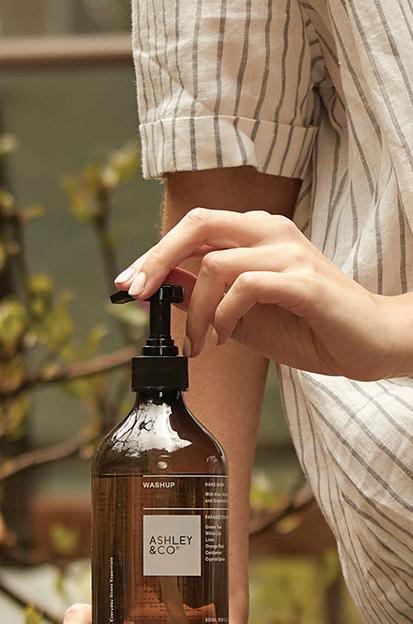
With luxury brands, boutique products and both refillable and non-refillable solutions available, you can elevate your guest experience, reduce your environmental footprint and showcase these sumptuous locally-sourced amenities from Interior Images.
Contact us today and experience a luxury-level of service.
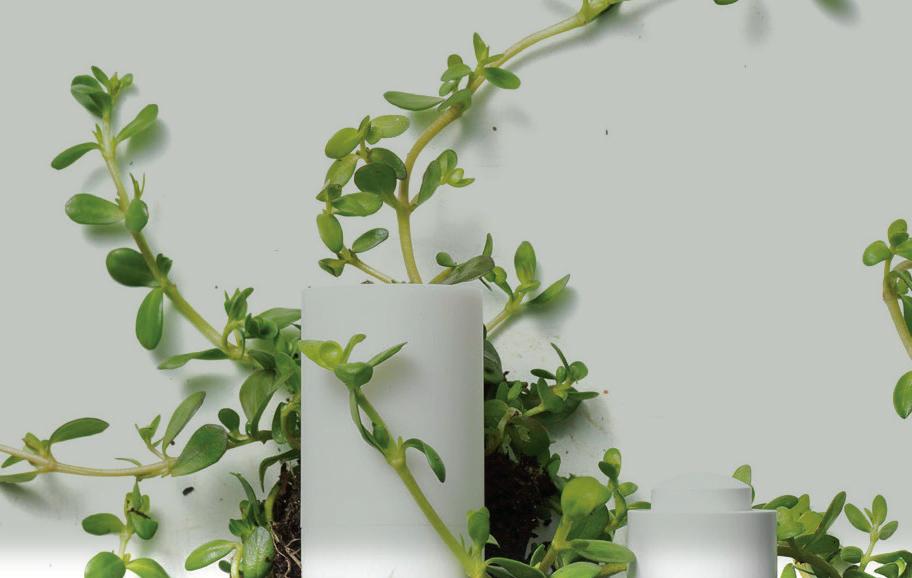
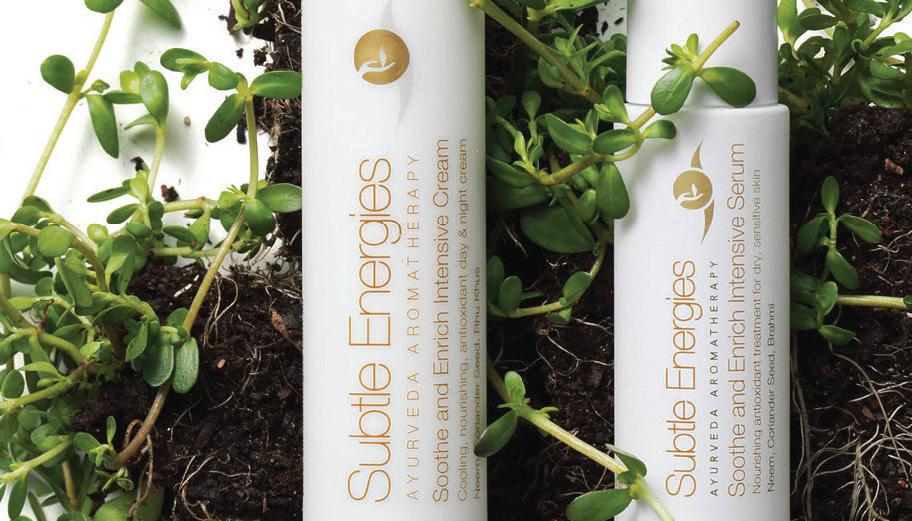
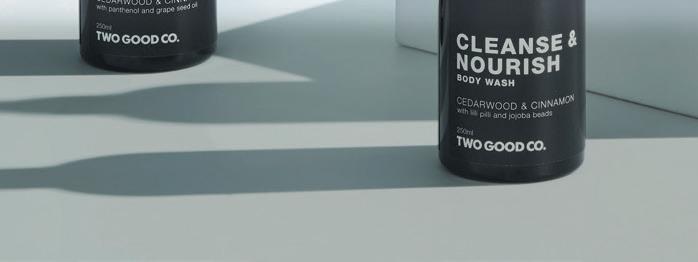


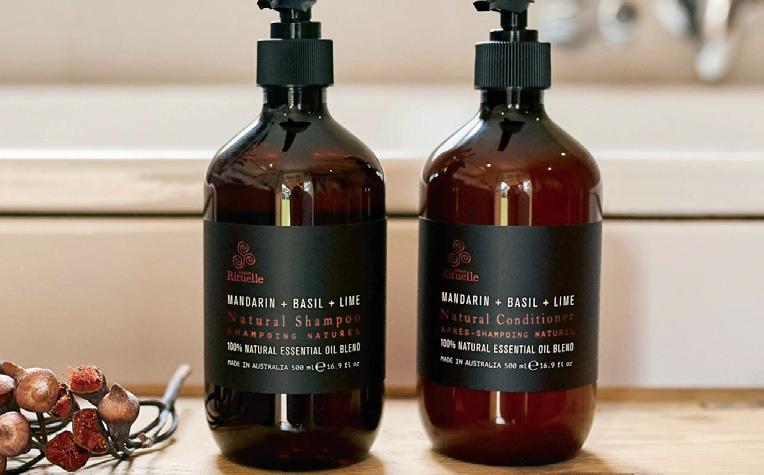
41 AccomNews - Autumn 2024 HOUSEKEEPING
interior-images.com.au Email: orders@interior-images.com.au Phone: 03 9673 1444
Clean clothes with minimum space
By Sarah Davison, Industry Reporter
Everyone loves a holiday, but living out of a suitcase can come with its challenges.
Running out of clean clothes will certainly put a dampener on the relaxation and adventureseeking, so on-premise laundry facilities are an essential amenity for guests. Housekeeping staff will also benefit from an efficient and effective laundry space when turning over rooms for onsite accommodation.
Space limitations, though, can leave accommodation operators struggling to provide all the necessary laundry equipment to meet guest and staff demand. Positioning multiple washers and dryers side by side will require significant floor space, which can be impractical in many accommodation spaces.
Stackable laundry equipment – which goes up rather than out – provides operators with a space-saving alternative, without compromising on machine performance and guest satisfaction. Several options are available to suit different needs, including cashless, coin-operated, and machines with varying load capacity.
Nick Jones from Laundry Solutions Australia said that stackable laundry machines are an excellent choice to cater to current hospitality trends, as well as an investment in the future.
“Commercial machines by design are slightly larger than your typical domestic washer or dryer, so having them side by side requires more space than laundries generally allow for,” Mr Jones explained.
“Having these machines as a stacked option allows the accommodation provider to maximise their available space without compromising on the capacity that commercial
washers and dryers allow for. This is excellent for not only the present moment but also allows for growth in the future if the business requires additional units.”
Mr Jones said that the priority for commercial use is longevity and greater efficiency, and technological advancements have helped with this.
“With regards to technological advancements for commercial equipment, we are mostly talking about features or qualities of the machine that are going to either improve efficiency or provide longevity. A few examples of this are creating smaller more efficient parts to allow for greater drum capacity, enhanced spin speeds for water extraction, balancing technology to redistribute uneven loads for quieter wash cycles and consistent cycle times.”
Technology has seen cashless payments more commonplace, reflecting guest preferences.
“Cashless as a payment option has been an incredible innovation in the way we pay for our external laundry services,” Mr Jones explained. “It has made these amenities accessible for people who do not carry gold coins with them all the time. Nothing is worse than walking into a laundry with a basket in hand and realising that you don’t have the coins to pay for the wash or dry and then having to leave and come back later!
“Now customers can walk in the door and either swipe their card or scan a QR code to make payment, start their cycle and be on their way. This ease of use means more people are willing to do their laundry in either a laundromat, accommodation laundry or wherever they are, which in turn is going to bring in more money for the business owners and operators. It is a win for both parties.”
However, Mr Jones said it is pertinent to remember that while cashless has made a splash in the laundry market, coin payments are still a practical payment option for many.
“Not everyone may be in the position to make payments with a card or with their phone. They may lack the technical knowledge, their phone might be out of battery, or their card isn’t working for some reason,” he said. “Some people would still rather pay with coins; they might be the best option in certain situations.”
As with all areas of accommodation, Mr Jones urged accommodation operators to prioritise hygiene when managing and maintaining a laundry facility.
“The level of hygiene very much depends on the type of facility you have but at the very least every laundry should have a minimum level of standards for keeping their laundry and linen free from bacteria and viruses,” he said.
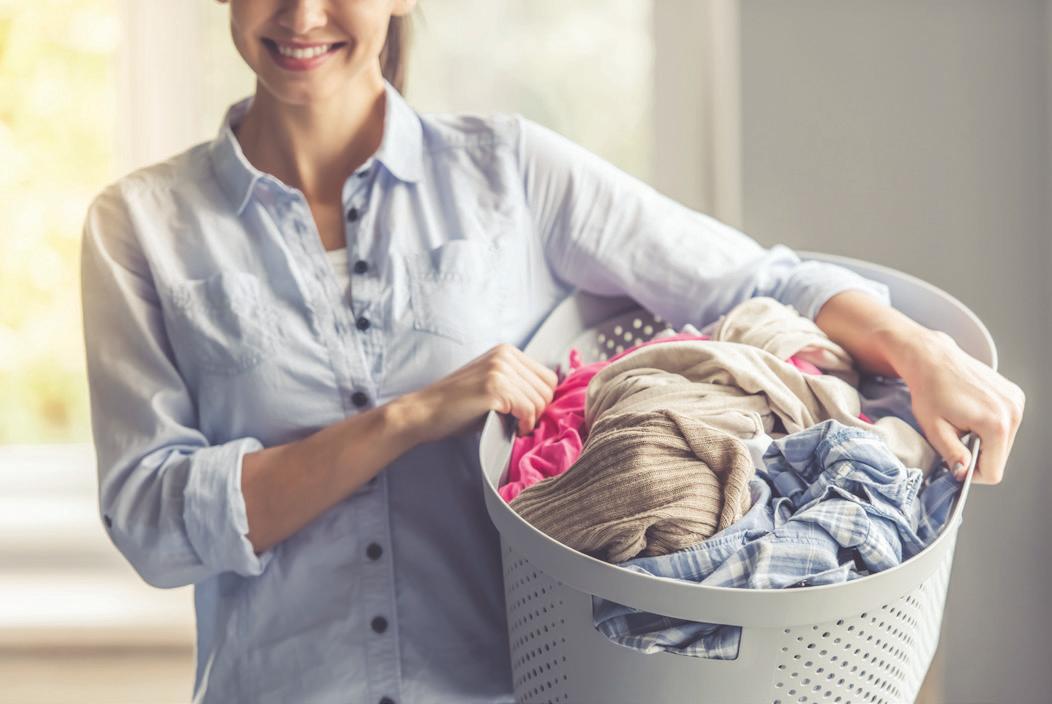
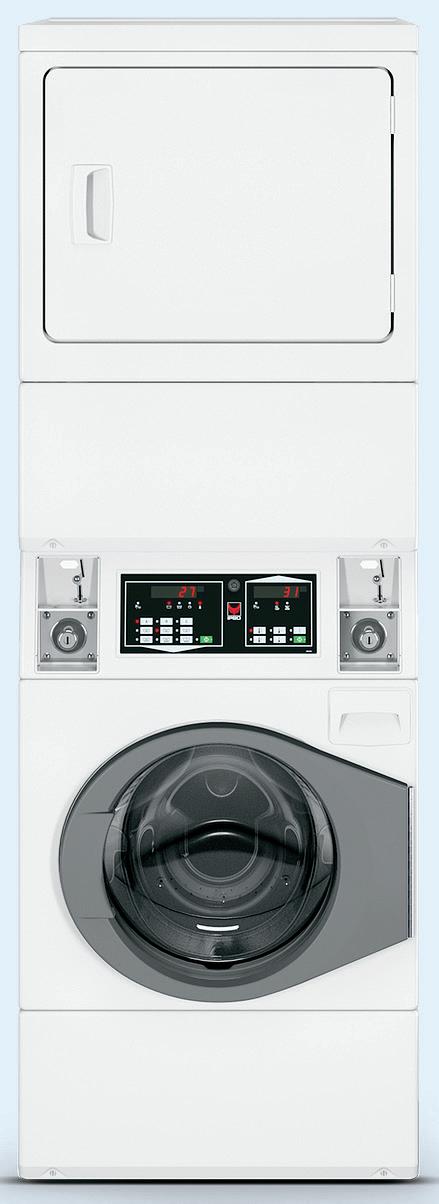
“Regular cleaning of the laundry itself and the equipment are a must. For larger facilities, you will likely need to adhere to the Australian standards for laundry disinfection.”
Additionally, Mr Jones said operators should ensure that the laundry space and equipment allow for efficient use. The layout should facilitate optimised workflow, from receiving dirty linen and clothing to washing and drying, and then re-distribution.
“Take a look at your accommodation and ensure you have the right number and capacity machines to handle the load requirements of the laundryparticularly in peak season.
“I also strongly advise that accommodation operators ensure the laundry equipment is well-maintained through regularly scheduled maintenance and that staff are well trained in laundry process and equipment use,” he said.
“Ensuring that clear instructions are available in the laundry is also key. This could look like clear labelling as well as longer form instructions or troubleshooting manuals. If your accommodation regularly welcomes international guests, these instructions should also be provided in additional languages or as pictorial instructions.”
42 AccomNews - Autumn 2024 HOUSEKEEPING
© Adobe Stock, stock.adobe.com
Image courtesy of Laundry Solutions Australia

A practical overview for your business
By Mandy Clarke, Editor
Tissue and paper products are indispensable essentials in the daily operations of any accommodation business.
From guest rooms to public areas, the selection of these products plays a crucial role in enhancing guest experience, maintaining cleanliness, and demonstrating environmental responsibility. However, with the plethora of options available in the market right now, choosing the right tissue and paper products can become overwhelming.
In this guide, we talk to paper product industry expert Jeff Lewis, National Business Manager Solaris Paper to attempt to demystify the selection process for you.
Mr Lewis told us: “Several paper products are essential for ensuring guest comfort. Among these are 3ply toilet tissue, facial cubes, and packs of 100 facial sheets. I highly recommend them all.
“The choice of 3ply toilet tissue ensures both softness and luxury.”

His top tip to exceed guest expectations and enhance their experience is to offer “hypoallergenic facial tissues for guests with sensitive noses”, which he said “provides a touch of home wherever they go”.
Facial tissues are a staple in guest rooms, lobbies, and spas, providing guests with comfort and convenience during their stay. Mr Lewis says there are several factors that play an
important role in choosing the perfect facial tissues.
“Softness is paramount," he said. “It directly impacts the sense of touch and feel experience for guests. Also consider strength, thickness and hypoallergenic properties.”
Mr Lewis recommends using smaller packs to reduce wastage. In his opinion the most costeffective choices are 100 sheet
facial tissues and 90 sheets facial tissue cubes. He adds it’s important to contribute to sustainability efforts and show guests a firm commitment to environmental responsibility; choosing plastic-free facial tissues reflects this.
In high-traffic public restrooms, guest rooms, and suites, the quality of toilet paper can significantly impact guest satisfaction. Operators have

44 AccomNews - Autumn 2024 HOUSEKEEPING
products 101:
Adobe Stock, stock.adobe.com © Nik, unsplash.com
Paper
©
a range of options to choose from, including different ply, texture, and size variations.
Ply refers to the number of layers in the toilet paper, with higher ply counts often indicating softer and more absorbent products. Texture also plays a role in comfort and cleaning efficiency, while size considerations ensure compatibility with various toilet paper dispensers and usage requirements.
Mr Lewis said not all brands are the same, therefore always choose a reputable brand of toilet tissue as they “signify quality and reliability”.
When it comes to choosing the type of toilet tissue, he suggests, “absorbency, strength, and environmental considerations depending on the areas and nature of accommodation can elevate the guest experience and bring a touch of home-like comfort.”
He said: “The standard choice would be 2ply 400 sheets, but many discerning establishments opt for 3ply soft 225 sheets, other characteristics which influence
guest preference are brand reputation and presentation.
“In public restrooms, where high traffic is common jumbo size roll toilet tissues are preferred. In guestrooms and suites, where comfort and convenience are paramount, 2ply and 3ply individually wrapped for hygiene purposes are expected.”
Paper towels are essential for maintaining cleanliness and hygiene in guest rooms, public restrooms, and food service areas. When selecting paper towels, once again, operators should assess factors such as absorbency, strength, and size. Absorbency determines the effectiveness of the paper towel in soaking up spills and drying hands, while strength ensures tear resistance during use. Choosing the appropriate size of paper towels is essential for minimising waste and optimising usage efficiency in different areas of the accommodation property.
Mr Lewis says it is important to prioritise qualities like, absorbency, thickness, wet and dry strength, texture and

the number of sheets in a pack. He suggests softness will be a welcome comfort for frequently washed hands.
He said, “Paper towels with high absorbency are effective at quickly soaking up spills and messes, helping to maintain and prevent crosscontamination in food service areas. Your paper towel should deliver effective performance and meet the diverse needs of both guests and staff.
“Note, there are certifications required for food service areas to ensure that paper towels meet stringent standards for food safety and sanitation such as HACCP certification.”
He explained: “Technological improvements in the drying of paper have created a new type of paper, often referred to as TAD. With this type of paper, water is removed, and the paper is dried, by blowing air through the sheet (hence the name Through Air Dried-TAD).”
With increasing awareness of environmental issues, sustainability has become a
key priority for the hospitality industry. Accommodation businesses are actively seeking ways to reduce their environmental footprint by opting for sustainable tissue and paper products. This includes products made from recycled materials, as well as those certified by reputable eco-labels. Sustainable paper products not only minimise environmental impact but also demonstrate a commitment to responsible business practices, which can resonate positively with guests and stakeholders.
When purchasing tissue and paper products, it is crucial to balance quality, cost, and environmental impact. Prioritise products that meet the specific needs of your accommodation and your guests while aligning with sustainability goals.
Quality sustainable products not only enhance guest experience but also promote environmental stewardship, demonstrating your commitment to excellence in hospitality.
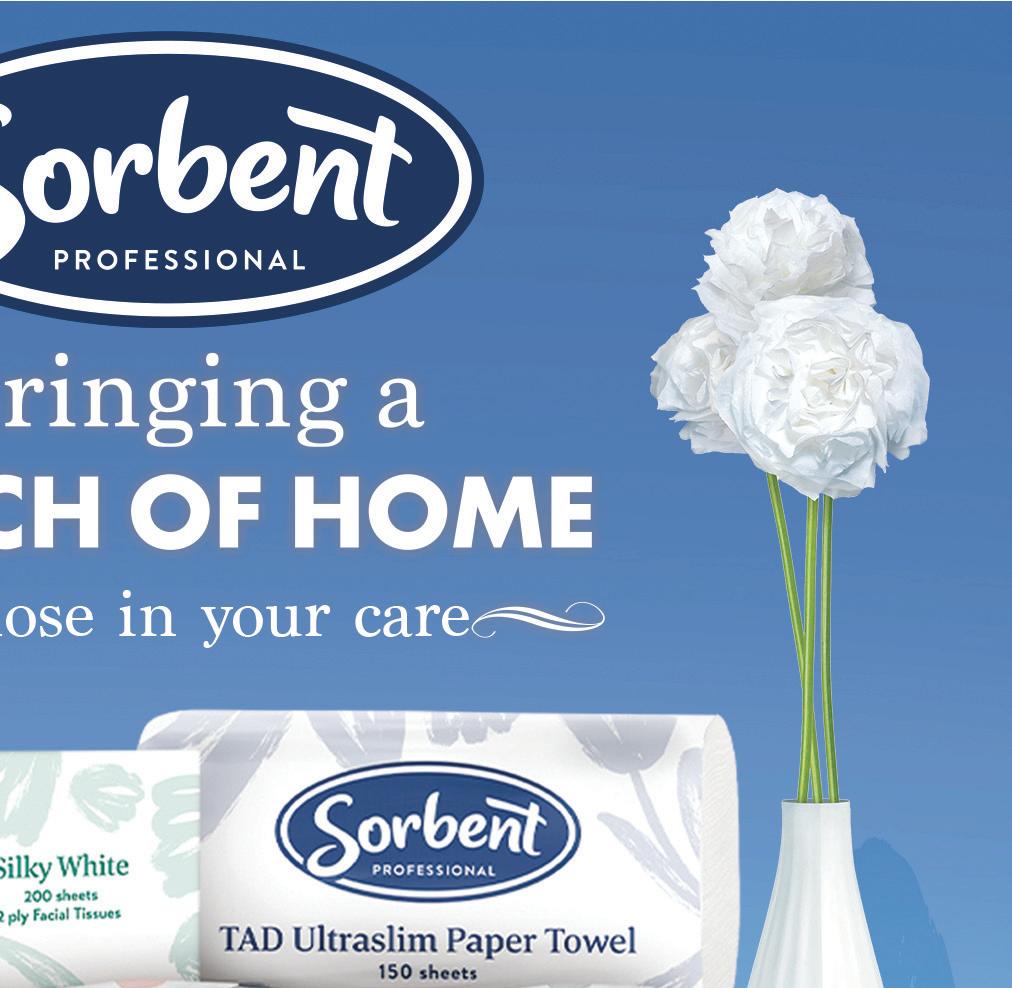


45 AccomNews - Autumn 2024 HOUSEKEEPING
Essentials for cosy winter bedding
By Sarah Davison, Industry Reporter
As the air becomes crisper and the nights longer, keeping guests cosy through the cooler months becomes even more important.
Whether cuddling up on the couch or rugging up for a deep sleep, quality blankets and linen are irreplaceable for making sure guests have a comfortable stay.
But what are the latest trends and styles for blankets and winter linen? And how can you balance durability and comfort when selecting your linen? To find out, we asked some industry insiders.
Jason Commercial Manager
Vicki Lugg believes that quality linen is key to a cosy night’s sleep for guests, with blankets essential for offering an additional layer of warmth.
“I also recommend accommodation operators select fresh and plump mattress protectors or toppers as a good base, as well as a cosy quilt for warmth. Offer a luxurious blanket, for additional weight, on those extra cold nights.”
Australian Linen Supply National Sales & Marketing Manager, Helen Hurst, said warm bedding and snuggly blankets are the cornerstones of guest comfort.

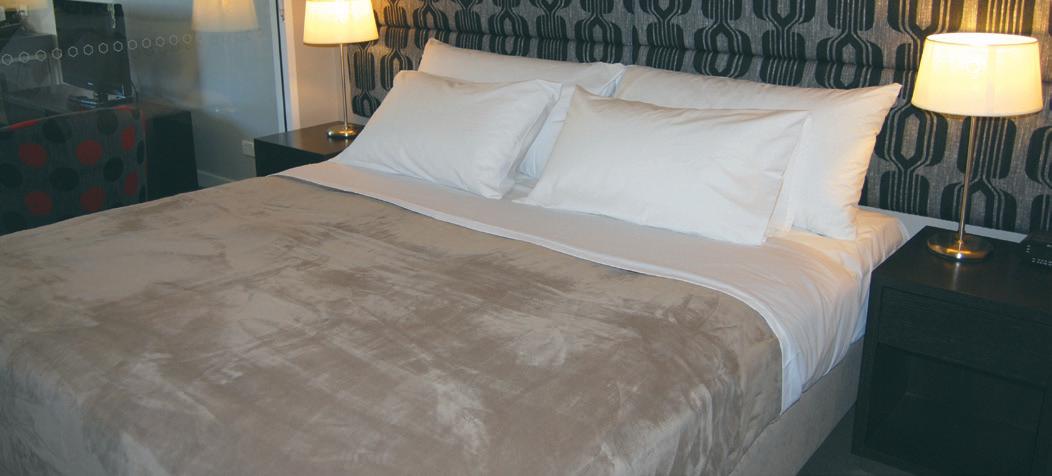
“You don't want nor need complaints from your guests. Year-round it is always in the hotels best interest to have a clean warm blanket either in the cupboard, or better still as a throw at the end of the bed.”
In all areas of hospitality, sustainability considerations are increasingly becoming a factor for guests, and this extends to linen.
“Choosing good quality bedding and linen that comes with easy-care washing and drying instructions, will give you the most sustainable outcome,” Ms Lugg said.
“A blend of natural and manmade fibres is the most effective, offering luxury as well as durability. Snuggly blankets have been an iconic favourite of Australians for decades and
even better, housekeeping staff will have their jobs cut down by half as these blankets take minimal time to launder and dry.”
Ms Hurst believes it is important to constantly evaluate products to ensure the materials are as sustainable as possible.
“We are currently reviewing our own products to see what changes can be made in making our products more sustainable for the industry. PET recyclable polyester for blankets and fills is one of the materials we are looking at,” she said.
Unlike linen and blankets for the home, selecting bedding for the accommodation industry requires a careful balance of comfort and a luxury feel, with the durability required to stand up to heavy use.
“Luxury bedding must have a high-quality fabric outer cover, which is robust but sumptuous, and needs to be finished off with quality binding or trim that will withstand commercial laundering,” Ms Lugg explained.
“The filling needs to be lofty and washable so you can offer guests fresh bedding all year round. This will give them the feeling of home when they are away for pleasure or work.”
Ms Hurst said purchasing from a reputable supplier is essential for accommodation operators. “Make sure you






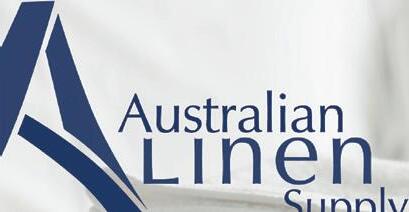









































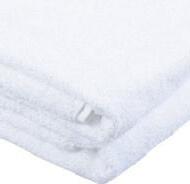






















46 AccomNews - Autumn 2024 HOUSEKEEPING
1800 4 LINEN (54636)
sales@als.net.au www.als.net.au
Images courtesy of Australian Linen Supply
Quality linen is key to a cosy night’s sleep
are buying commercial grade linen from reliable sources. Avoid purchasing retail products for accommodation properties,” she said. “Invest in high-quality linen that is durable and that can withstand frequent use and washing.”
Customisable bedding for guests is continuing to trend in the hospitality sector with pillow and blanket menus becoming a firm favourite for discerning guests.
Ms Lugg believes that providing guests with additional options is only ever a positive for elevating the overall guest experience.
“Offering a pillow and blanket menu will give guests a variety of options to maximise personal needs and comfort, and they will leave your property with a positive, memorable experience,” she said. “Always remember the comfort of the
bed will be the impression that sits in the mind of your guests when they check out.”
Ms Hurst agreed that menus could help provide an excellent experience, however, she believes that perfecting the basics of comfortable and clean bedding should remain the top priority.
“Make sure that the quilt insert and blankets are both in good condition and clean, the quilt insert fill is still plush, and the cover has no major stains and no bad odours, and that the blanket is clean and looks in good useable condition. Ask yourself, would you use these items on your own bed?”, Ms Hurst said.
“Autumn is a great time to start reviewing all bed linen in the rooms to see if anything needs replacing in the lead-up to the cooler weather.”
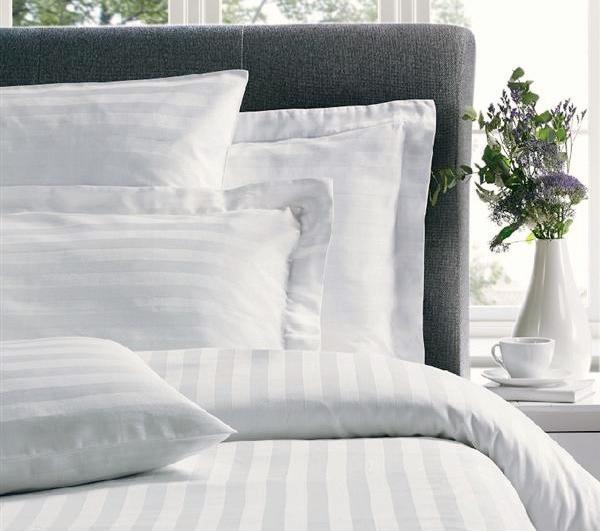

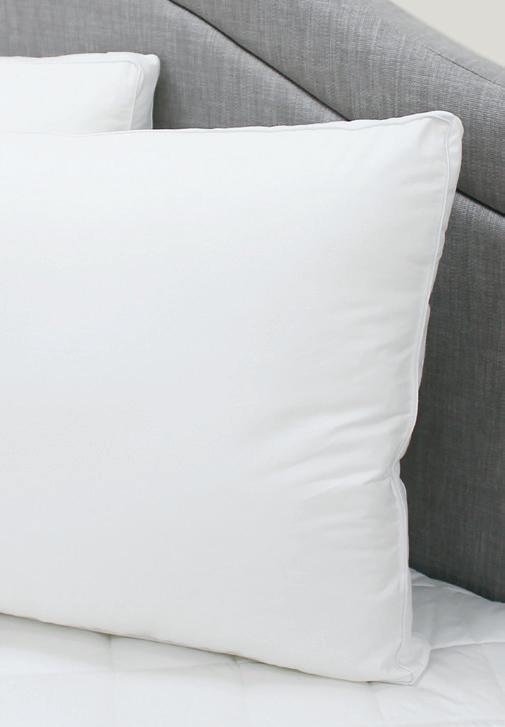

47 AccomNews - Autumn 2024 HOUSEKEEPING
Images courtesy of Jason Commercial
Outdoor furniture trends for hotels, resorts & holiday parks in 2024
By Sarah Davison, Industry Reporter
Outdoor spaces for entertaining and relaxing are big drawcards for guests.
These areas influence an accommodation’s ambience and can contribute to holiday memories of socialising with friends and family, lounging poolside, or alfresco dining.
Upgrading furniture in these areas can improve the tone and style, create alternative venues for events and special occasions, and increase functionality and practicality. In a competitive hospitality industry, investing in high-quality outdoor furniture can provide a clear distinction from your competitors, particularly if your outdoor space can speak to the ‘Instagramable’ desires of many modern-day guests.
To find out the important considerations when purchasing outdoor furniture for commercial use, and the latest trends for accommodation providers, AccomNews spoke with KUDOS Furniture’s Dean Gesterkamp, and Jason Condon from Daydream Leisure Furniture
Different accommodations will have specific requirements for outdoor spaces, however, both Dean and Jason said that some key considerations are shared across the board when selecting outdoor furniture.
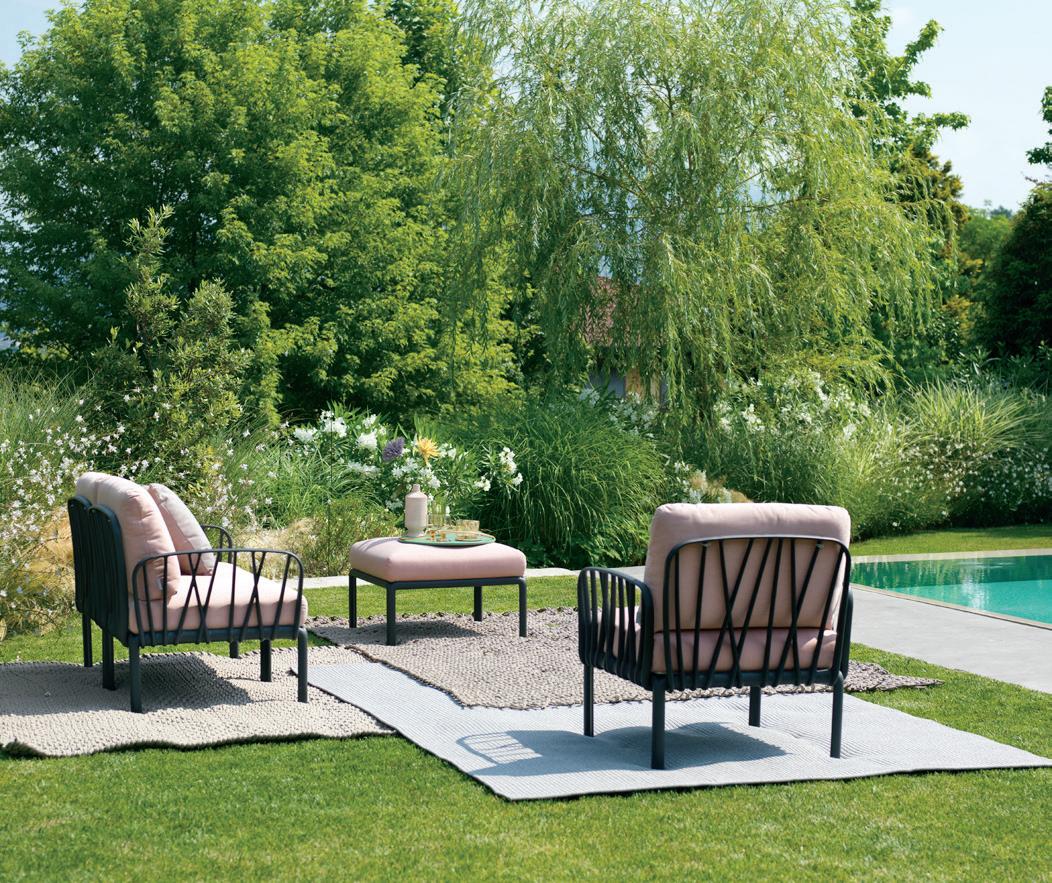
“Whether it’s hotels, motels or holiday parks, all are looking for attractive and cost-effective options to enhance their space and have an impact,” Dean said. “There is nothing worse than a dull and tired seating arrangement. While budget is of course a factor, buyers must seek out the best value for the highest impact.”
Jason said: “While styles and budgets may differ, all accommodation operators are looking for furniture that is durable and able to withstand the elements. Purchasing decisions should always be based on value for money, durability and low maintenance.”
Purchasing furniture that suits the size and function of the

space is fundamental in creating an enjoyable place for guests to congregate while securing a strong return on investment.
With this in mind, Dean said that careful consideration is required before any major purchases are made.
“An outdoor area should be carefully planned and designed to make sure it is appealing. It’s important to strike that balance in the middle. You don’t want the space to look too cramped or too sparse,” he said. “I would also consider a range of seating options to suit all requirements, from lounging to dining, and small groups to large.
“Furniture that is easily manoeuvred and rearranged
info@kudosfurniture.com.au
to suit guest needs is also a popular choice.”
And while flexibility is important, so too is selecting high-quality furniture, that can stand the test of time.
“Avoid retail furniture and look for commercially focused manufacturers that supply hotels and hospitality venues,” Dean said. “Commercial grade doesn’t necessarily mean more expensive.”
Jason said: “Commercialgrade furniture ensures the product will be durable and will also be able to withstand heavy use as well as our harsh climate. To minimise your environmental impact, select furniture made from sustainable materials, such as timber from certified sustainable forests or recycled polypropylene.”
As awareness around environmental impacts in the accommodation sector continues to grow, Dean said many businesses are seeking out products made from recyclable materials. “It is important to look for products made from high-quality materials. Most fibre-reinforced polyethylene products are recyclable, and they are a popular choice.”
Environmental awareness, though, does not mean aesthetics will be compromised. Current design trends favour earthy tones and textures, while always prioritising guest comfort.
48 AccomNews - Autumn 2024 REFURBISHMENT
Supplying All Types of Commercial Quality Furniture, Umbrellas & Sunbeds. Australia Wide Best Prices. Largest Stocks in Australia with over 10,000 items available.
Image courtesy of Kudos Furniture
Dean said: “There are lots of choices for buyers when it comes to colour. Earth colours remain popular, and many venues are choosing to mix and match.
“For the furniture itself, lowerslung chairs offer additional comfort for patrons, and sun loungers are always popular for accommodations based in warm and sunny climates. Teak is still a well-used option, but it is heavy, and this makes it cumbersome for staff or guests to manoeuvre.”
Jason Condon agreed that neutral, earthy colours are on-trend. “With this, we are seeing splashes of mature, muted, natural colours, such as duck egg blue, agave, mint, and mustard. We have also seen a move towards comfort, with lush cushioning and textiles becoming key features in outdoor furniture. “Guests often prefer lounge chairs, armchairs, and sofas that are cushioned and provide support for their backs. For durability, cushions should be a high-grade synthetic canvas.

Beware of the zips, fill and inner linings and make sure replacements can be procured.
“However, whilst this is something that guests prefer it is difficult to manage cushioned items, particularly in full sun and pool environments. For this reason, it is wise to consider where they are placed and have a management system in place for weather.”
For year-round usability of outdoor spaces, and to protect furniture from the elements,
some shaded areas should be incorporated. Dean said shade is also invaluable to guests looking for respite from the sun.
“Shady spaces can be achieved through umbrellas or by planting trees. A lot of clients forget that trees and natural shade can make an outdoor area so much more attractive,” he said.
Jason said that for accommodations in hot climates, shade not only adds functionality to a space, it is also a safety consideration. “Commercial-
grade, wind-rated umbrellas are a practical solution that not only ensure that you enjoy the sun safety, but also contribute to the beautiful holiday resort atmosphere,” he said.
“What sets these umbrellas apart is their ability to withstand the wind and elements while providing comfortable refuge from the heat. Families seeking a holiday experience want their kids to enjoy the freedom of outdoor spaces while keeping them safe from the harsh Australian sun.”
SPECIALISTS
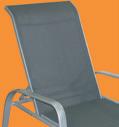


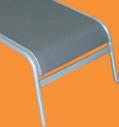
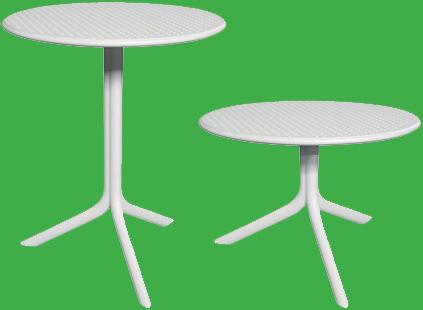


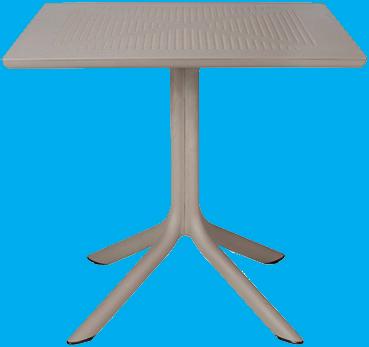
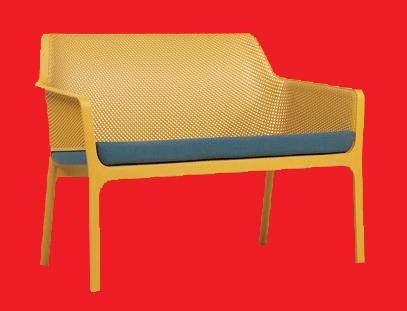












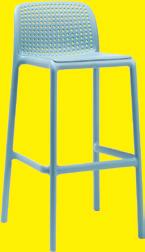

49 AccomNews - Autumn 2024 REFURBISHMENT Cnr Main Drive & Nicklin Way, Warana, Qld 4575 | 1/37 Gibson Rd Noosaville 4566 | sales@daydreamleisure.com.au | 07 5493 4277 www.daydreamleisure.com.au * Services may be limited to geographical location ** Conditions or limitations may apply australia wide international service
2 1 3 4 6 5 7 8 10 9 11 12
RESORT
FOR OVER 30 YEARS
Image courtesy of Daydream Leisure Furniture
in the heart of the High Country
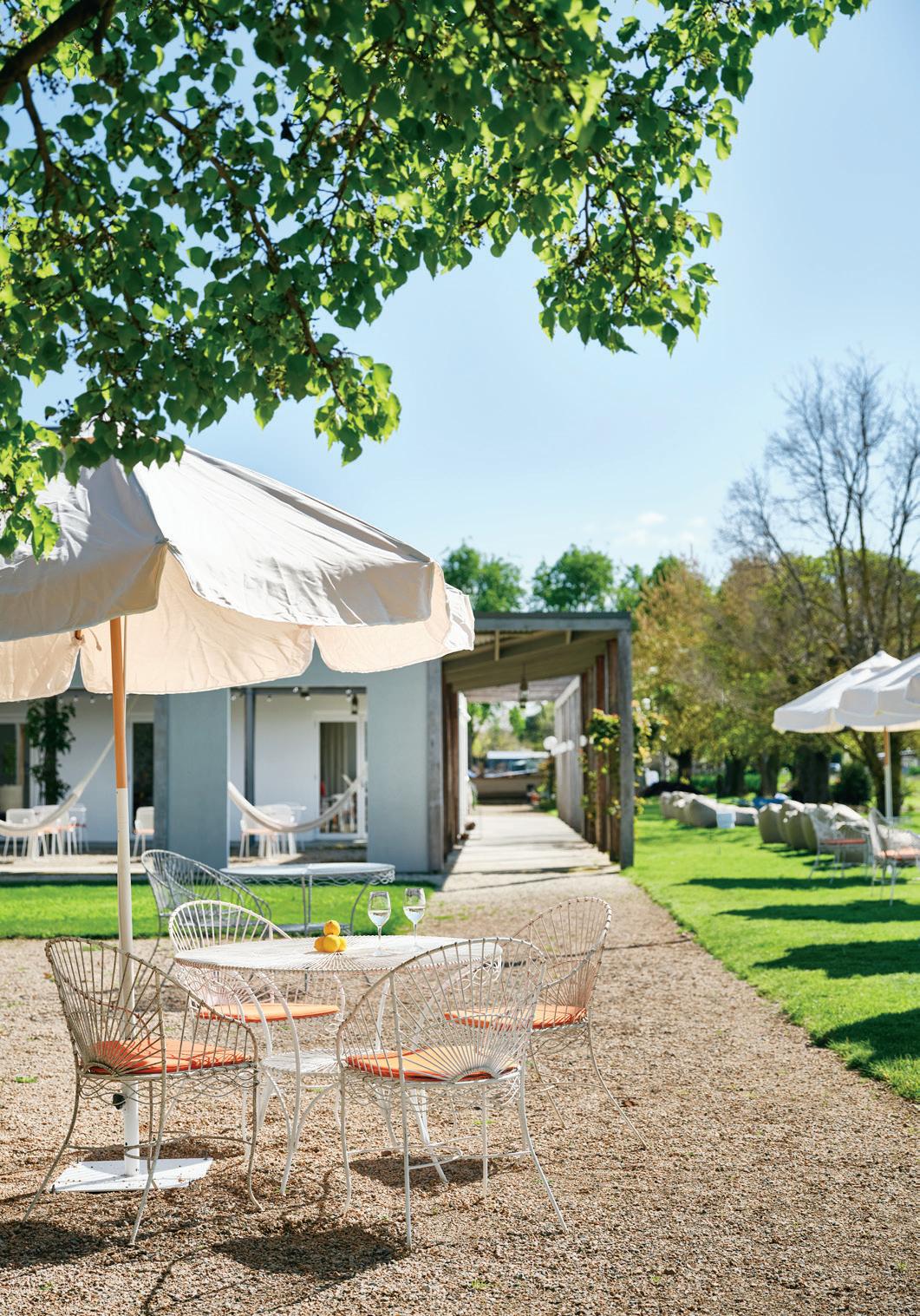
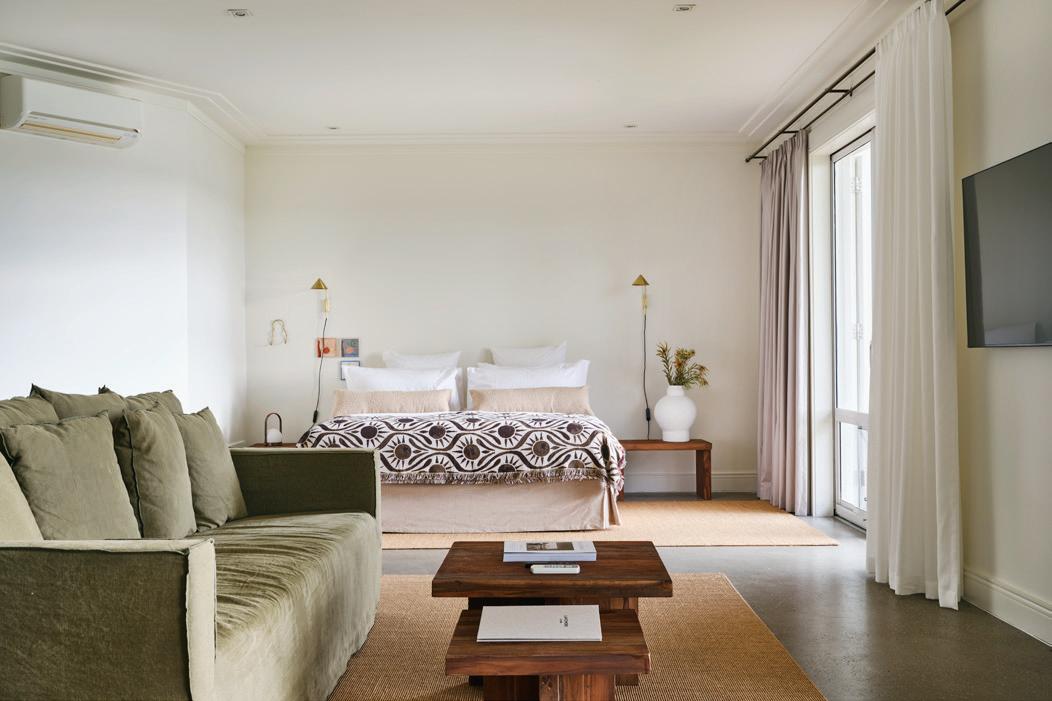 By Sarah Davison, Industry Reporter
By Sarah Davison, Industry Reporter
Nestled in the King Valley at the base of the Alpine National Park, Lancemore Milawa is a beautiful Victoria High Country escape reimagined.
Significantly, the hotel’s multimillion-dollar refurbishment was recently honoured on the global stage when it was awarded the 2023 AHEAD Award for Best Hotel Renovation.
To learn more about the work undertaken at Lancemore Milawa and the impact of their impressive refurbishment, we spoke with designer Hana Hakim from Stella Collective and Susan Standring, Design and Technical Services, The Lancemore Group.
Enhanced by a sun-kissed palette, the reimagined design of Lancemore Milawa offers a nostalgic nod to the hotel’s original fit-out that spoke to the owner’s love affair with Morocco.
The refurbishment brief was to embrace a modern Mediterranean design with a touch of the High Country, ensuring the new Lancemore Milawa embraced the property’s original vision.
Stella Collective founder Hana Hakim said that while Lancemore Milawa was a wonderful property, it needed a refresh when they were tasked with reimagining the hotel.
“The hotel had amazing bones and being built over 25 years ago we were very lucky that there was minimal structural works to be undertaken,” Ms Hakim said.
“The Stella Collective was tasked with reimagining the two-storey hotel, bringing a fresh design rooted in ‘barefoot luxury’, mingled with the rugged terrain of Victoria’s High Country.
“However, our refurbishment budget of $2 million had to spread far and wide - covering 40 rooms, all public spaces, a restaurant, bar, gathering lounge spaces, a Moroccan courtyard, a sundowner rooftop, and pool areas.

50 AccomNews - Autumn 2024 REFURBISHMENT
Case Study – Lancemore Milawa:
Images courtesy of The Lancemore Group
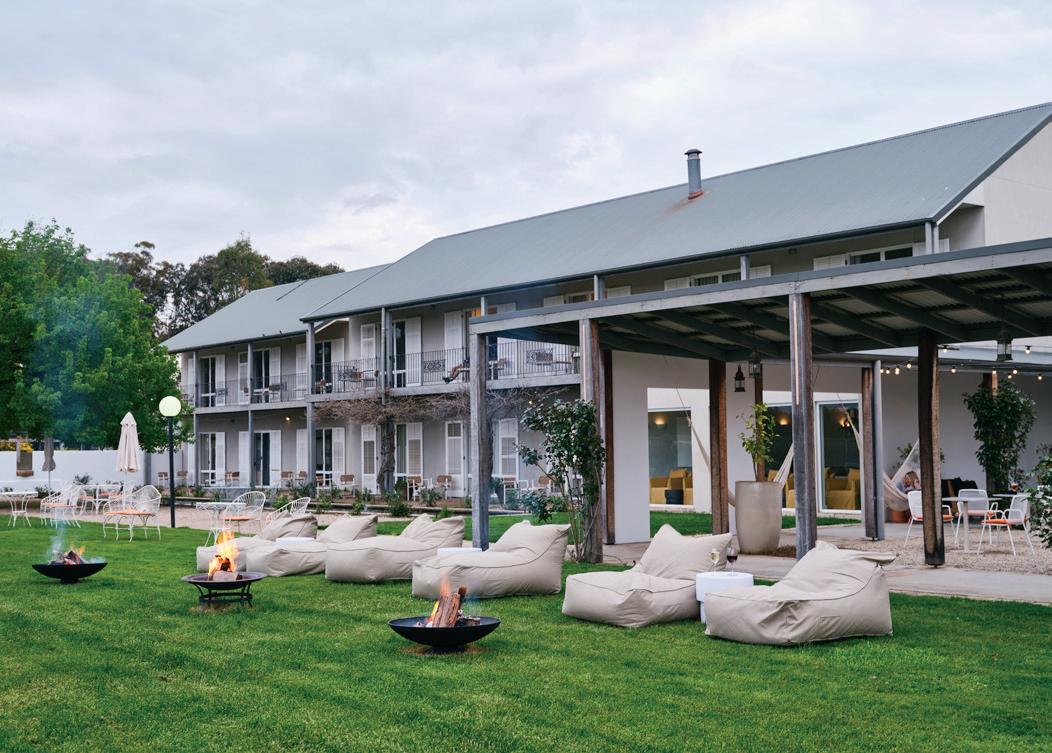
“It was our duty to ensure the hotel was entrenched in beauty and bring back the halcyon days of the property.”
Situated within a working vineyard, the owners wanted the refurbishment to speak to the seasons and provide the perfect escape for guests at any time of year.
“We wanted to create a hotel that spoke to this rare pocket of Australia,” Ms Hakim said.
“The seasons are incredibly visible in this part of the world, and the surrounding landscape and climate were key influences in the design.
“With warm and dry summers and cool winters, we focused on weaving these weather elements into the design so that it feels incredibly inviting, and romantic. We wanted the property to feel cosy in the cooler months and open and fresh when it’s warm.
“This ode to the region’s four distinctive seasons was a lovely starting point for our design brief.”
Embracing seasonality,
Lancemore Milawa seamlessly balances summer and winter palettes using black pebble, concrete, ethically sourced solid teak, cosmic black granite, merlot-tinted mosaics, terracotta, rich textured rugs, swaths of linen and woven blankets.
All guest suites have been lovingly refurbished and are brimming with warmth and texture, featuring polished concrete floors, day beds, custom sustainable teak joinery, and commissioned artworks from Marrakesh. Outdoor areas are adorned with day beds and hammocks allowing guests to soak in the fresh air and views of the idyllic surroundings.
The resulting refurbishment speaks to Lancemore Milawa’s “curated places” ethos, Ms Standring, said.
“The refurbishment offers guests an intimate setting to view and appreciate the King Valley region. Styling highlights imbue a variety of crafted elements to discover throughout the property and a very notable series collection of Sidney Nolan prints."





















































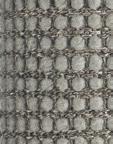



































































51 AccomNews - Autumn 2024 REFURBISHMENT Cammeray 02 9960 6921 Paddington 02 9550 2066 Eastgardens 02 9569 6999 Armadale 03 9964 9946 www.naturalfloor.com.au Celebrating 55 Years of Texture, Strength and Beauty. The Natural Floorcovering Centre, since 1968.
Images courtesy of The Lancemore Group

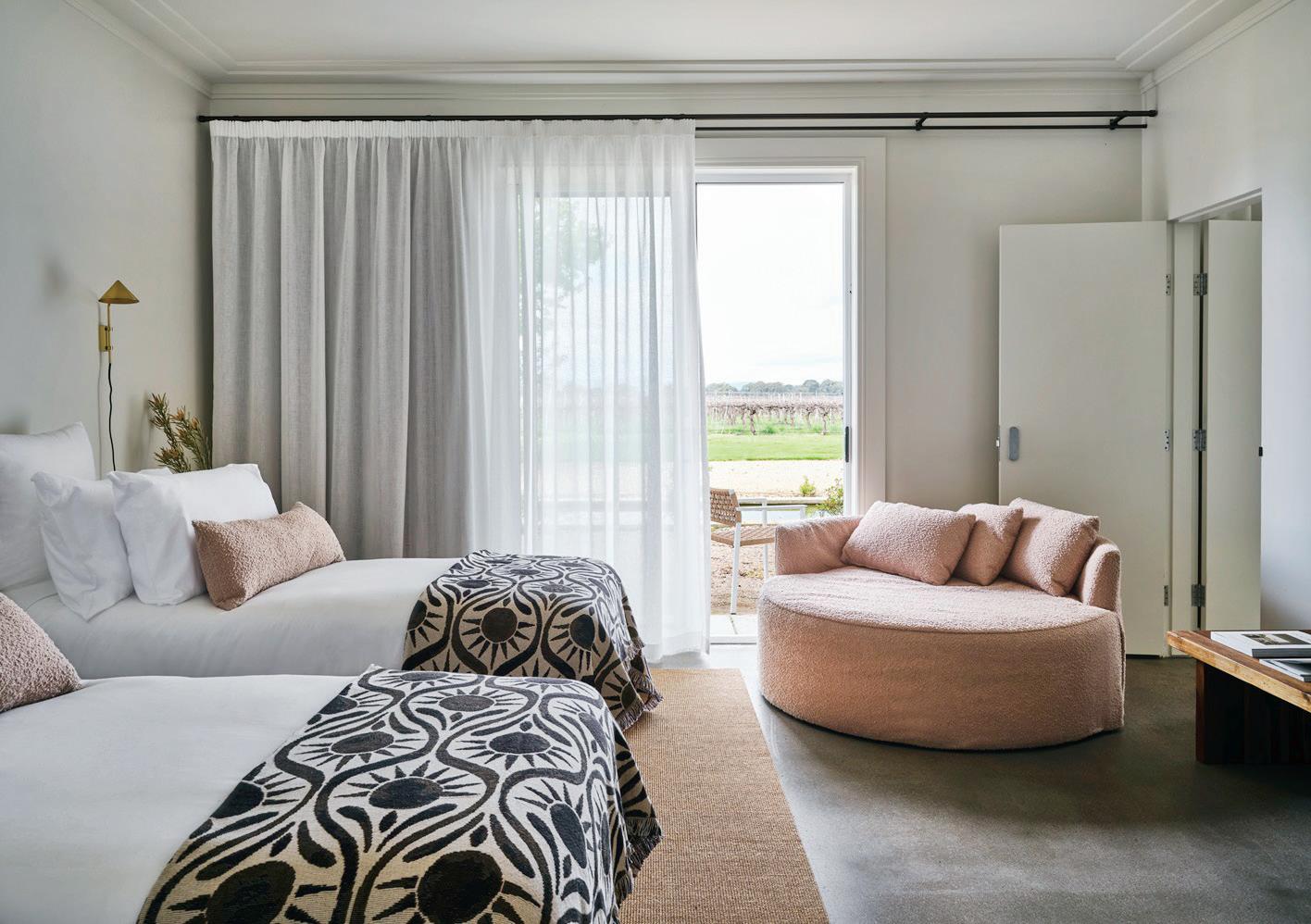
Proud to have you covered
The Natural Floorcovering Centre was delighted to assist Lancemore with the floorcovering requirements for its beautiful Milawa property.
For Milawa, an elegant but hard wearing natural sisal
product called Eldorado Pure Sisal was used to create multiple statement rugs for the property, with the rugs manufactured in Australia from imported carpet material.
We thank Lancemore for choosing an Australian small business to help them achieve such excellent results on the Milawa project.
For more information please visit, www.naturalfloor.com.au
“As for my favourite space, the Lancemore Milawa Vineyard Lounge is a highlight of the refurbishment.
“The lounge has a variety of seating sett ings: a low and generously proportioned u-shaped maxi lounge which has become like a ‘conversation pit’, as well as clustered armchairs oriented outwards to gaze at the vineyards beyond, and corner banquette seating and armchairs where you can work, dine, play a game, write a novel…”
“The lounge is anchored by a fireplace with a crescent form as a shroud, as well as a wonderfully ornate pewter chandelier above- enhancing this focal feature.”
Guests have responded well to the refurbishment, particularly as a soothing retreat that off ers travellers a modern and luxurious escape combined with the intimacy of a private home.
Lancemore Milawa is ideally suited for smaller groups and off ers spaces to suit corporate events and special occasions.
Ms Hakim added: “Our journey in
design has always been guided by a profound belief - the belief that beauty in design should hit all the senses and above all should immerse the guest with a feeling of happiness, calm, and tranquillity that is sometimes hard to obtain in today's fast-paced life.
“It is a philosophy that fuels our passion and drives us to create spaces that touch the core of the human spirit. Designing a hotel, in particular, is a privilege … It has the power to make you feel comforted, inspired, and electrified, evoking a feeling like no other.
“Lancemore Milawa is a shining example of this transformative power.
“It has been said that Lancemore Milawa is a place that celebrates the glamour and allure of the good life, I would add that it’s also a place that beckons you beyond the rabbit hole and into a world of joy, comfort, and escapism to new heights."
52 AccomNews - Autumn 2024 REFURBISHMENT
Image courtesy of The Lancemore Group


Barbecues for everyone







Our barbecue cooktops are versatile self-contained commercial cooking appliances. They integrate discreetly with any bespoke project that requires a safe, reliable, and energy-efficient cooking facility without compromising on quality, performance, or aesthetics.

Design without compromise
dachristie.com







Cracking the code:
Accommodating after-hours arrivals
By Mandy Clarke, Editor
From weary travellers arriving late at night to business professionals with tight schedules, accommodating afterhours arrivals can be tricky to manage. However, it also presents opportunities for the savvy accommodation operator.
Technological advancements have reshaped late-night check-ins. Gone are the days of waiting in line at the front desk for a room key, check-in kiosks have been a game-changer when it comes to after-hours arrivals, offering a quick and hassle-free way for guests to access their guestroom. Whether stationed internally within the hotel lobby or placed externally for added convenience, selfservice terminals empower guests to check in at their own pace. By simply inputting their reservation details and payment information, guests can swiftly obtain their room keys, all while maintaining security and without compromising on service quality.
With smartphones now indispensable for travellers, accommodation operators are also embracing mobile applications to enhance the check-in experience. Through dedicated apps, guests can complete the check-in process remotely, bypassing the need for face-to-face interaction on arrival. Additionally, the integration of digital keys enables guests to unlock their rooms directly from their smartphones, eliminating the hassle of traditional key cards. Code-based access solutions represent another leap forward in after-hours arrivals.
Advanced door lock technology and key safes equipped with programmable codes offer guests unparalleled flexibility and convenience. With personalised codes, guests can securely

access their accommodations at any time, without the need for staff assistance.
All these advances, not only reduce the workload of front desk staff but also streamline guest management and enhance operational efficiency. Moreover, the use of these systems enhances guest security and satisfies the demand for contactless experiences, aligning with health and safety concerns.
As technology continues to evolve, the future of afterhours arrivals holds even more promise. Emerging trends such as biometric verification and AI-driven guest identification are poised to further revolutionise access control. Biometric scanners, ranging from fingerprint recognition to facial authentication, offer heightened security measures while providing a seamless and personalised guest experience. Similarly, AI-driven algorithms can analyse guest behaviour patterns to anticipate their needs and preferences, further enhancing the overall stay experience.
AccomNews reached out to door lock safety expert, Steven Barnwell, Director of Sales and Marketing, Vintech Systems.
What are the best ways to stay ahead of afterhours check-in trends?
Keyless entry systems, such as RFID or mobile key technology, offer unparalleled convenience
for guests arriving both during standard business hours and late at night, ensuring a smooth check-in experience without the need for physical keys or staff assistance. Remote check-in options and self-service kiosks empower guests to complete the check-in process independently. This service is becoming the preferred option for the corporate and tech-savvy traveller.
How can hotel lock systems integrate with check-in kiosks to enhance guest convenience while maintaining afterhours security standards?
Hotel lock systems can seamlessly integrate with check-in kiosks through mobile key technology, real-time communication protocols, and robust identity verification measures. Mobile keys and cards generated at self-service kiosks are securely synchronised with the hotel's lock system. This allows guests to access their rooms independently while upholding stringent security protocols of both the property and operating brand. User-friendly interfaces further enhance the guest experience, ensuring smooth and secure after-hours access.
In what ways do after-hours hotel lock solutions contribute to streamlining hotel operations and improving the overall guest experience? This is achieved through both BLE and NFC technologies,
enhancing security, providing 24/7 accessibility, optimising operational efficiencies and enabling personalised guest experiences. By automating access control processes, reducing staff dependency, and offering personalised service delivery, these solutions elevate guest satisfaction and loyalty while enhancing operational productivity and cost-effectiveness.
How can accommodations customise lock solutions to meet their unique needs and preferences?
Accommodations can customise lock solutions by leveraging flexible, modular systems. This includes selecting features such as mobile key integration (BLE and NFC), remote access control, and personalised guest experiences. Special finishes and lock customisation, through both custom lever design and custom finishes (PVD and Powder Coat) allow customers to select tailored solutions according to specific property and designer requirements, ensuring seamless integration with existing infrastructure and future scalability.
In terms of future-proofing after-hours guest access, what are the emerging trends in door lock technology?
Mobile key, IoT integration, check-in kiosks and cloudbased solutions are all emerging trends in door lock technology. These innovative solutions prioritise security, convenience, and adaptability, offering frictionless access experiences while leveraging advanced technologies such as smartphone-based digital keys, real-time data insights, and decentralised access control mechanisms. Embracing these trends allows hotels to futureproof their access control systems and deliver unparalleled guest experiences in the evolving hospitality landscape.
54 AccomNews - Autumn 2024 SAFETY & SECURITY
© Adobe Stock, stock.adobe.com

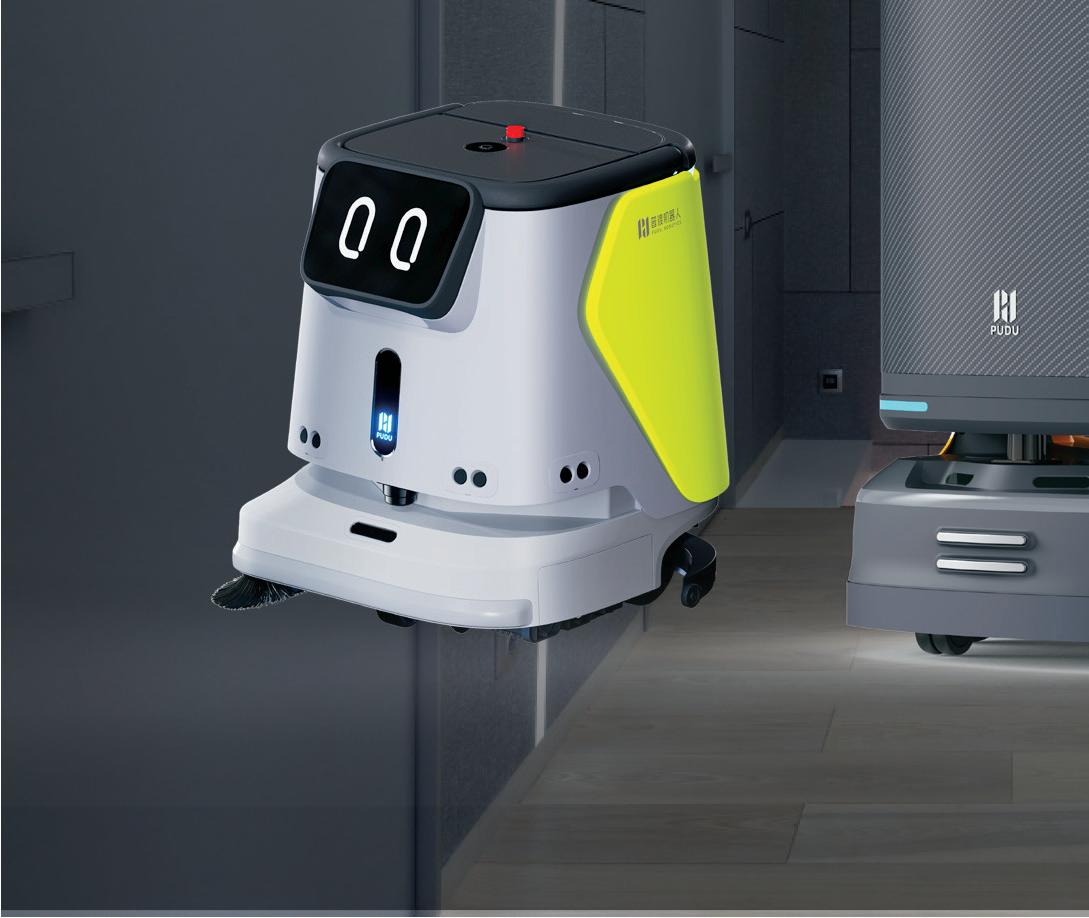



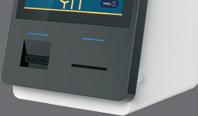

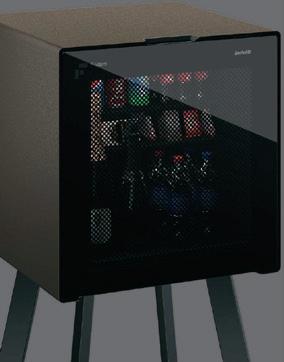
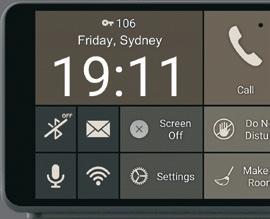



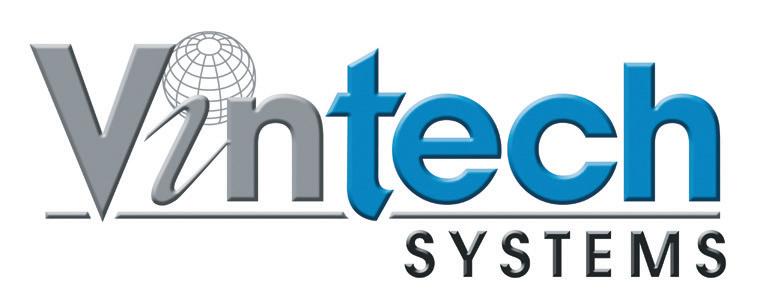
Integrating Through Technology For more information, please contact Vintech Systems on 02 9472 2000, sales@vintech.com.au or visit www.vintech.com.au Energy Management Systems Voice Assistant for Guests Minibars for Accommodation Electronic Storage Solutions Kiosk & Key Hardware
Robotic pool cleaners transform accommodation maintenance
By Sarah Davison, Industry Reporter
No matter the location, a swimming pool is an attractive amenity for travellers.
For many, the ideal holiday destination conjures images of lazy days around the pool, and pools remain one of the best facilities for boosting the hotel’s turnover.
However, the guest experience can quickly be tarnished by an unclean or poorly maintained hotel pool. More than just unsightly, an unclean pool can also be a health risk, increasing the likelihood of waterborne illnesses and infections.
And while regular pool maintenance is essential for preserving water quality and
the lifespan of this popular amenity, employing contractors or training staff to manually clean the pool can be costly and time-consuming.
As an alternative, robotic pool cleaners can assist accommodation operators by ensuring their pool is sparkling clean year-round, whilst requiring minimal manual labour from staff.
Fluidra Commercial Australia’s Projects Manager Adrian Schruhm said pool cleanliness is essential for ensuring guest satisfaction and robotic pool cleaners can help operators maintain a high standard.
“For many people, the choice of accommodation is well researched, and the available facilities make a big part of the decision,” he said.

“Swimming for both fitness and relaxation is continuing to be a feature guests are looking for and being able to use a pool which is crystal clear and well maintained promotes increased usage, higher referrals and higher customer satisfaction.


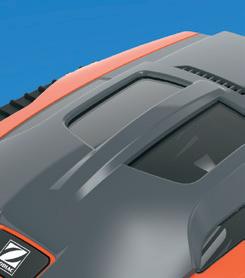
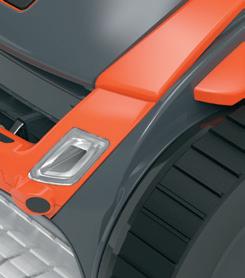
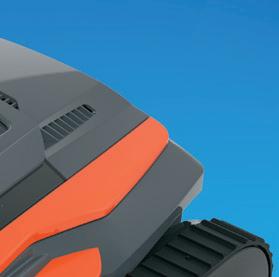
“With robotic pool cleaners being a highly efficient and simple system for facilities to maintain their pools at a high level of cleanliness, they are an essential piece of equipment.”
and removed in the morning as the pool re-opens.”
When selecting a robotic pool cleaner for an accommodation setting, managers should look for a device that can handle the demands of peak season.
“Operators should look for highcapacity debris retention, ease of use in getting the cleaner in and out of the pool along with the ability to manually operate the cleaner should a quick ‘spot clean’ be required,” he said.




Adrian added that robotic pool cleaners are a sound economic choice when compared to the cost of employing or contracting someone to manually clean the pool.
“As robotic cleaners operate independently of the filtration system, they are a very economical way to maintain a swimming pool,” he said.
“Previously either a staff member or external contractor would have to manually vacuum the pool which was timeconsuming (and costly).
“Now, a robotic cleaner can be put into the pool after closing by anyone at the facility
And while technology is constantly evolving, Adrian said there were a few recent advancements to keep an eye out for.
“A recent technological advancement that has made a big impact is the mapping capabilities of units to provide maximum coverage each time they are used,” he said.
“Additionally, improved suction allows the devices to capture more debris. Lift functions which allow the cleaners to be more easily removed from the pool are also now available in some units.”
56 AccomNews - Autumn 2024 GUEST FACILITIES
www.accomnews.com.au/zodiac www.accomnews.com.au/zodiac TRX
Enter online at... Competition closes: 31st May, 2024. Terms & Conditions apply, see website for details.
WIN A ZODIAC
7700 IQ
© Adobe Stock, stock.adobe.com
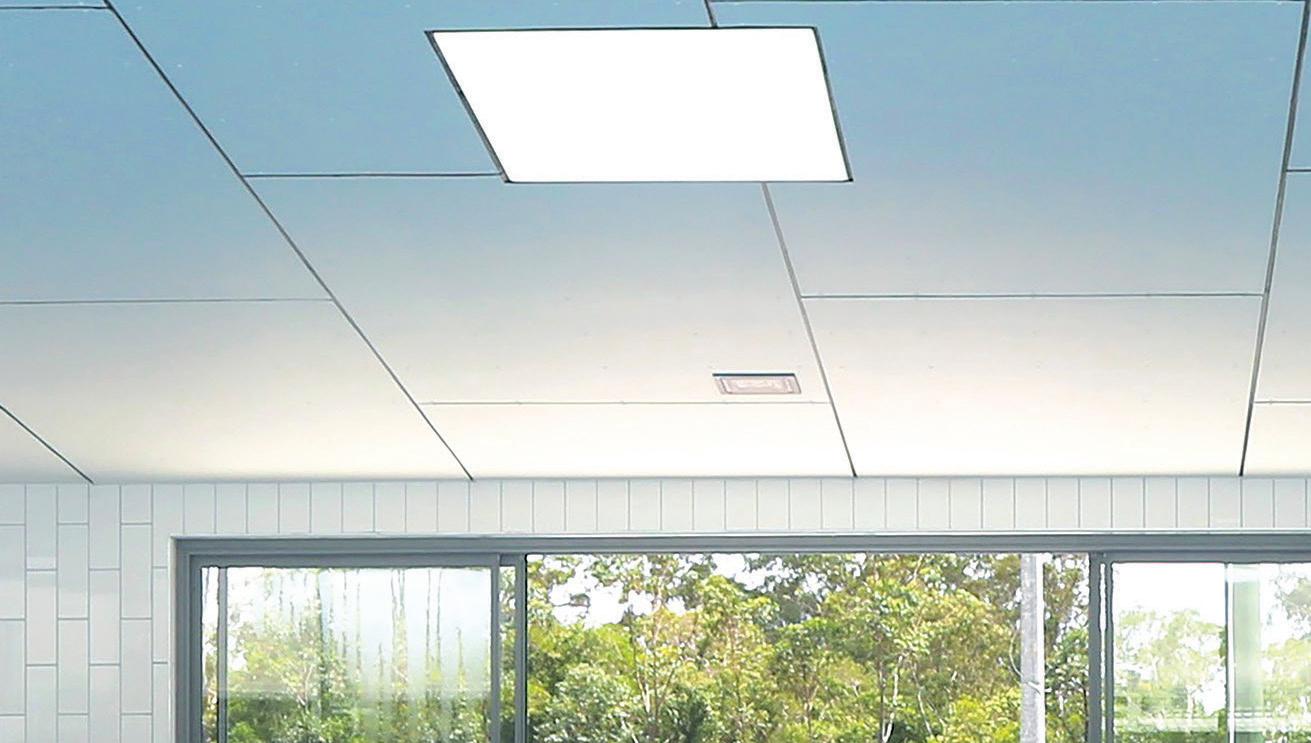

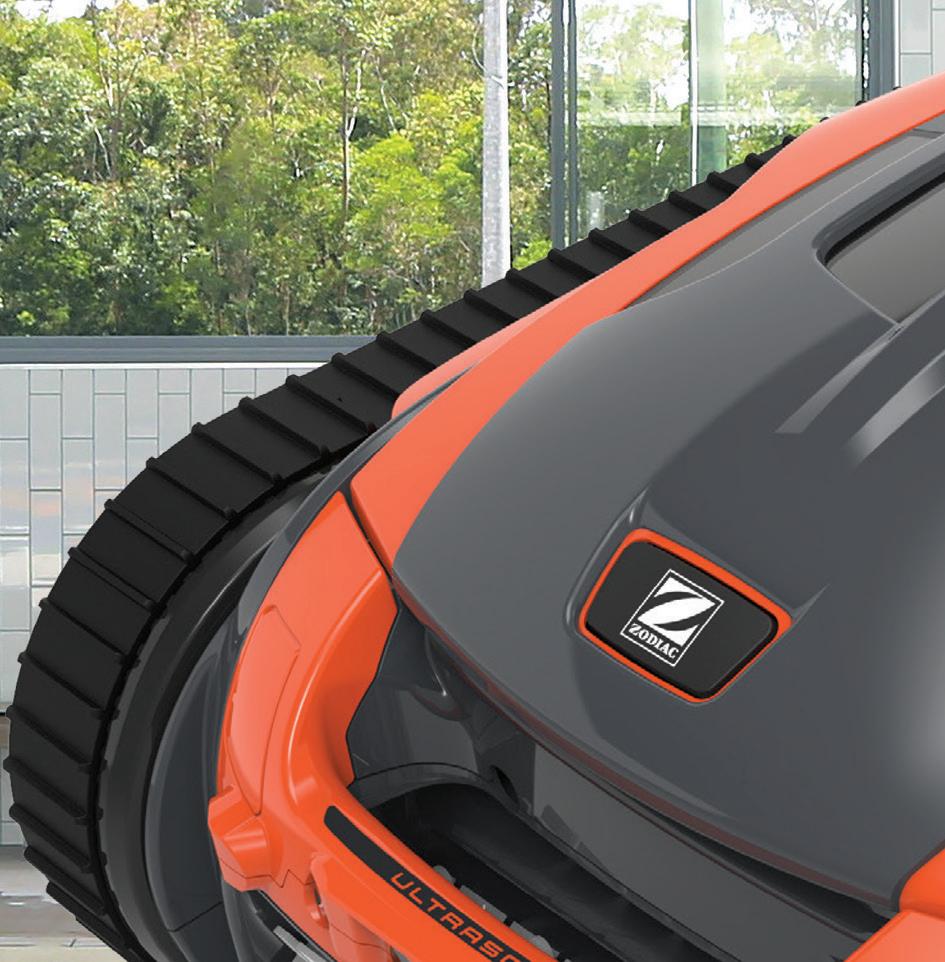
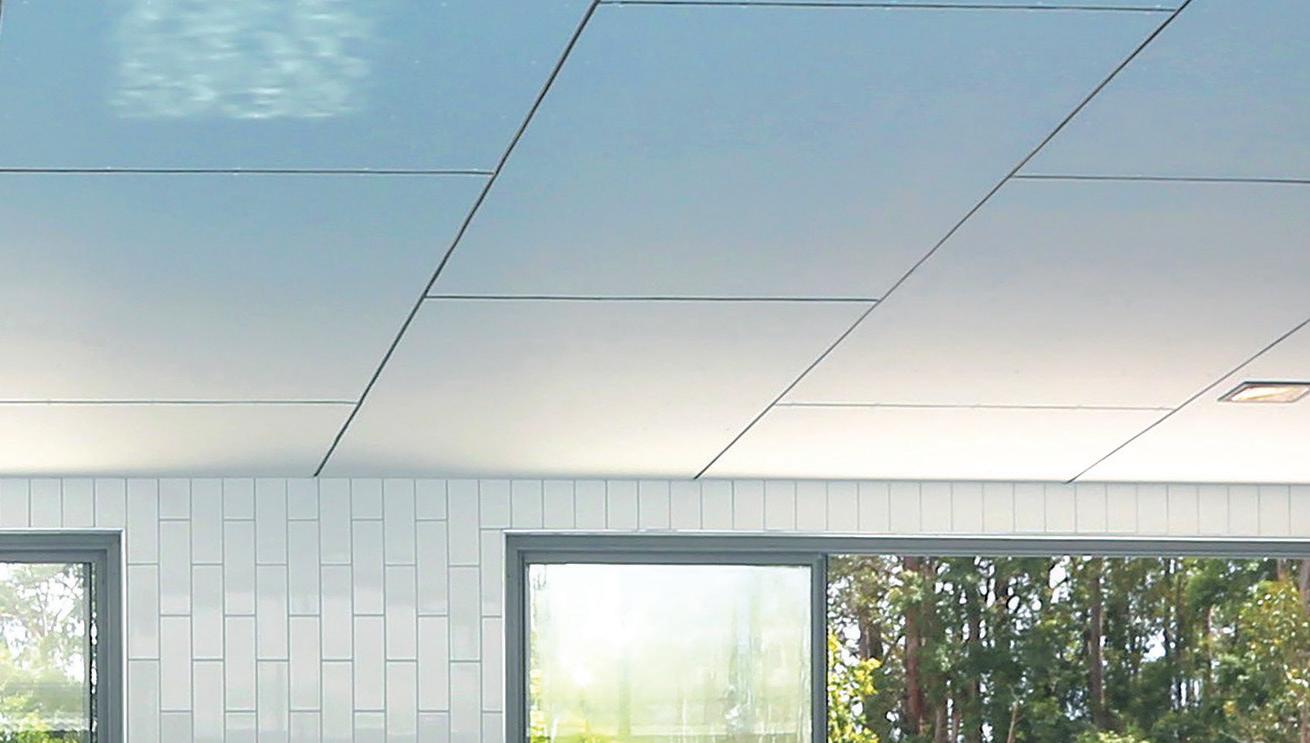


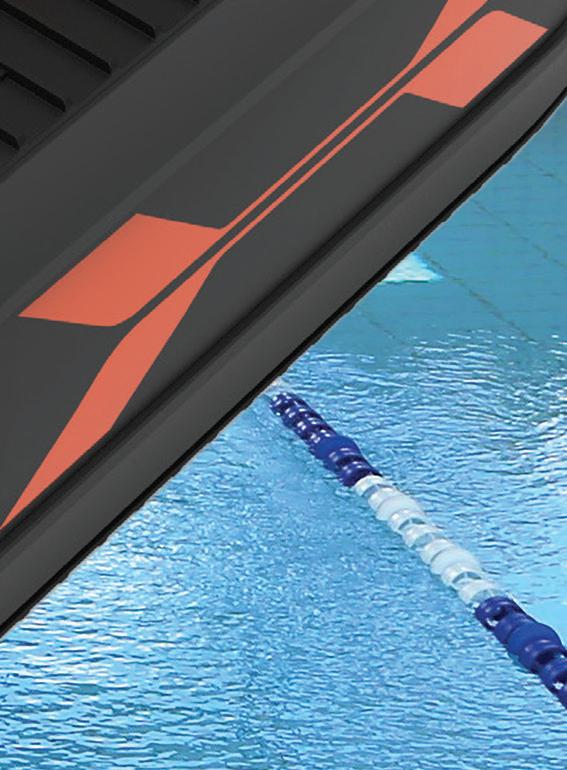









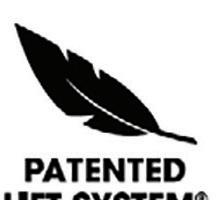

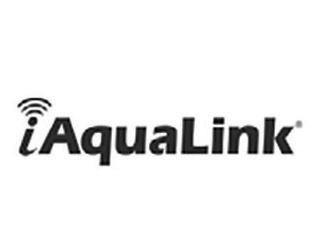

Future-proofing hospitality:
The imperative of continuous learning
By Sarah Davison, Industry Reporter
With the ever-changing needs of customers and increasing competition, hospitality and tourism businesses must ensure that their employees are well-trained and equipped to deliver the best possible service.
Nationwide staff shortages across the hospitality and tourism industry may mean professional development is key to attracting Gen Z employees and upskilling existing staff. Research has found that compared to other generations, Gen Z values clear career professional pathways and opportunities for upskilling with professional development.
With this in mind, employee training and development is not only important for improving the quality of service your business offers but also for the ongoing growth and success of the business.
Course Coordinator for the Tourism and Hospitality Management program at Edith Cowan University, Joanna Pearce, said that in an era of rapid

technological evolution, seizing opportunities to enhance skills and knowledge is paramount.
“Through my work, I frequently encounter enquiries about the most effective education and training pathways for established and aspiring professionals in hospitality and tourism,” Dr Pearce said.
“While there are many training opportunities out there, as a first step, it would be prudent for individuals to undertake
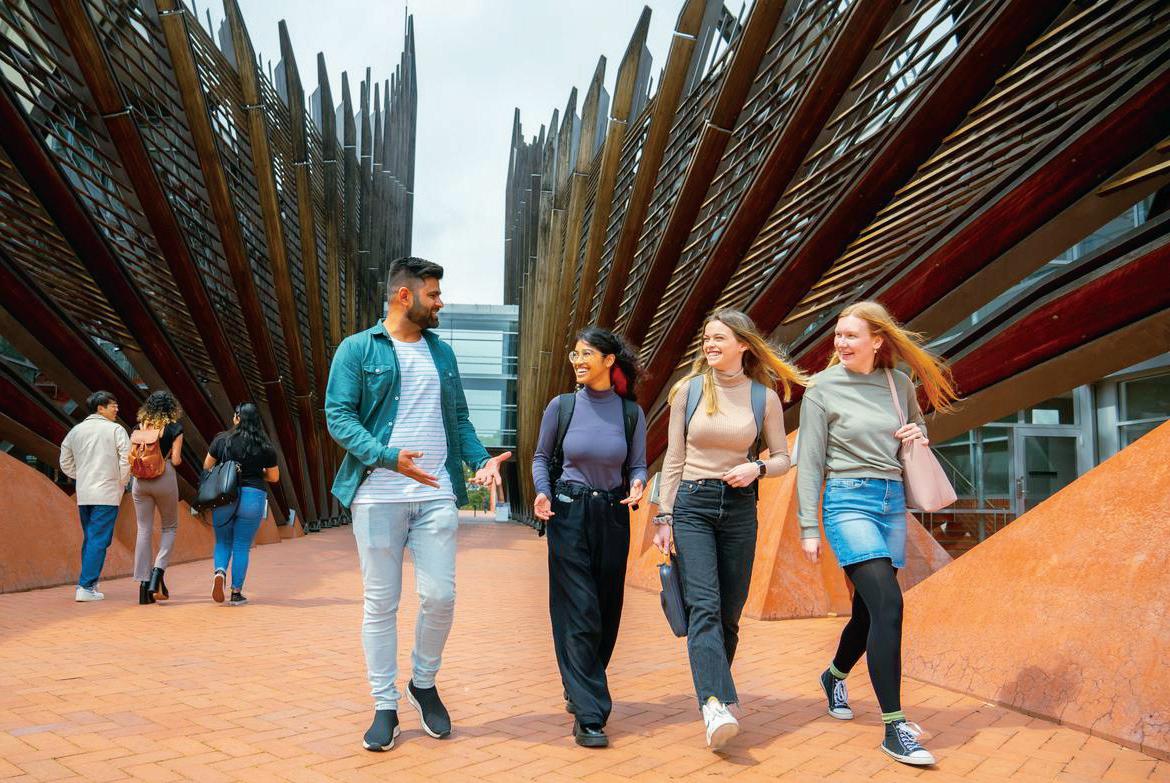
some reflection on what their weaknesses are, or areas that they may lack skills or knowledge, to find the most appropriate one for their own individual success.”
While many hospitality professionals hone their craft on the job, Dr Pearce believes there is value in exploring further education.
“Many people who work in hospitality have a passion for it, and they want to get stuck in and get their hands dirty,” she said. “However, we also need people in our industry who can step back and see the bigger picture. These are sometimes referred to as ‘graduate skills’ or the ability to be a ‘reflective practitioner’.
“These are the people who ensure that your organisation does more than just get very good at crisis management –they will change the way you work to improve things for your customers and your employees.
“Upskilling is an essential part of that ability and is necessary for career progression, as well as opening up new
opportunities that were not previously considered or even existed, such as social media.”
What sort of courses are available?
For professionals looking to improve their leadership skills, learn how to manage change or want to move into a different part of the industry, a Master of Business Administration specialising in business analytics, human resource management or marketing could be valuable. For many professionals, though, short courses may be a more viable option as they look to balance work and further education.
Dr Pearce said that for those who may want to upskill in project management, a short course on project management may be the perfect solution. For those looking to explore how their workplace can better utilise new technology, a short course in ChatGPT will ensure your workplace is empowered to fully embrace AI technology.
58 AccomNews - Autumn 2024 HUMAN RESOURCES
Images courtesy of Edith Cowan University
However, Dr Pearce said that there are a range of degrees and qualifications that are beneficial for hospitality and tourism professionals.
“The hospitality industry needs people with skills in marketing, HR, ICT and HRM, but we also need people to have what is often called ‘soft skills’, such as teamwork, flexibility, listening and problem-solving skills,” Dr Pearce explained. “This is one reason why hospitality and tourism graduates are also so sought after by other sectors. Technical ‘hard’ specialist skills may get you into a job, but promotion often depends on soft skills development.”
The modern-day university
Past university graduates will find the modern-day university looks quite different, with the higher education sector embracing new methods of teaching.
“Most applications and programs have shifted to cloud-based platforms which has also improved accessibility and expanded capabilities,”
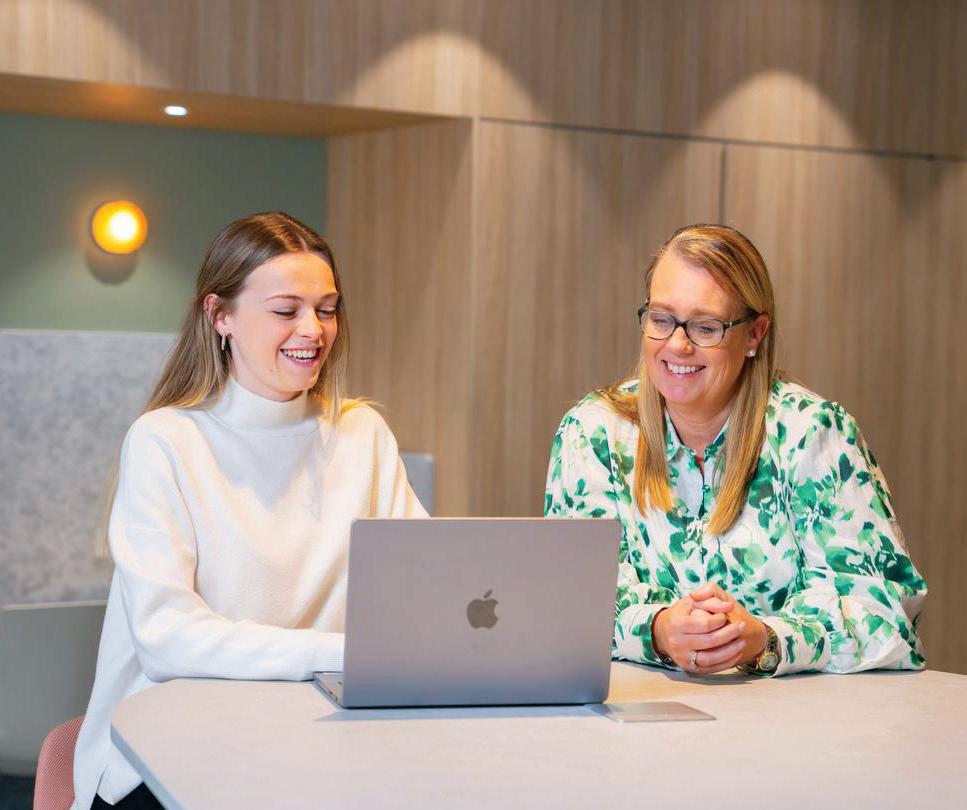
Dr Peace said. “Additionally, the evolution of simulation programs now allows students to put their skills and knowledge into practice, greatly enhancing the learning experience. The HOTS Hotel Simulation software allows students to manipulate various aspects of running a hotel, to allow them to see the effects of these manipulations as it cycles through time.
If you’re ready for front of house, make ECU front of mind
ECU is a leader in developing hospitality and tourism managers, with our business school ranked #1 in WA for quality*. Here, you can study a 6-month Graduate
“For example, students can experiment with changing seasonal pricing of rooms, adjusting marketing spend, or undertaking ‘staff training’ and see what effects these have on revenue, occupancy and staff satisfaction levels. Generative AI has also opened up a whole new world of opportunities in the higher education and training sector. The ability for GenAI tools such as ChatGPT and Copilot to
create better efficiencies in how people work is really exciting.”
And for students who faced barriers in attending campus to study, flexible learning models allow more people to access further education. “Learning can also now be done oncampus, online or a hybrid of both, creating greater flexibility in access to learning and professional development and allowing students to be in control of their personal and professional development,” Dr Pearce said.
“This has also enabled people who previously may not have been able to study due to distance or family commitments to gain a qualification. However, there is also much work to be done to understand the best blend of technology, self-service, and where faceto-face communication may add the most value.”
With the rapid rise of GenAI as well as the challenges facing the hospitality and tourism industry, Dr Pearce said it is more important than ever that workplaces are open to facilitating the ongoing learning and upskilling of staff.

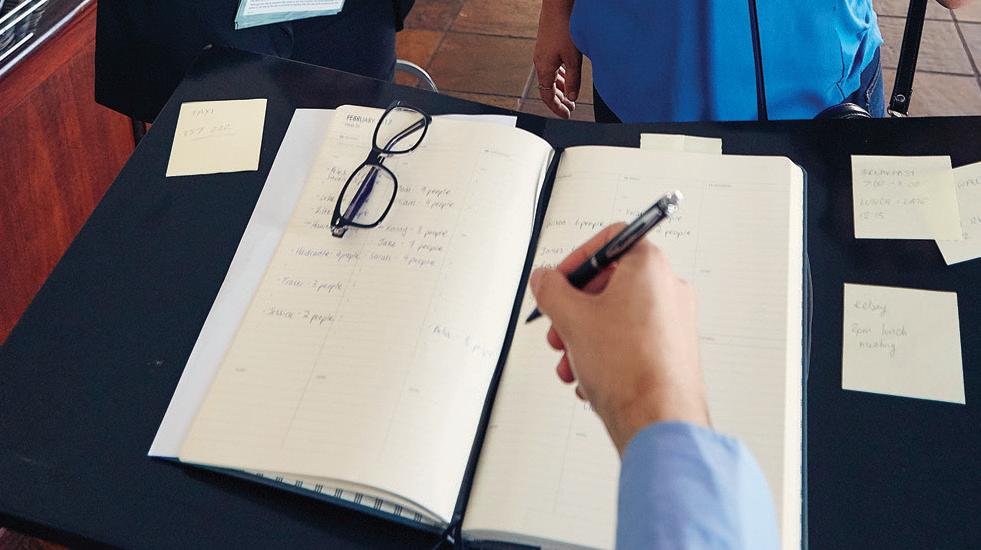


59 AccomNews - Autumn 2024 HUMAN RESOURCES
ECU.EDU.AU/BUSINESS
CRICOS Provider No. 00279B
Image courtesy of Edith Cowan University
How to embrace influencers looking for freebies
When done right, influencer marketing is the most valuable form of marketing money can buy. While it might seem audacious for influencers to request complimentary accommodation, a smart approach could unveil promising opportunities.
In recent years, influencer marketing has soared to unprecedented heights. Consequently, the hospitality sector has witnessed a surge in 'influencers' seeking perks in exchange for their online influence.
Granted, it's tempting to decline such requests outright. However, dismissing them could mean missing out on significant ROI. Authentic endorsements from

influencers can significantly enhance brand perception.
Ironically, despite hefty investments in influencer collaborations, many major brands find the resulting content inauthentic and underwhelming. It's challenging to feign enthusiasm for a brand! Conversely, when an influencer reaches out to you, it's a clear

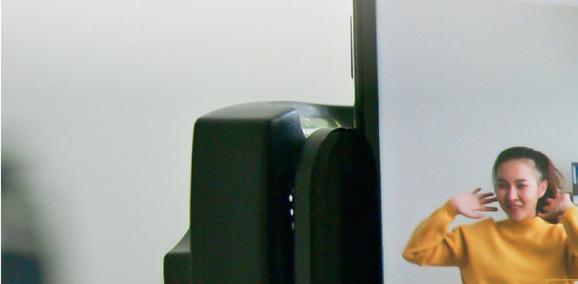
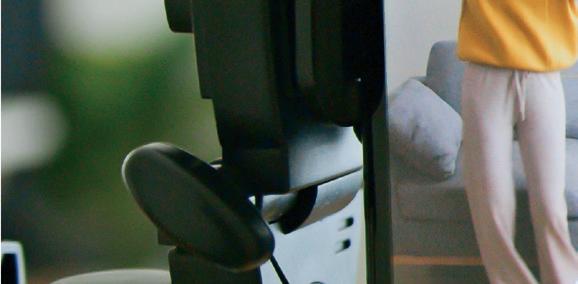

indication of their existing fondness for your establishment.
From a financial perspective, independent influencers tend to offer the most cost-effective partnerships (compared to agencies, who charge hefty fees). Moreover, if compensation is solely through bookings, attracting a single new customer could recoup your investment. The potential ROI is undeniable.
But how do you discern if it’s worthwhile?
While follower count is the go-to metric, in influencer marketing, it only scratches the surface. It's more pertinent to first categorise your influencers as content creators, micro-influencers, or macro-influencers.
A content creator — someone with a very small audience


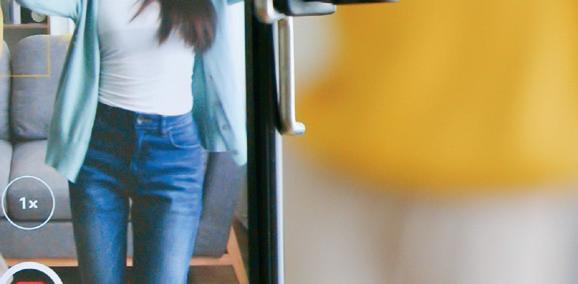

with no value to your brand, but who can produce highquality engaging content.
Micro-influencers — boast modest yet engaged followings, have audiences relevant to your brand, and are likely to drive bookings.
Macro-influencers — command large followings (over 100k), offering extensive reach and awareness capabilities, albeit with a potentially low engagement rate.
Influencer marketers employ sophisticated tools like Tagger to scrutinise an influencer's audience and gauge alignment with their clients' brands. But, for smaller operations with tougher budgets, it’s acceptable to request analytics directly from the influencer (in fact, their refusal should raise concerns).







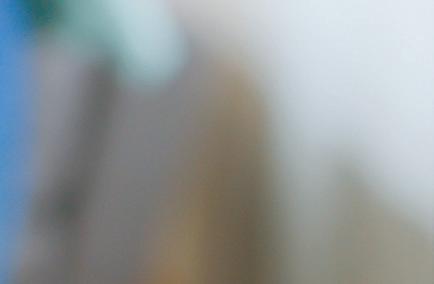

60 AccomNews - Autumn 2024 MARKETING
Op-Ed:
Henry Valentine Clarke Digital & Social Specialist henryvalentineclarke.com
© Adobe Stock, stock.adobe.com
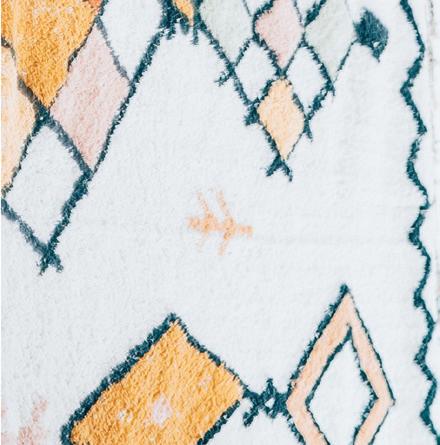

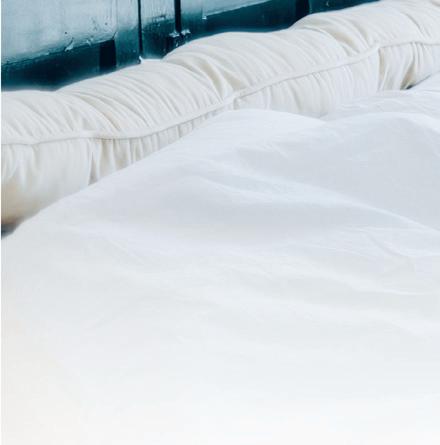
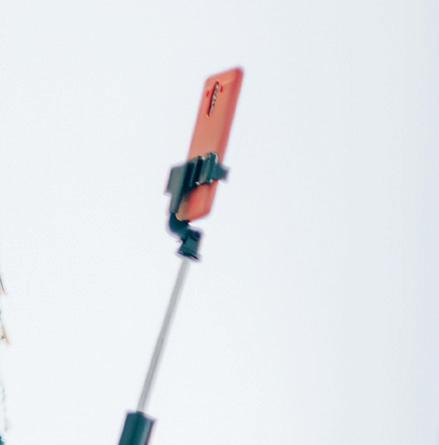
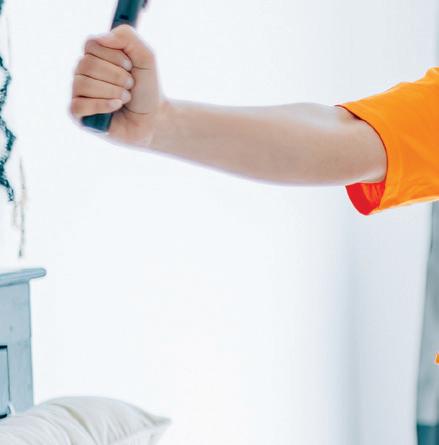

Assessing their audience
Evaluating their audience demographics (age, gender, location etc.) is crucial to ensure compatibility. For instance, a local influencer might primarily attract local followers, which won’t align with a hotel targeting interstate or international travellers. Or a luxury hotel might prove too pricey for a TikToker with young followers.
If there’s no audience alignment, that’s okay. If their content is of high enough quality, you may want to pursue a partnership with them as a content creator, not an influencer.
An influencer’s audience geographics can also give insight into how authentic (for instance not filled with bots and inactive accounts) their followers are. An unusually high proportion of followers from unrelated countries may indicate bot activity.
Evaluating content health
Another effective tactic that can help determine authenticity and value is assessing content performance. We recommend requesting data on recent content, ensuring the influencer doesn't cherry-pick their best posts. Compare reach and engagement rates, with emphasis on the types of engagements received — likes and comments are great but
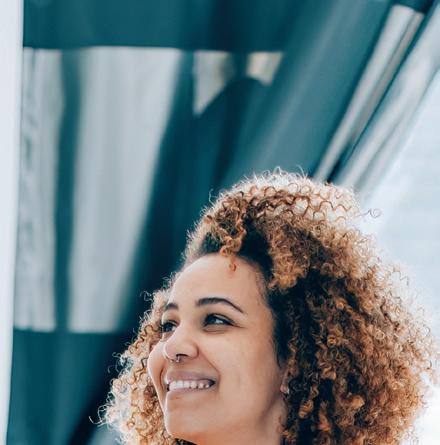
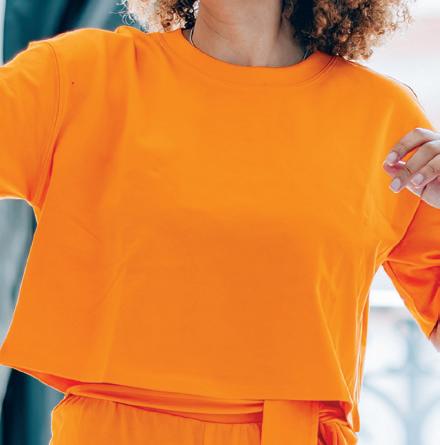

shares, saves and website interactions serve as better indicators of purchase intent.
Average content reach will give you a good indication of their true audience size. An active follower should be consistently reached with content from an influencer with healthy analytics. Is their audience just scrolling past? Or are they engaging with consistency and relevance? Keep in mind that most social media users are passive - they won’t engage with content but may have purchase intentions.
Building a contract
Once you’ve determined how valuable their audience is (or isn’t) to you — you can start negotiating contracted outputs to make the partnership worth your while.
For content creators, ownership of content created during their stay is paramount. Retain full copyright to post on your channels, and ensure you have full paid usage. Given you aren’t using their audience or distributing content via their channels — treat this negotiation simply as asset production and make sure you get your money’s worth of outputs.
For micro or macro-influencers, it’s a bit more complicated. Since the influencer retains copyright, you’ll need to negotiate a period of organic and paid usage wherein your brand will be able to use the
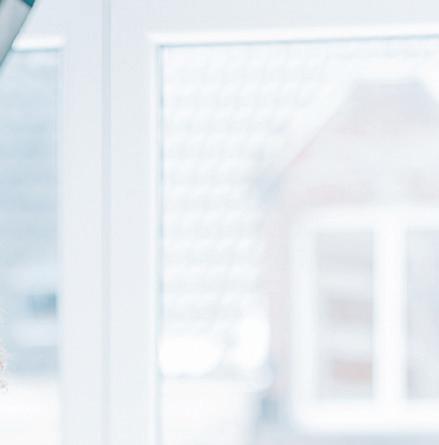
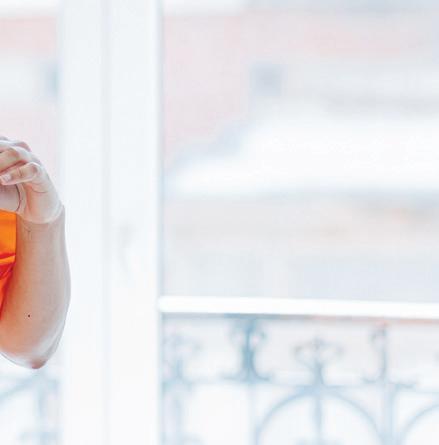

content as marketing material. You’ll also need to establish whether (if ever) the content is deleted from their channels. The contract should also cover brand exclusivity, the number of outputs, asset formats, nondisparage clauses, community management frameworks, analytics benchmarks, and detailed posting instructions.






brands can even protect their budgets by implementing affiliate systems that reimburse influencers based on new business generated, rather than offering a freebie upfront.
If that’s too much work - a simple “How did you hear about us?” form added to your booking journey is a great way to keep track of influencer conversions.
Ensure clear expectations and legal obligations to guarantee the influencer earns their perks through diligent work and the value of their audience rather than getting by on a wink and a promise.
One key detail that brands tend to miss is ensuring the native social platform paid partnership tools are utilised. These tools keep your branding front and centre and help fulfil your paid promotion declaration obligations.
Holding influencers accountable
Typically, an influencer will know how much they usually charge for a piece of content and request a package of equal value. The terms of your contract need to be written in such a way that ensures the influencer has as much a responsibility to you as you do to them.
A great way to ensure ROI is by establishing an affiliate marketing infrastructure to help track conversions generated from influencer content. Savvy
The last few key considerations
Influencer marketing can be an incredibly rewarding process. Rather than booking standardised media, you’re building relationships with the people who will define your brand. As time goes on, you can work with them on more personalised, innovative approaches, like embedding benchmarks into campaign contracts and working with influencers on possible make-good offerings if these obligations aren’t met.
I also recommend maintaining oversight and including a strict timeline, with check-ins, ample feedback opportunities, time for reshoots and final approval. Make your expectations clear and legally binding and ensure that the influencer you’re providing freebies for is putting in the work to earn it.
So, the next time an influencer requests a free stay, embrace the opportunity confidently, knowing positive ROI outcomes await.
61 AccomNews - Autumn 2024 MARKETING
© Adobe Stock, stock.adobe.com
Why hotels shouldn't rely on ROAS to measure the success of a campaign
Return on Ad Spend (ROAS)
is a familiar metric within the digital marketing landscape, often employed to gauge the efficiency of marketing expenditure.
However, for some marketers, ROAS has become the singular metric that defines whether a campaign was truly a success. While ROAS does provide a valuable snapshot of how efficiently resources are being used, it doesn't necessarily indicate the effectiveness of a campaign.
Maximising ROAS while ignoring other metrics can lead to a marketing strategy that is overly focused on lower-funnel tactics at the expense of other audiences. By consolidating this budget, marketers can inadvertently end up missing out on potential customers who are still in the awareness or consideration phases of the buyer's journey. Additionally, focusing only on those who are most likely to book can limit the overall reach and potential growth of your hotel.
Moreover, an obsession with achieving a high ROAS can also mean overlooking opportunities for incremental revenue growth. This is due to narrowing the focus predominantly on immediate returns, rather than creating sustainable growth strategies that consider the bigger picture.
When calculating ROAS for your campaigns, it's critical to remember a few important factors:
Marketing campaigns typically need a time period of two to three months to ramp up and complete the learning phase, during which time the algorithm is still optimising for best performance.
In the context of a multichannel, full-funnel marketing

program, aim for a ROAS of 10:1 to 12:1. This ensures a balanced approach, converting interested prospects into customers, while also reaching out to new audiences who may not yet be familiar with your hotel. The ultimate goal of any marketing program is to drive overall revenue. Consequently, a comprehensive measurement plan must include the total revenue generated by each marketing tactic. Revenue should be benchmarked and then monitored over time, which allows advertisers to measure the incremental revenue resulting from additional spend or shifts in marketing tactics. It's not a one-and-done but rather a continuous effort that requires regular attention.
The ultimate goal of any marketing program is to drive overall revenue
Looking beyond ROAS to measure true engagement
Cost Per Acquisition (CPA) is another vital metric marketers should look at to comprehend the holistic performance of campaigns and understand how different channels perform in comparison to each other. To calculate CPA, divide the total ad spend by the number of customers acquired.
Remember: Channel CPAs will differ, but it's essential to understand how they all interact to track multi-channel performance holistically.
A more advanced measurement strategy involves understanding the lifetime value (LTV) of each guest. This provides a multifaceted measurement of the effectiveness of your marketing efforts. By integrating
Customer Relationship Management (CRM) and Digital Marketing Attribution, you can track each guest's journey with your brand, fostering loyalty and generating future revenue through personalised retargeting and loyalty campaigns.
Remember: The higher the lifetime value of a customer, the lower the acquisition cost. While this is a long-term measurement plan, it can form a vital cornerstone in the era of a cookie-less world, offering a more sustainable and customer-centric approach to marketing effectiveness.
For hoteliers, it's imperative to partner with an agency that can effectively differentiate revenue between various tactics, such as search and display. This type of reporting ensures accurate channel tracking, as well as helping to identify the most profitable strategies.
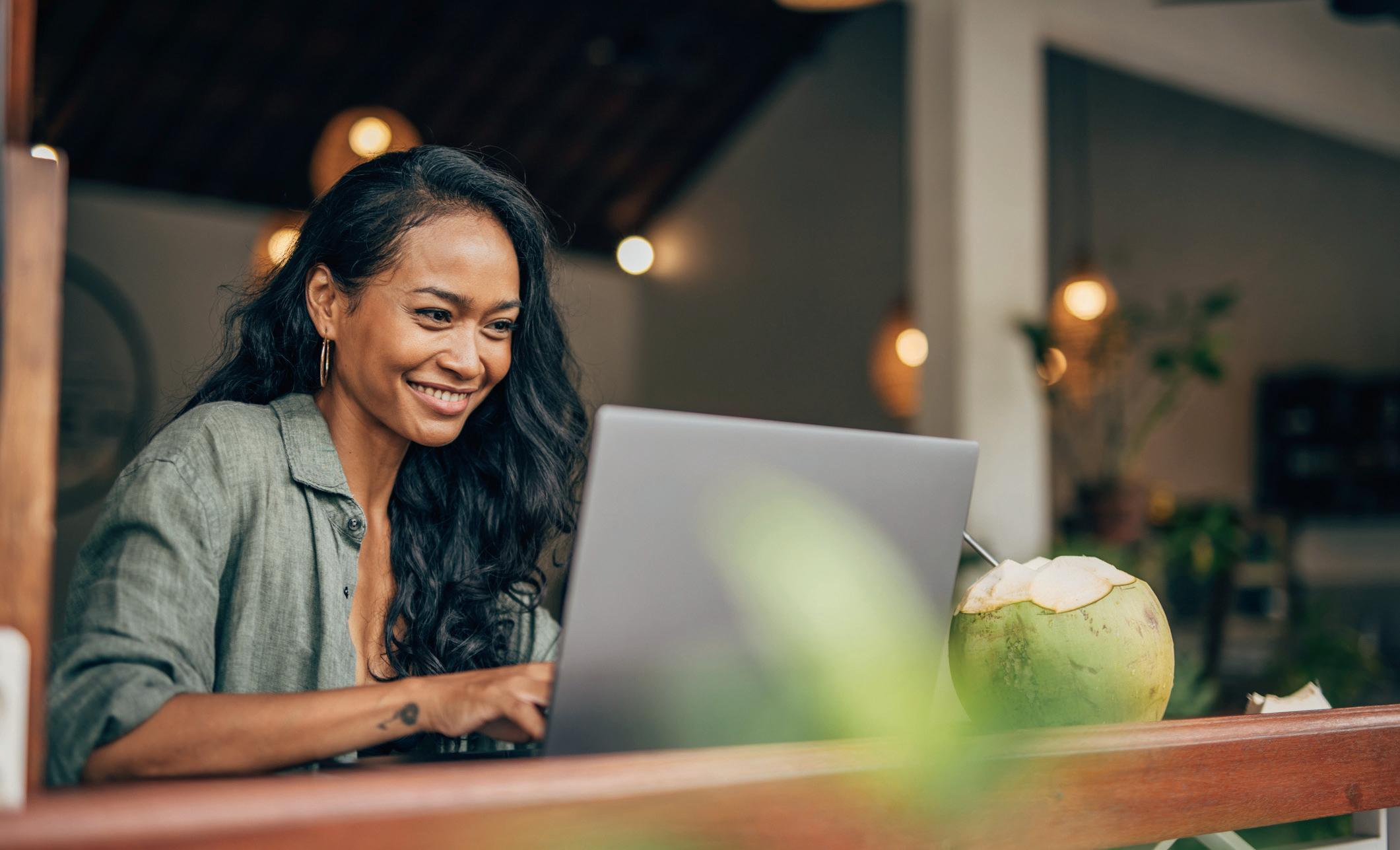
62 AccomNews - Autumn 2024 MARKETING
Tina Markowitz VP, Global Digital Strategy, Cendyn
Image courtesy of Cendyn
LISTINGS FROM ALL THE LEADING BROKERS IN AUSTRALIA, NEW ZEALAND AND THE PACIFIC ISLANDS
AUSTRALIAN BROKERS
NEW ZEALAND & PACIFIC ISLAND BROKERS OVER 1100
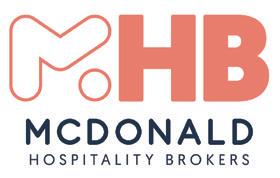












www.accomproperties.com.au
TOURISM & HOSPITALITY BUSINESS BROKERS


WAFFLE KIMONO BATHROBES
Wrapping up in the hotel bathrobe and slipping into a comfortable pair of slippers is o en the first step for travellers looking to relax in their home away from home. Now, they can do so knowing that this li le luxury doesn’t have to cost the earth! Wa e Kimono Bathrobes, the newest addition to Swisstrade’s Pure White sustainable collection, incorporates recycled materials in the production process. While the majority of the robe (60%) is made from co on, to ensure maximum comfort, 40% is PET blend (Global Recycling Standard Certified). Robes are available in both adult and kids sizes with matching slippers.
C Swisstrade P 02 9979 1500
E info@swisstrade.com.au W swisstrade.com.au
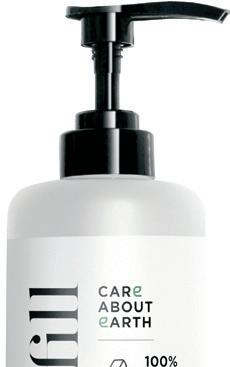
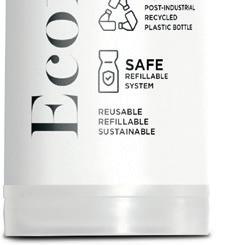
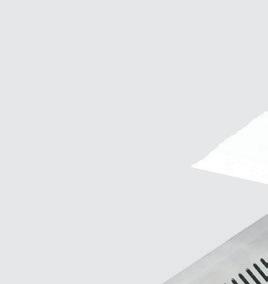
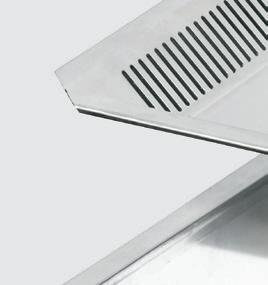
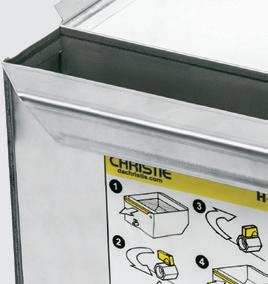

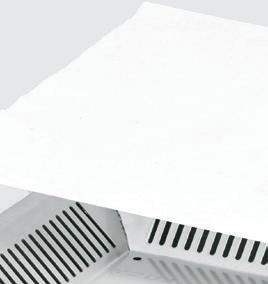
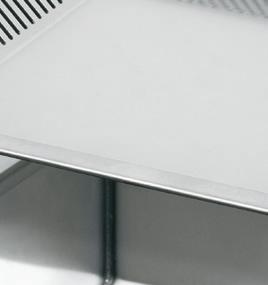
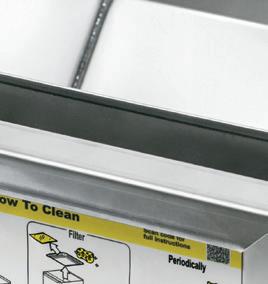
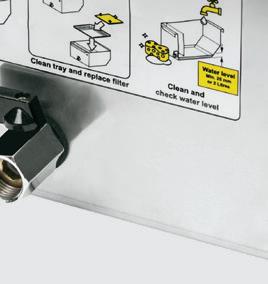


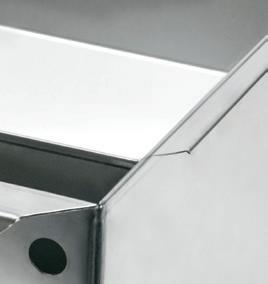
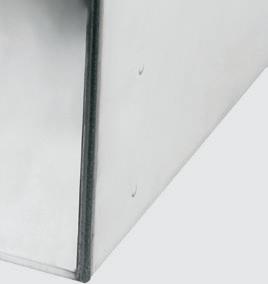


EASY-DRAIN GREASE TRAP
Cleaning your shared barbecue facilities can take time and e ort. Christie Barbecues constantly looks for innovative ways to make their clients' lives easier. Their new Easy-drain Grease Trap is easy to drain, li , and clean and o ers significant cleaning, environmental, and OH&S benefits. You can empty the raised container with the self-levelling tap rather than li ing it. When used with the optional Christie Filter Kit, it improves wastewater quality and significantly reduces cleaning time. The disposable filter reduces spla er and captures fats and oils, making the messiest part of cleaning your barbecue a simple process.
C Christie Barbecues P 03 9708 2999
E sales@dachristie.com W dachristie.com
ECOFILL: MOVING TOWARDS OUR SUSTAINABLE FUTURE
Weatherdon unveils Ecofill, a sustainable refillable cosmetics dispenser, o ering eco-friendly, user-friendly, and hygienic solution. Our patented design minimises plastic waste, with each 400ml pouch utilising just 8g of recyclable material—33 times less than conventional bo les. Sealed pouches eliminate contamination risks and the need for bulk refilling. Our user-friendly dispenser enables quick, hygienic pouch changes and can be discreetly mounted with screws or 3M VHB tape. Made from recycled plastic or recyclable polycarbonate, Ecofill aligns with our commitment to reducing plastic consumption, paving the way for a greener future for hotel amenities.
C Weatherdon P 02 9906 2202
E sales@weatherdon.com.au W www.weatherdon.com.au
64 AccomNews - Autumn 2024 WHAT’S HOT
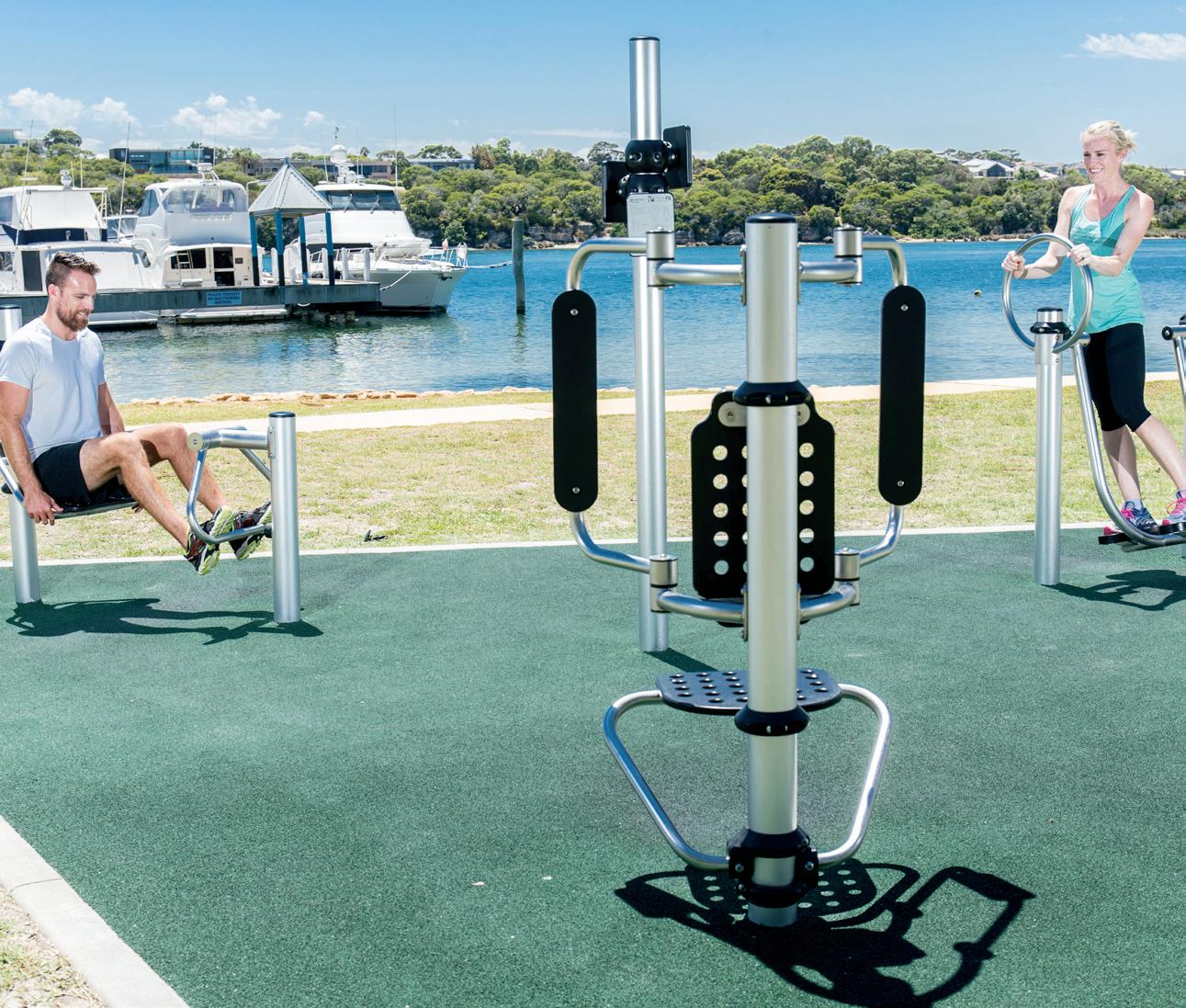
THE NET LOUNGE FROM NARDI
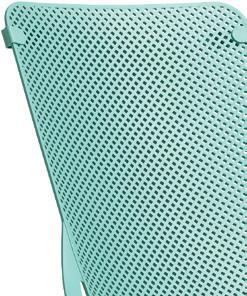

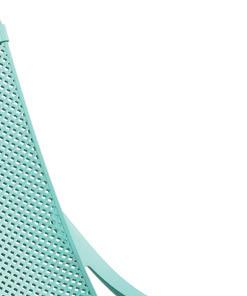




Introducing the Net Lounge from Nardi, it encompasses all you have come to expect from Nardi. Italian made with Italian flair, designed, and built for commercial use featuring fiberglass reinforced polyprop for maximum strength and durability. The ‘Nardi Net Lounge Chair’ is stackable and perfect for home use or even more importantly it’s quality and durability lends itself to commercial environments. Enquire now about the Net range or any of our resort focused products.
C Daydream Furniture P 07 5493 4277
E sales@daydreamleisure.com.au W daydreamleisure.com.au

PARKFIT OUTDOOR FITNESS EQUIPMENT
Do you want to offer your customers a gym but don’t want to spend the money on a building and equipment maintenance? Outdoor Fitness Equipment is the solution! ParkFit outdoor fitness equipment offers numerous benefits for tourist parks. It provides visitors with a unique and engaging way to stay active and maintain their fitness while enjoying the park's natural surroundings. ParkFit equipment caters to people of all ages and fitness levels promoting inclusivity and family-friendly activities. The equipment is designed to withstand outdoor coastal conditions, ensuring durability and minimal maintenance. The presence of outdoor fitness equipment in tourist parks attracts health-conscious travellers, increasing park usage and potentially boosting tourism.
C Solo Fogg P 07 3390 2188
E solo@forparkaust.com.au
W parkfitaust.com.au
GRIPFACTORY ULTRAGRIP - INNOVATIVE ANTI-SLIP SOLUTION
Brand new to Australia, UltraGrip is the invisible anti-slip treatment for smooth and/or damp floors, stairs and other surfaces made of concrete, ceramic tiles and marble. This game-changing product will significantly improve the slip resistance rating of the floor without changing the look or feel of the surface when dry. Developed and produced in Holland, UltraGrip creates microscopically small grooves in the top layer of the smooth floor. After treatment the water can drain easily underfoot, resulting in more grip and minimising the risk of slips and falls. UltraGrip is quick and easy to apply, just a 30 minute spray-on application, which is then washed off with water. Floors can be walked on immediately after, meaning minimal down-time for your business.
C Grip Factory P 1800 TO GRIP (1800 864 747)
E sales@gripfactoryantislip.com.au W gripfactoryantislip.com.au
THEY AINT HOT, BUT THEY SURE ARE HEAVY
Finally, an umbrella stand suited to resort use. 25 or 40kg concrete, stainless or aluminium stem, roller wheels, full circumference stem connection (no wobbles), In stock now and exclusive to Daydream Leisure Furniture.
C Daydream Leisure Furniture P 07 5493 4277
E sales@daydreamleisure.com.au W daydreamleisure.com.au
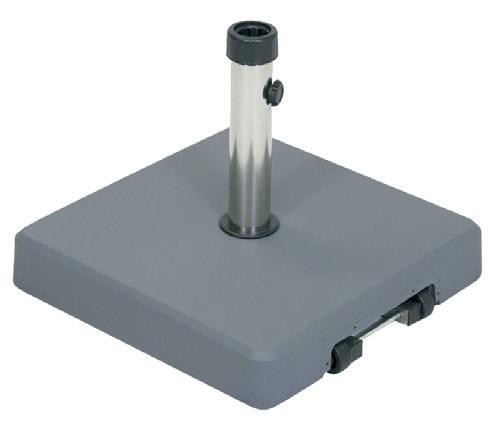
65 AccomNews - Autumn 2024 WHAT’S HOT
Preferred Supplier Programme
Assisting the industry
For over twenty five years in Australia the preferred supplier programme and directory has been an extremely valuable and e ective tool for accommodation managers.
It allows managers to access industry specialists who are committed to the highest levels of service and dedicated to the accommodation and hospitality industries. This is extremely helpful for all accommodation providers but especially new managers as it allows them to benefi t from the positive experiences other managers have had with their suppliers.
Listed below are the stages of the process that ensure only the best industry suppliers can participate in the Preferred Supplier Programme:
1. All suppliers must receive a nomination from a property currently using their services that is completely satisfied with their levels of service and are prepared to recommend them to another complex in the industry (ie. if asked by another manager they could comfortably recommend the required supplier).
2. All nominations received are then qualified through a secondary questionnaire process to ensure nominated suppliers are able to provide the highest levels of service required and expected by managers.
3. Suppliers that still qualify are then asked to commit to the required levels of service for the next 12 months guaranteeing their commitment to the industry.
4. Subject to the satisfaction of these processes and commitments suppliers






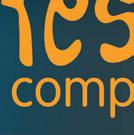
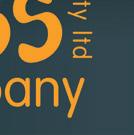
•
then go on to the Preferred Supplier Database. Only Preferred Suppliers in this database have the opportunity to utilise the Preferred Supplier logo and make their contact details available to managers via the Preferred Supplier Directory, located in every issue of the AccomNews magazine and online at accomnews.com.au.
5. Preferred suppliers have their status reviewed every 12 months to ensure they still qualify and that their commitment to the industry is being met.
With these criteria in place it means that you as a manager have access to a complete range of specialist suppliers who are actively seeking to improve their services to the accommodation industry.
For your own peace of mind when dealing with any supplier ask if they are a Preferred Supplier. This can be verified by viewing a Preferred Supplier logo – made available for use in any of their stationery or marketing material or more simply by locating them in the Preferred Supplier Directory. So when looking for products or services give yourself the peace of mind that you are dealing with a recognised industry specialist and support these suppliers who are committed to servicing your needs.
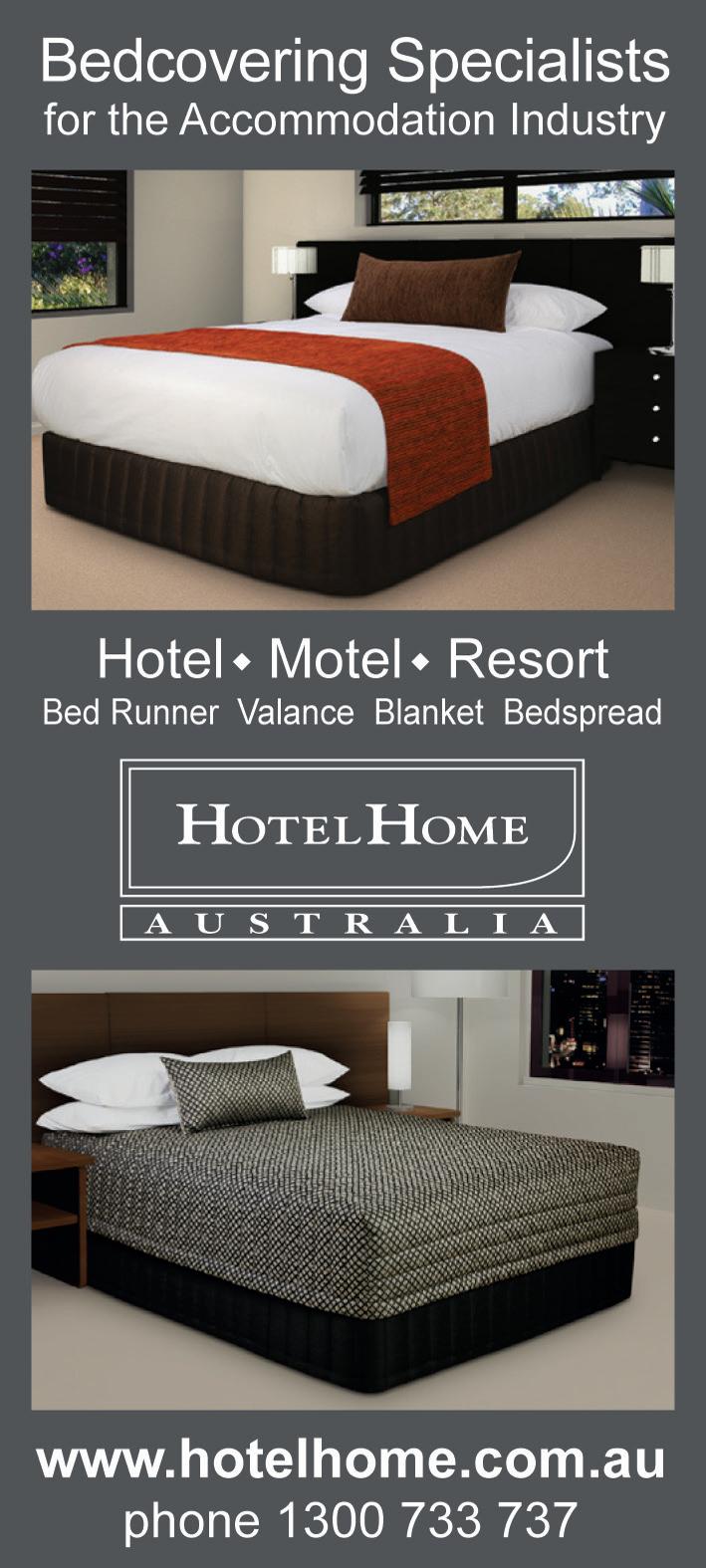
66 AccomNews - Autumn 2024 PREFERRED SUPPLIER DIRECTORY BEDS & BEDDING MANUFACTURERS OF QUALITY BEDDING QUALITY WITHOUT COMPROMISE FACTORY DIRECT PRICES
Delivering the highest standard of product designed to give long life and superior comfort
Two sided mattresses used across the entire commercial bedding range
•
•
We use only the best quality re retardant fabrics and foams which also include pest resistant treatments, as well as conforming to Australian standards Sunshine Coast ph 07 5446 7541 Cairns ph 07 4032 5133 sales@themattresscompany.com.au www.themattresscompany.com.au BED SPREADS & BED COVERING PRODUCTS ENERGY MANAGEMENT CONSULTANTS & SERVICES
leading embedded energy provider and sustainable energy experts.
806 806 altogethergroup.com.au
Australia’s
1300
FURNITURE Save time... Do it Online... The sign of an Industry Specialist www.accomnews.com.au/psd FURNITURE - OUTDOOR Suppliers of Quality Commercial Outdoor Furniture & Accessories • New Chairs • Tables • Sun Lounges • Umbrellas • Cushions & Accessories • Prompt Service Guaranteed REPAIRS - RESLINGS AND SUPPLY OF REPLACEMENT SLINGS TO P.V.C AND ALUMINIUM OUTDOOR FURNITURE 0418 765 257 www.casualfurniture.com.au coastalcasualoutdoors@gmail.com VISIT OUR SHOWROOM AT: Unit 4, No. 2 Cnr Captain Cook Drive and Kendor St, Arundel, QLD SUPPLYING ALL TYPES OF COMMERCIAL QUALITY FURNITURE, UMBRELLAS & SUNBEDS LARGE INVENTORY FOR FAST DELIVERY AUSTRALIA WIDE BEST PRICES info@kudosfurniture.com.au
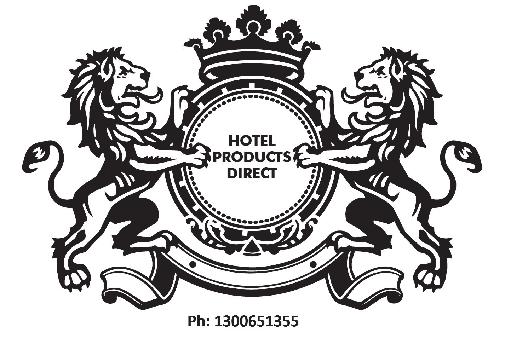

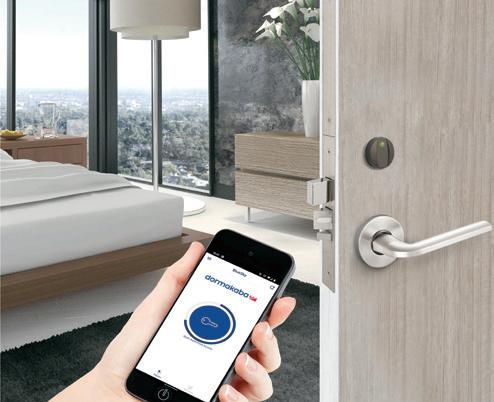
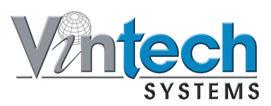


















67 AccomNews - Autumn 2024 PREFERRED SUPPLIER DIRECTORY Commercial Specialist Direct Importers Sales, Service & Repairs ¾LARGEST RANGE¾FURNITURE ¾UMBRELLAS¾SUN LOUNGES Cnr Main Drive & Nicklin Way, Warana, Qld 4575 | Ph 07 5493 4277 Acres Centre, 1/37 Gibson Rd Noosaville 4566 | Ph 07 5449 9336 www.daydreamleisure.com.au sales@daydreamleisure.com.au AUSTRALIA WIDE GUEST ENTERTAINMENT SYSTEMS Providing IPTV, Google Chromecast streaming, WiFi & touchless technology. Data Network Design & Installation. honeybadger.tech Save time... Do it Online... www.accomnews.com.au/psd HOTEL, MOTEL & RESORT SUPPLIES Hotel Products Direct is the Industry leader in online sales and supplies to the Accommodation Industry Hotel Products Direct Phone: 1300 651 355 www.hotelproductsdirect.com.au • Guest Amenities • Hotel Bed Linen • Pool Towels • Portion Control • Tea and Co ee • Housekeeping Supplies INSURANCE Save time... Do it Online... The sign of an Industry Specialist www.accomnews.com.au/psd LINEN &/or LINEN GOODS www.bevmartin.com.au SYDNEY SALES OFFICE: 1800 4 LINEN (54636) sales@bevmartin.com.au COMMERCIAL GRADE HOSPITALITY LINEN Table • Kitchen Bed & Bath Linen SECURITY SYSTEMS &/OR CONSULTANTS PREFERRED SUPPLIER SHOWCASE THE SIGN OF AN INDUSTRY SPECIALIST We at Bev Martin Textiles are a well organised Importer / Distributor of Commercial Grade Linen. With our extensive collection of high quality commercial linen, along with excellent service, we can provide an efficient solution to your hospitality needs. Please feel free to visit our website at any time to view our fabulous collections of quality hospitality linen products we can offer your business. Sydney Sales Office 1800 4 Linen (54636) Email: sales@bevmartin.com.au Website: www.bevmartin.com.au Smart Electronic Locking 02 9472 2000 info@vintech.com.au www.vintech.com.au Save time... Do it Online... The sign of an Industry Specialist www.accomnews.com.au/psd Reward your best suppliers by nominating them for the Preferred Supplier Programme. They’ll thank you for it! Simply send their details with a short testimonial to: psp@resortpublishing.com.au or call 07 5440 5322
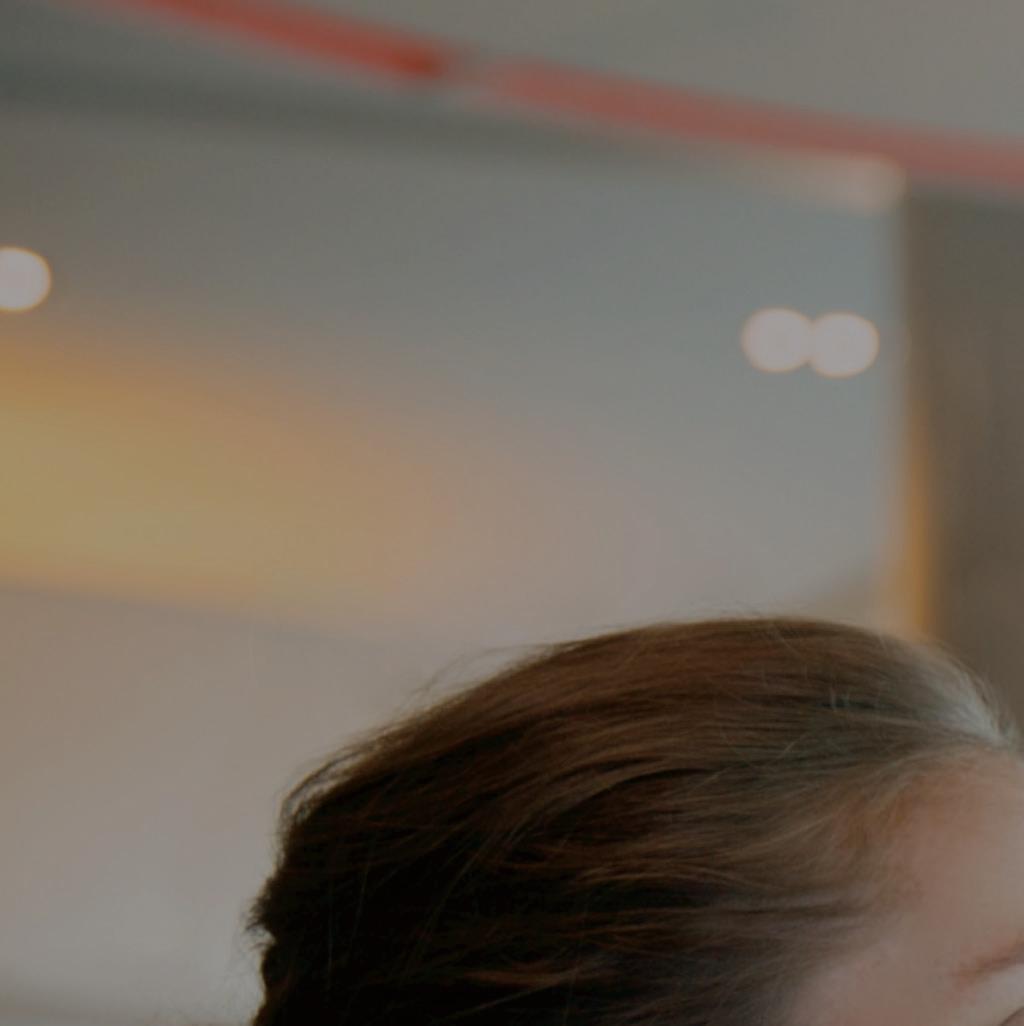







































MANAGEMENT FOR HOTEL OWNERS BY HOTEL OWNERS
Mandala will treat your asset just like our own. Hands on. Results focussed. With passion. So you can sleep soundly, knowing your investment is protected.





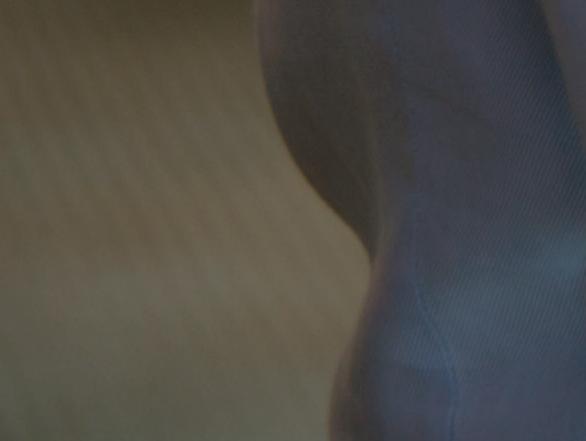
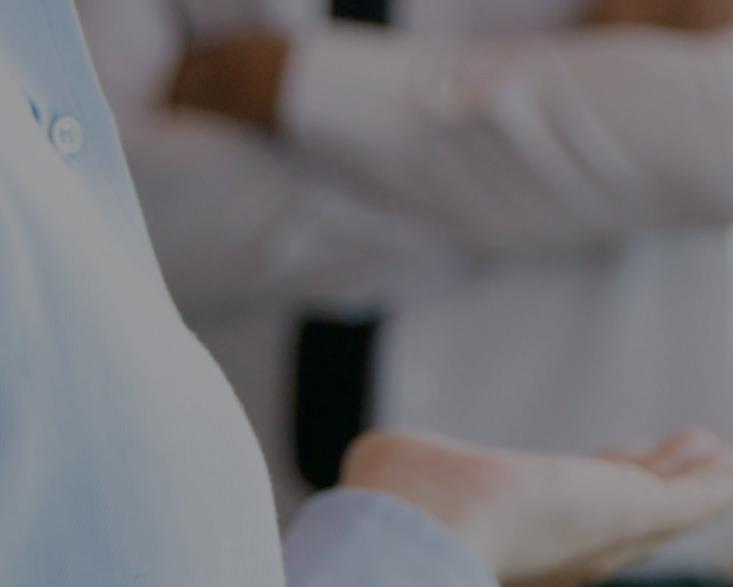














RESORTS WWW.MANDALA-MANAGEMENT.NET.AU Experience the Mandala Difference
Mandala HOTELS AND




































































































































































































































































































































 By Grantlee Kieza, Industry Reporter
By
By Grantlee Kieza, Industry Reporter
By


































































 Scott Armstrong Director of Development
Scott Armstrong Director of Development


















 By Mandy Clarke, Editor
By Mandy Clarke, Editor













 By Sarah Davison, Industry Reporter
By Sarah Davison, Industry Reporter
































































































































































































 By Sarah Davison, Industry Reporter
By Sarah Davison, Industry Reporter















































































































































































































































































































































